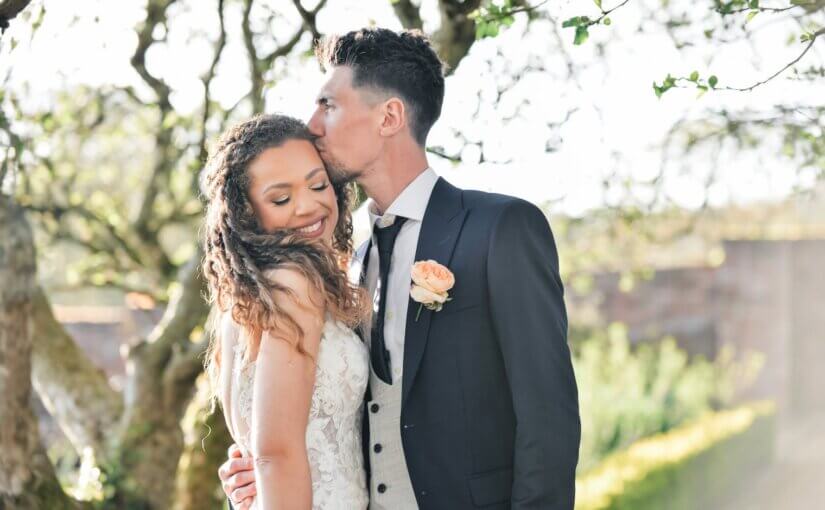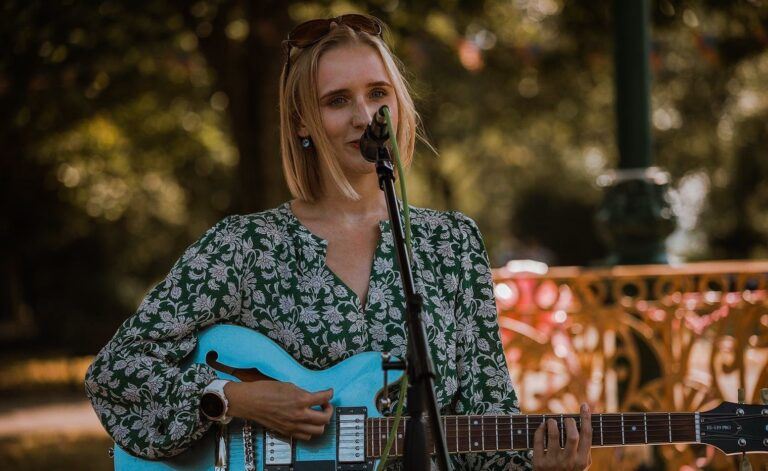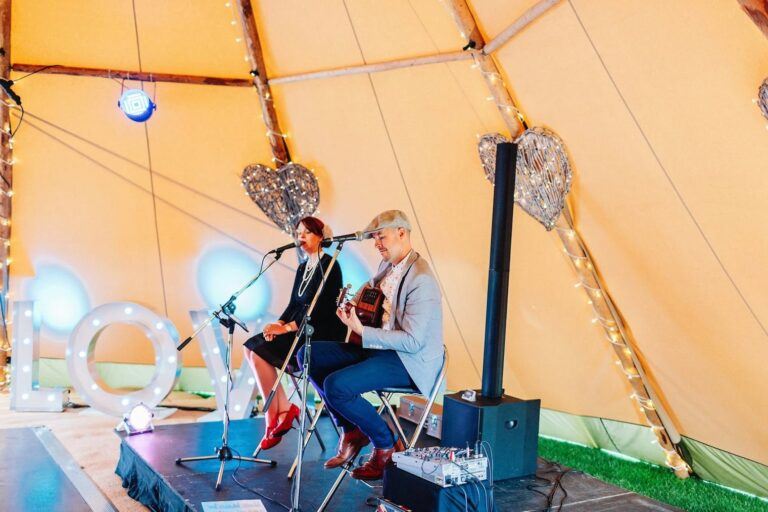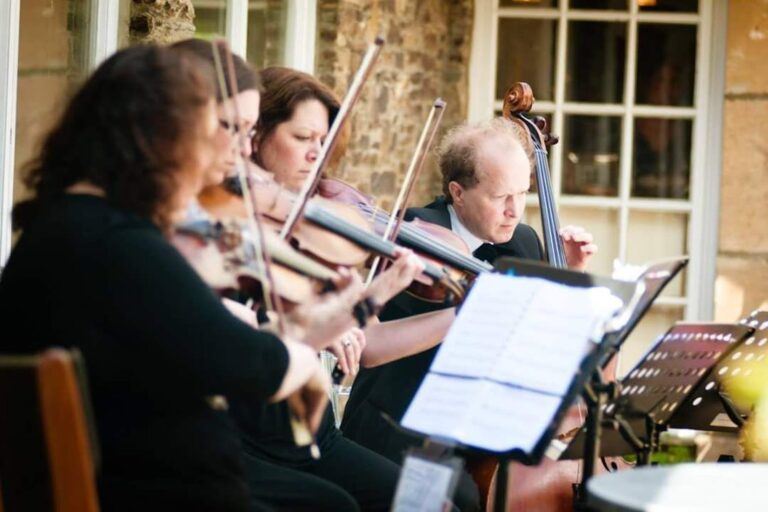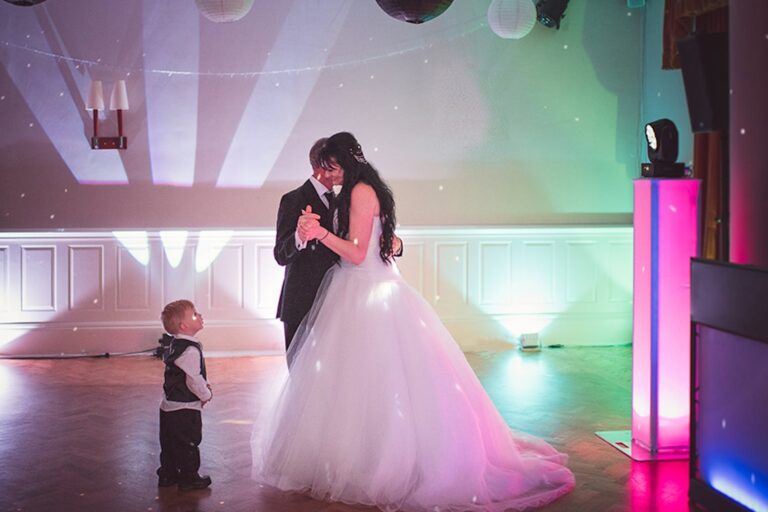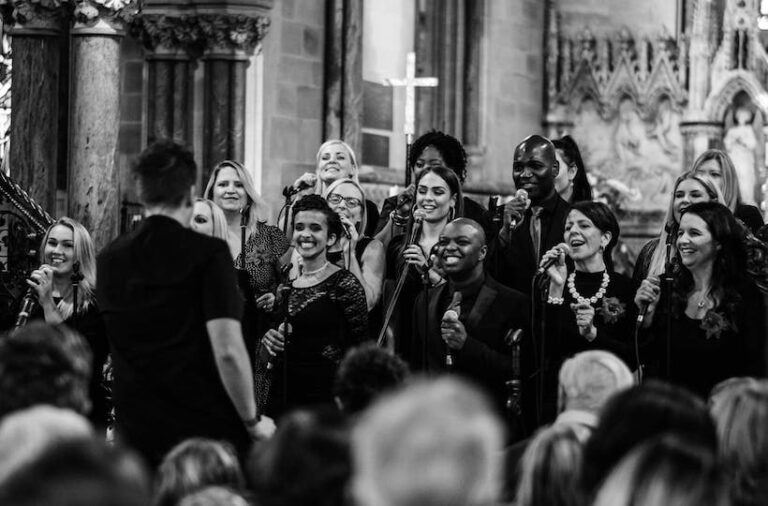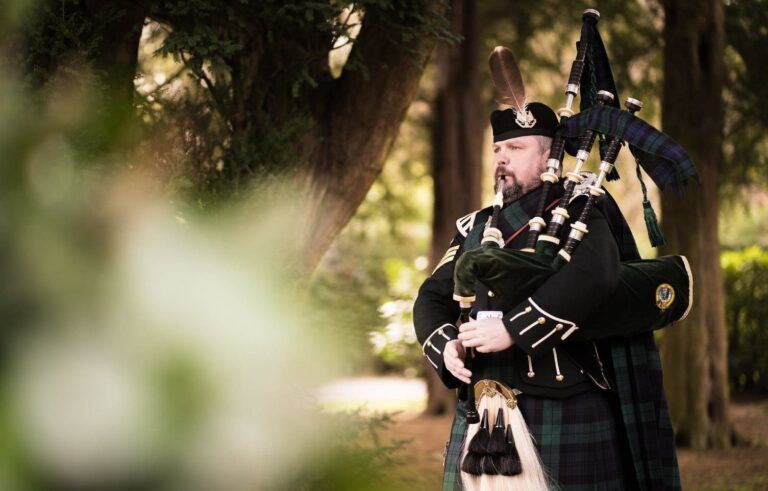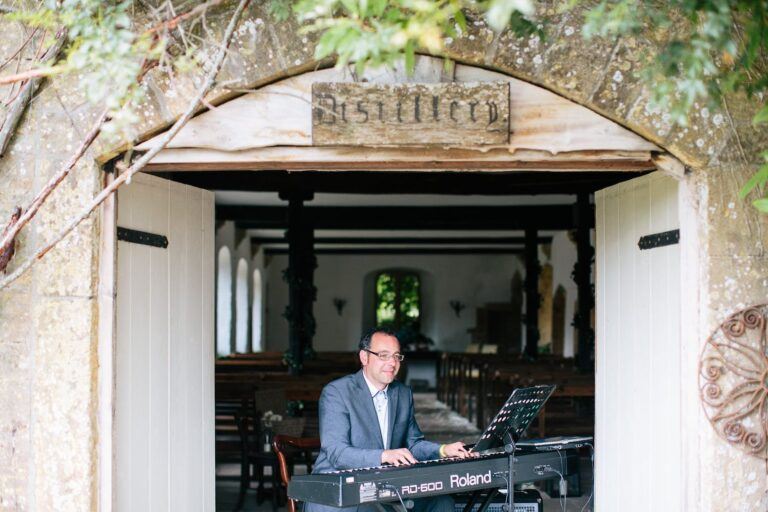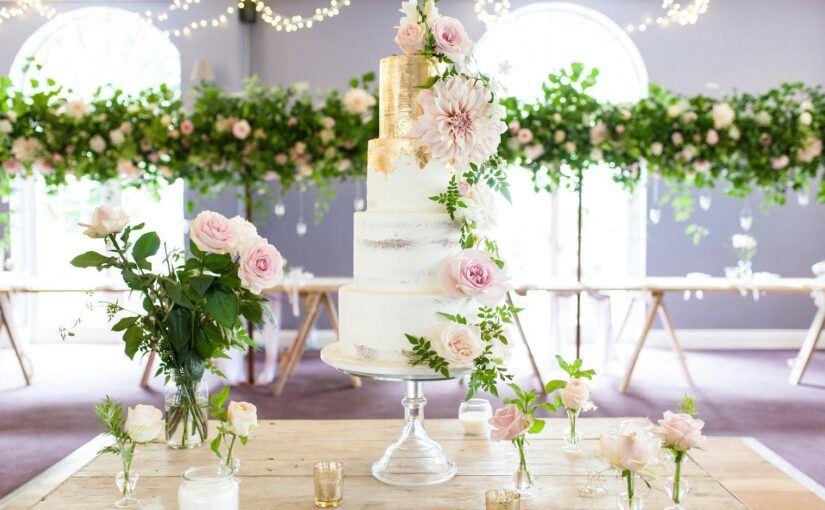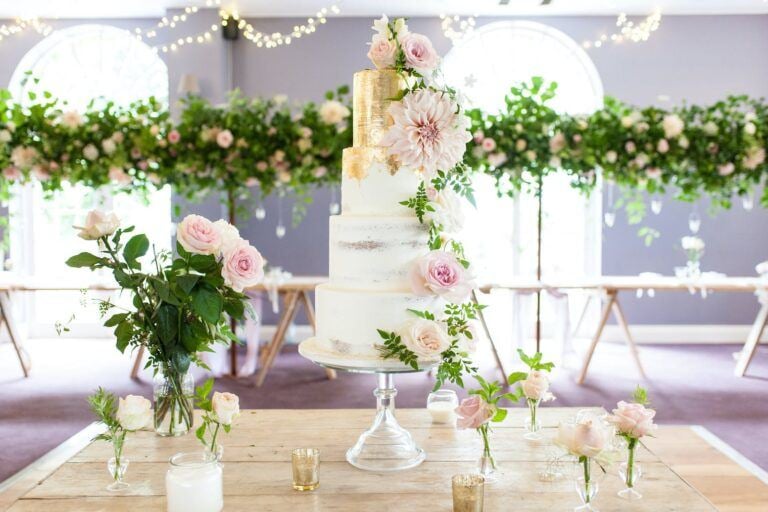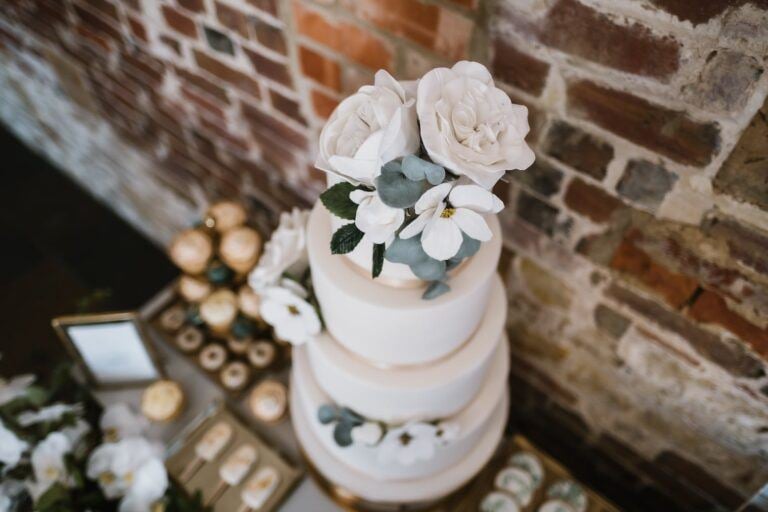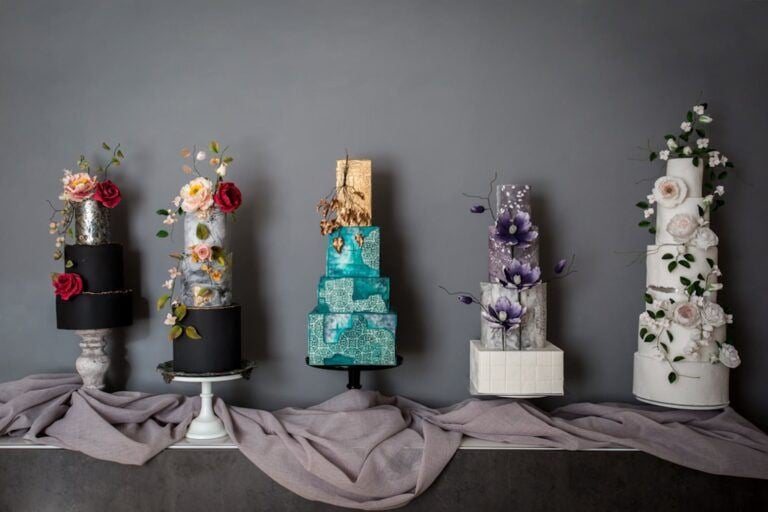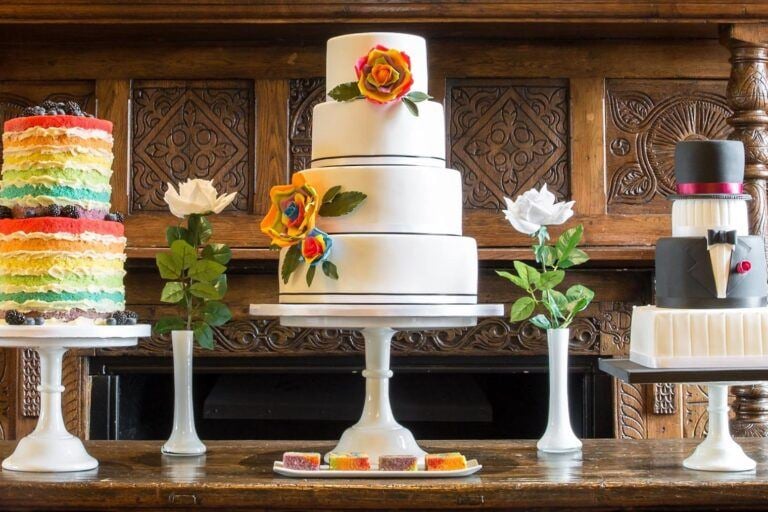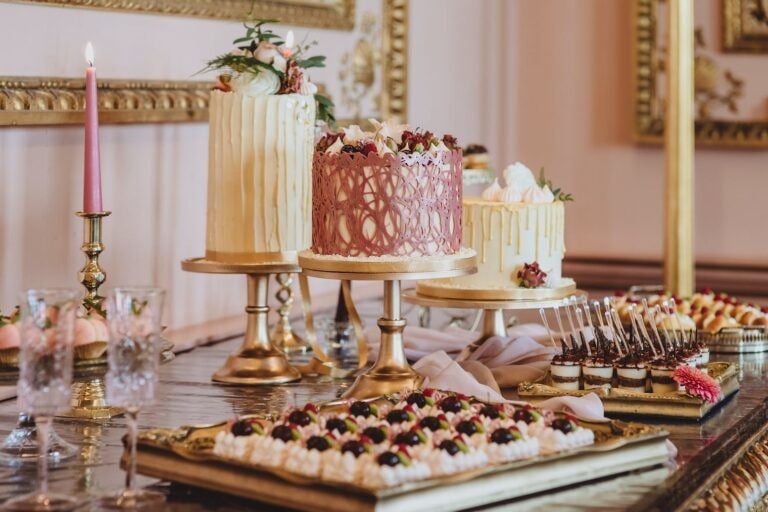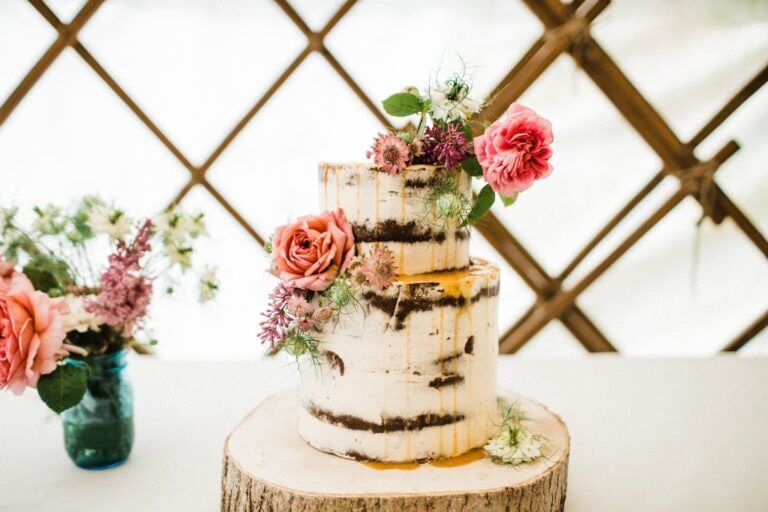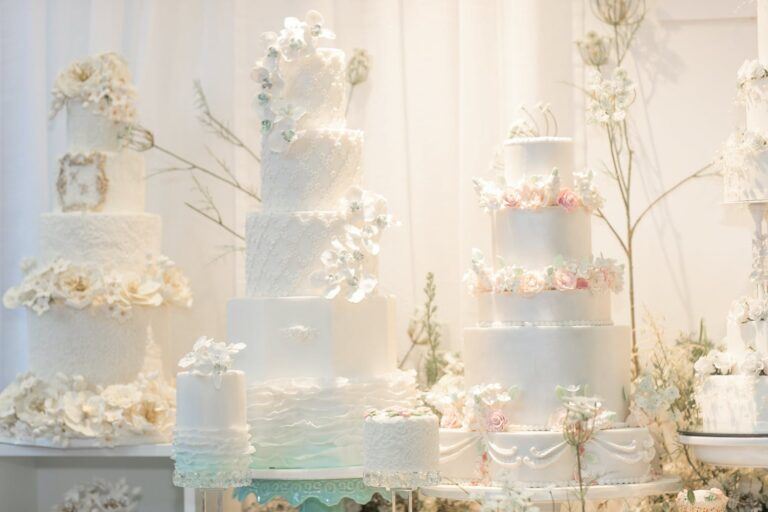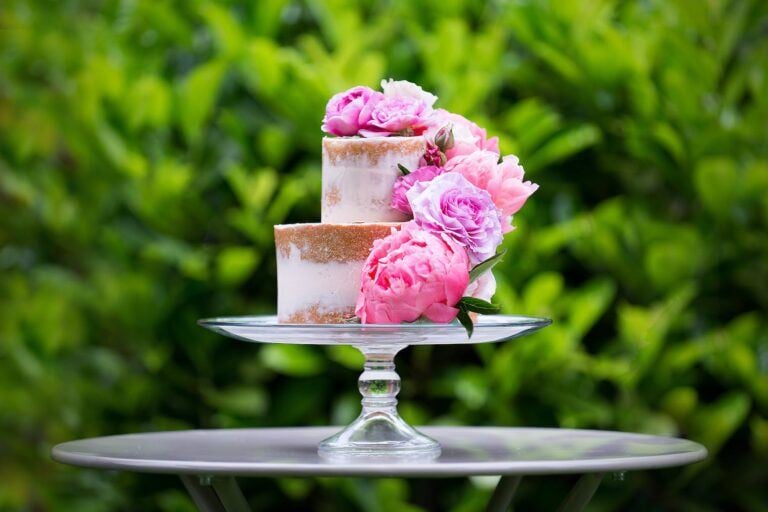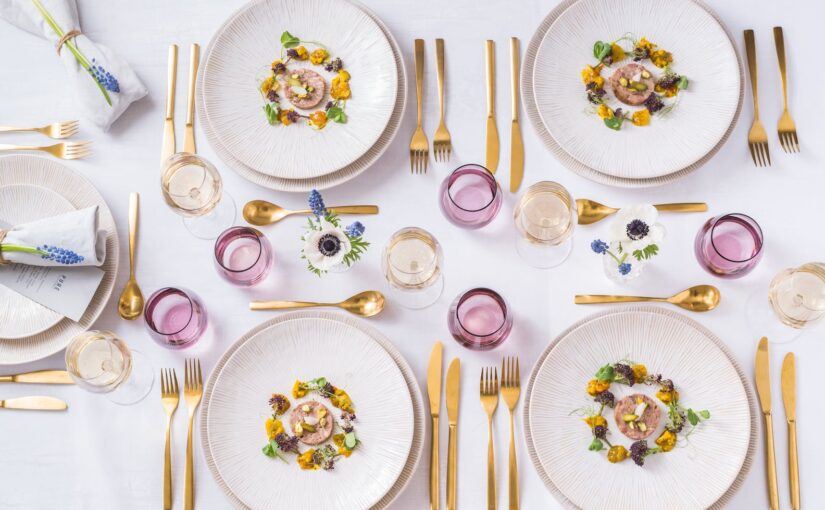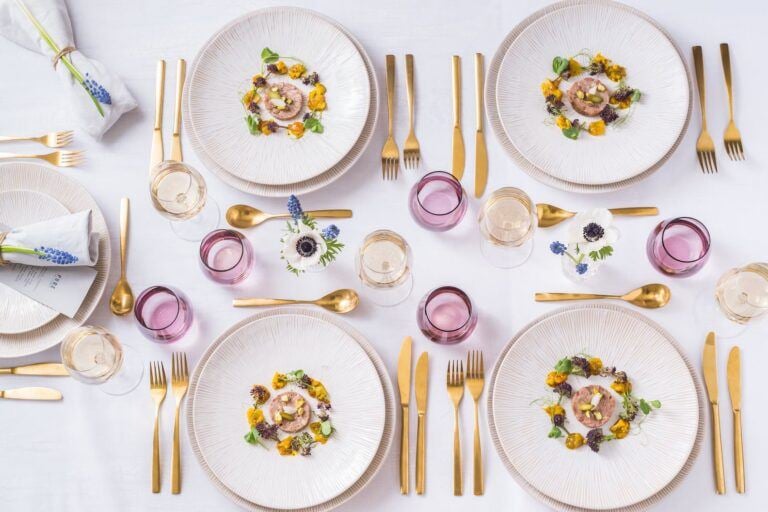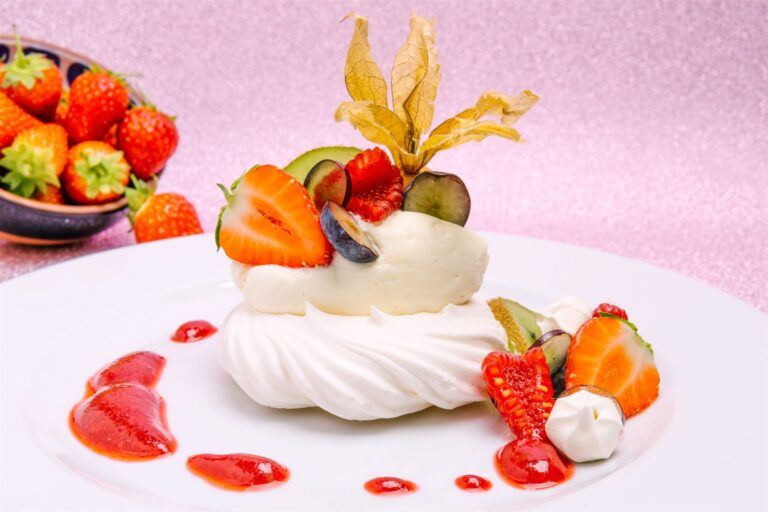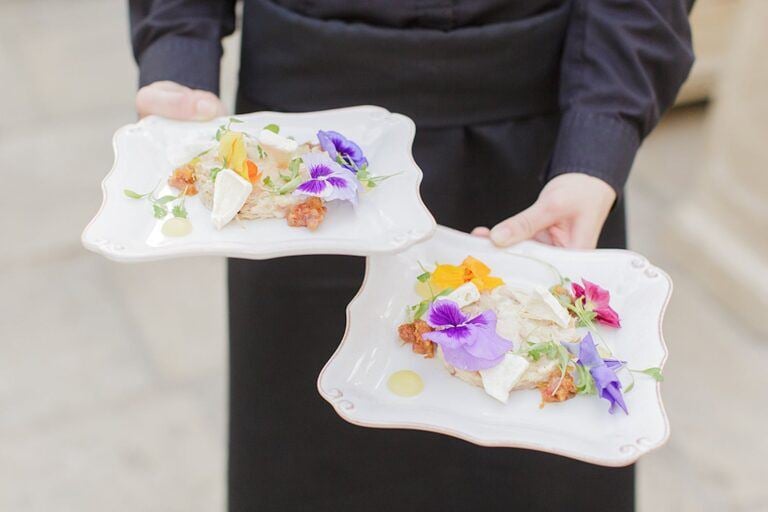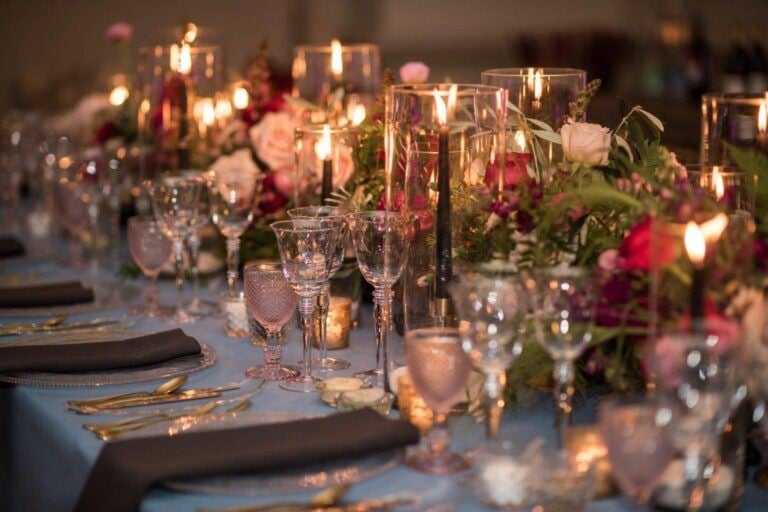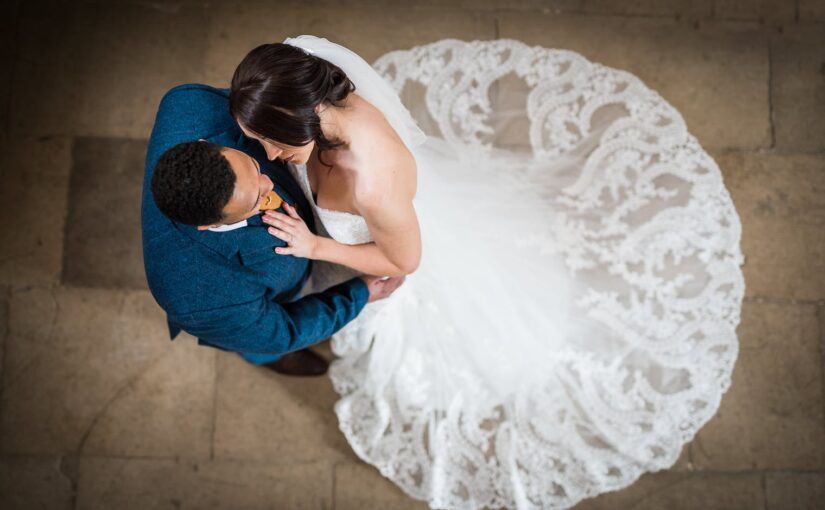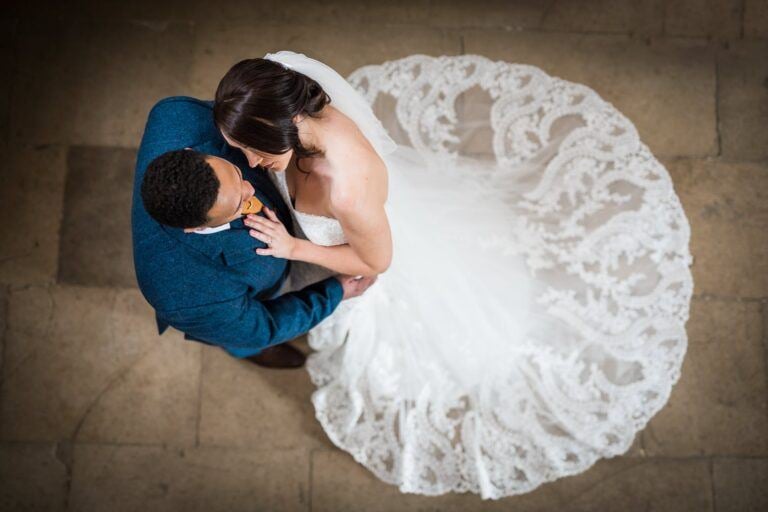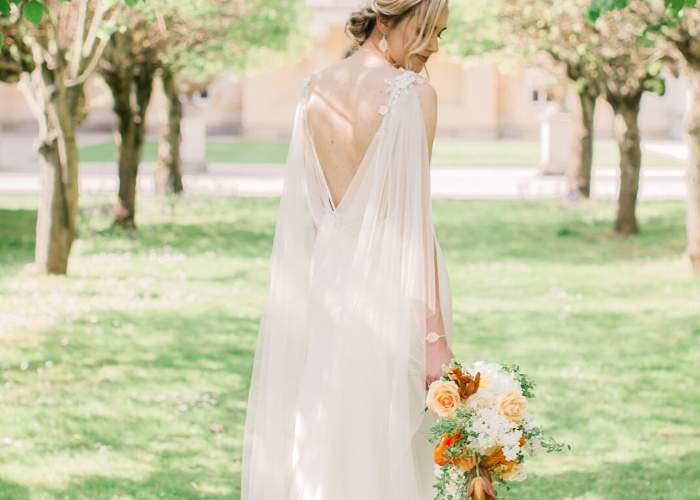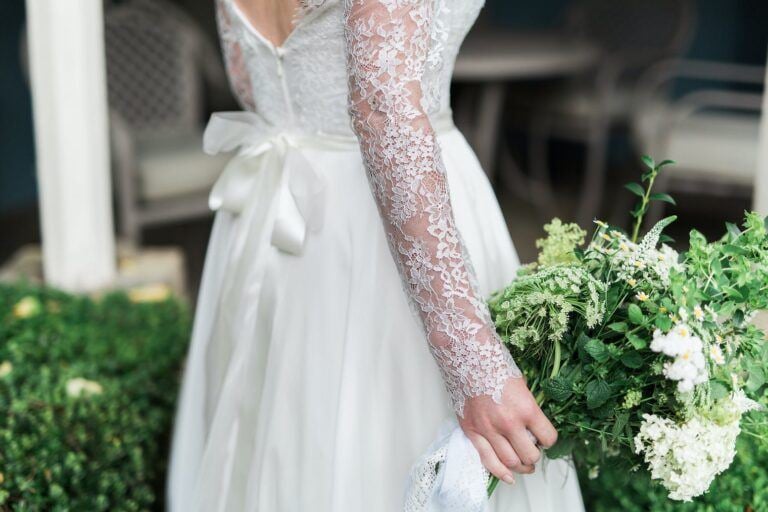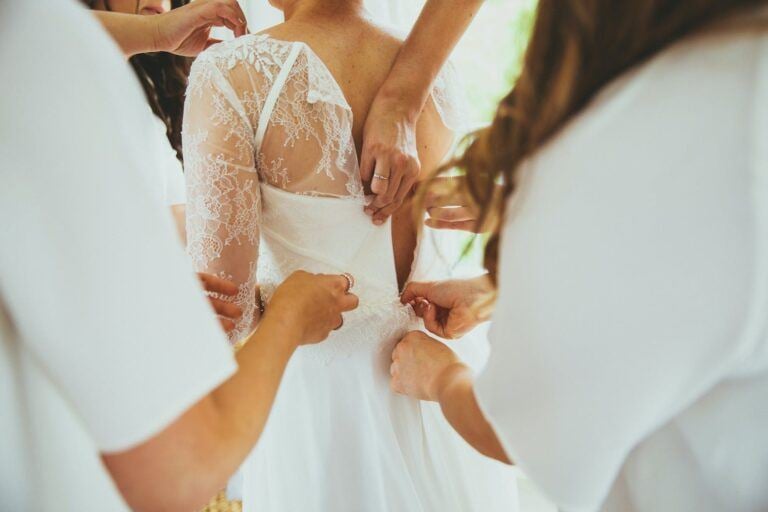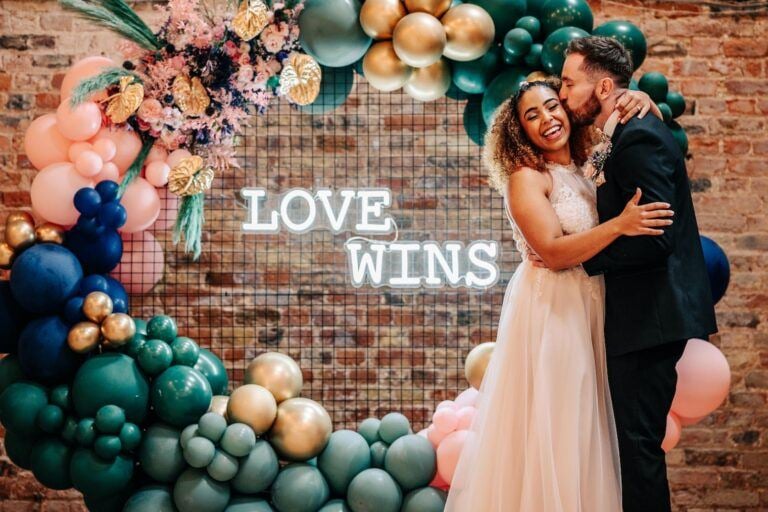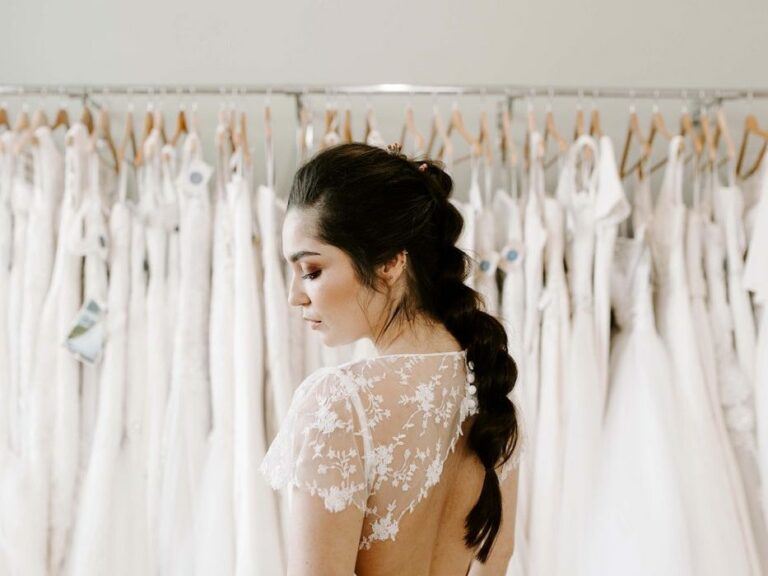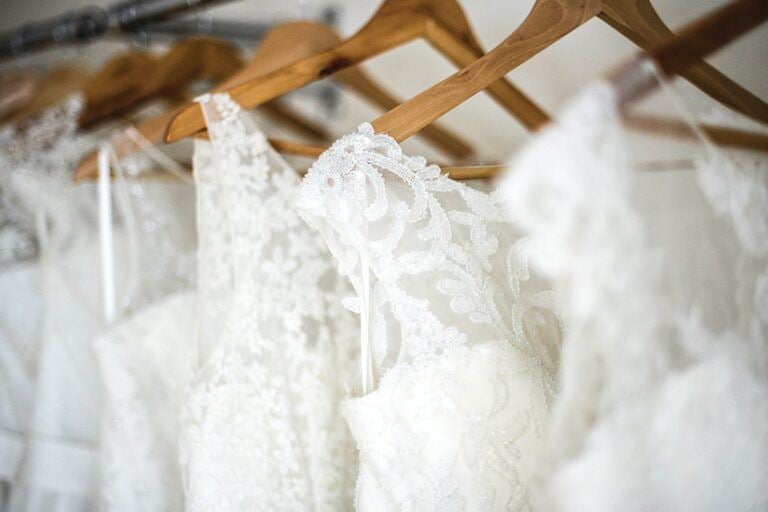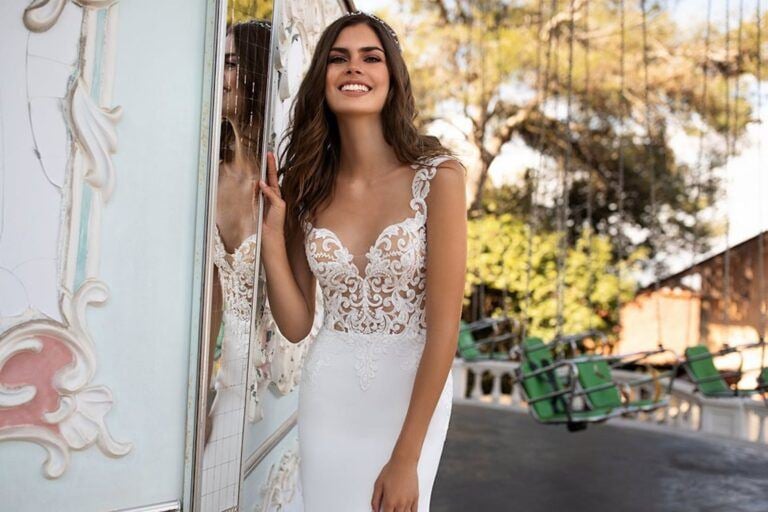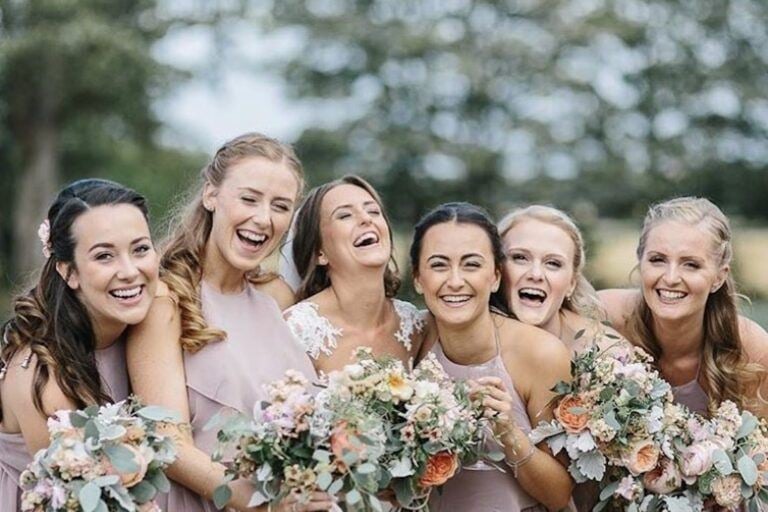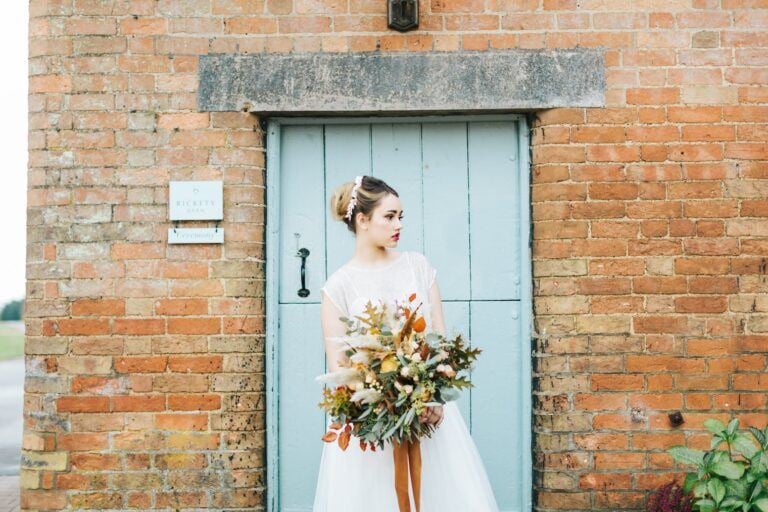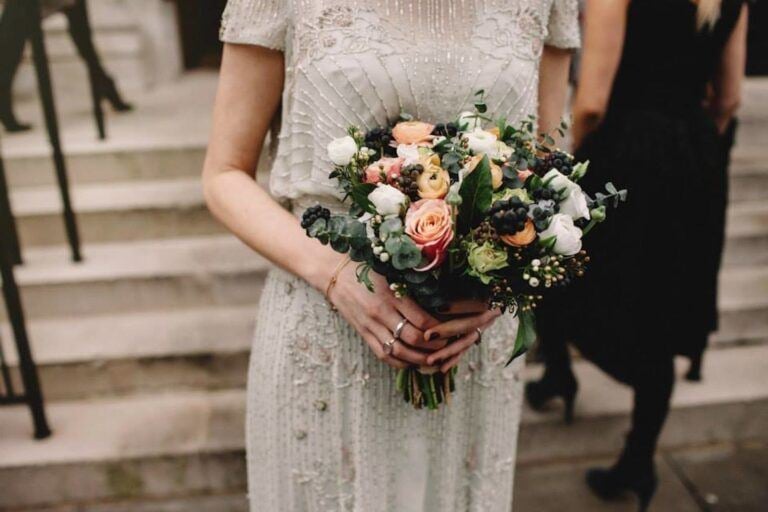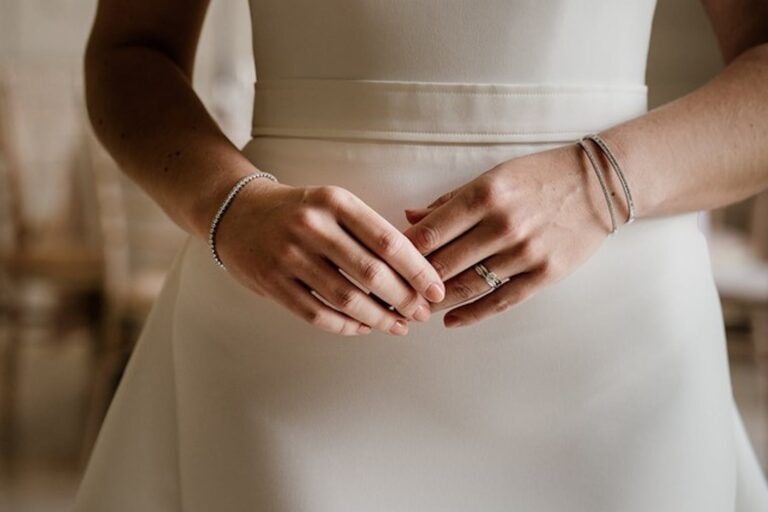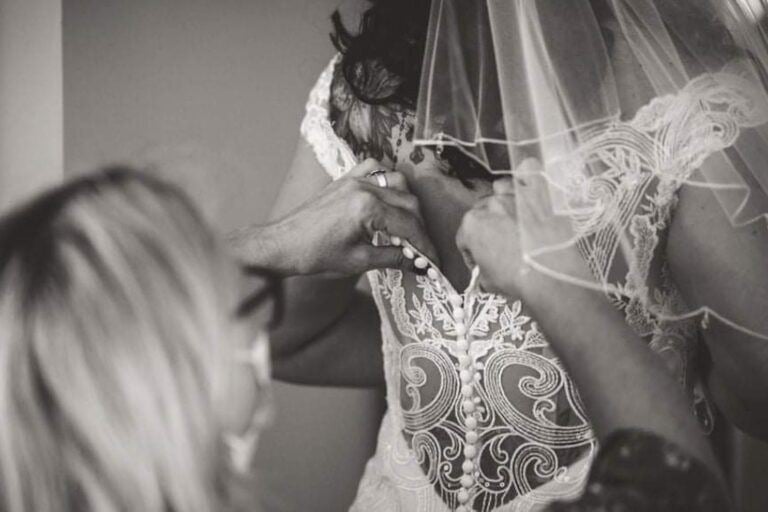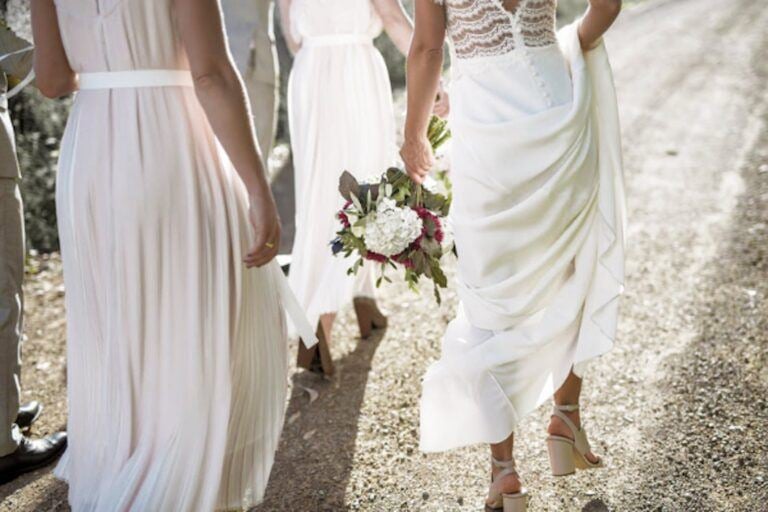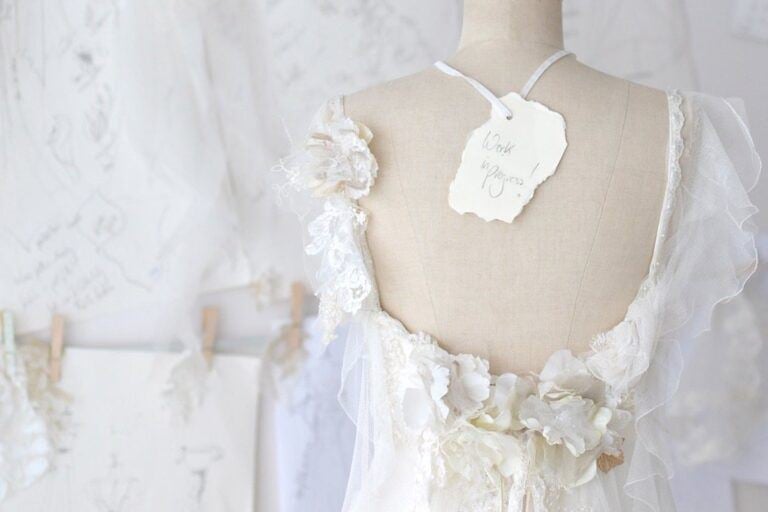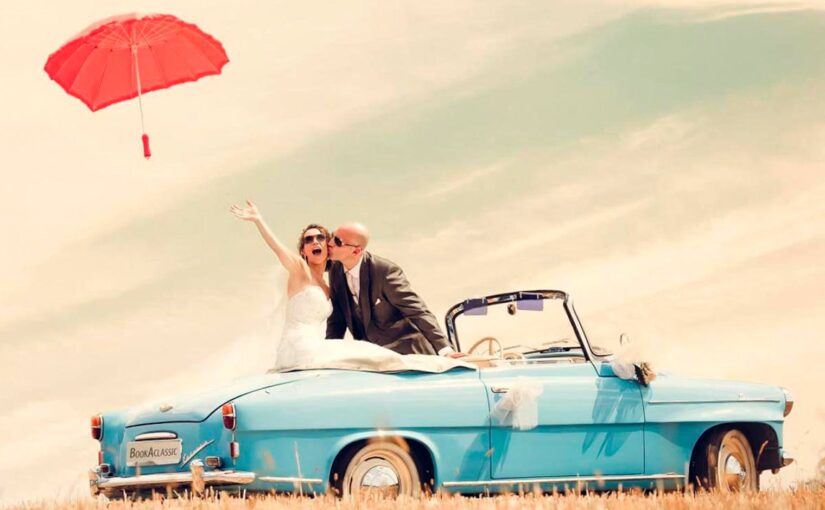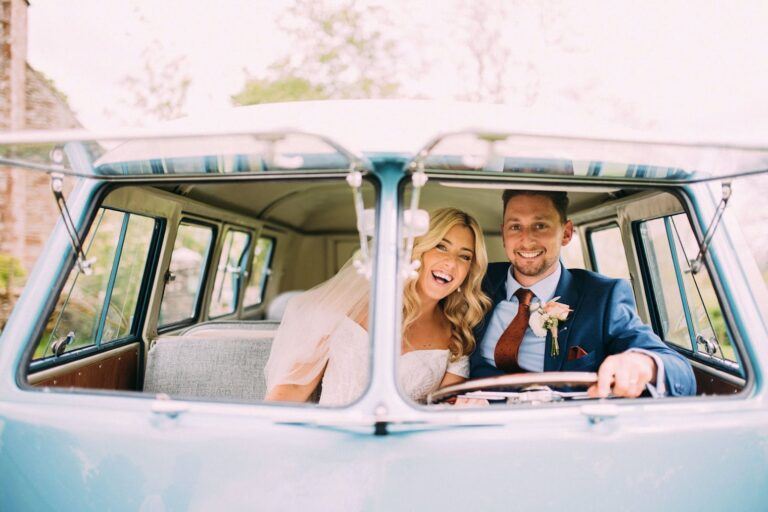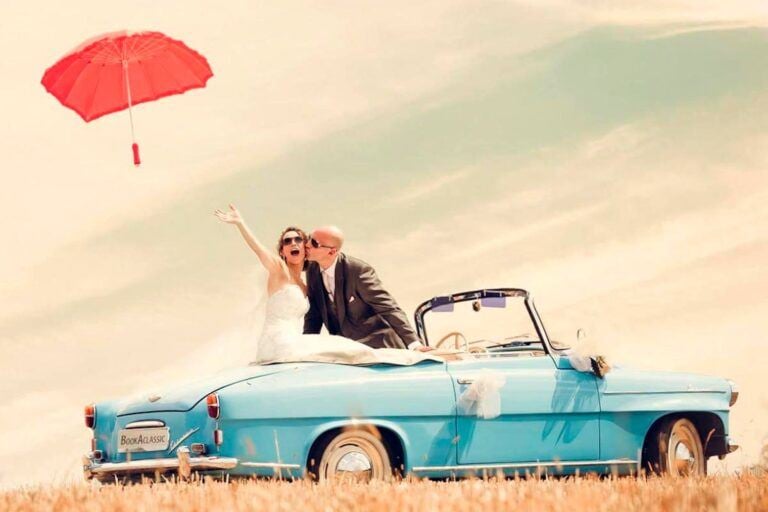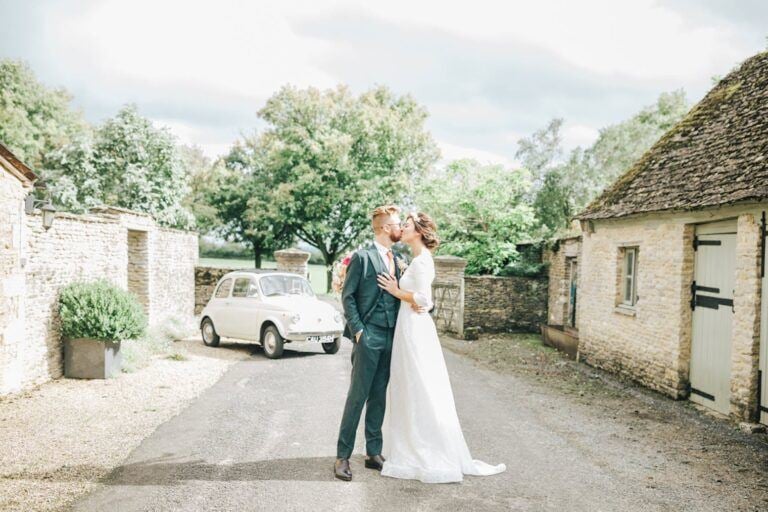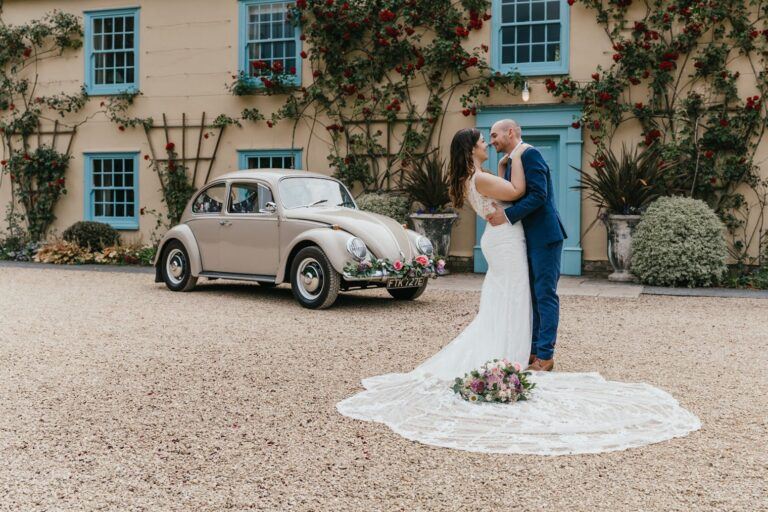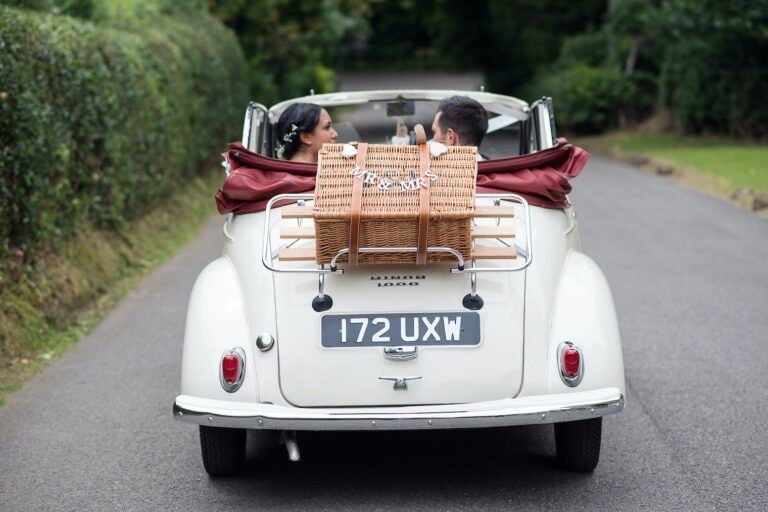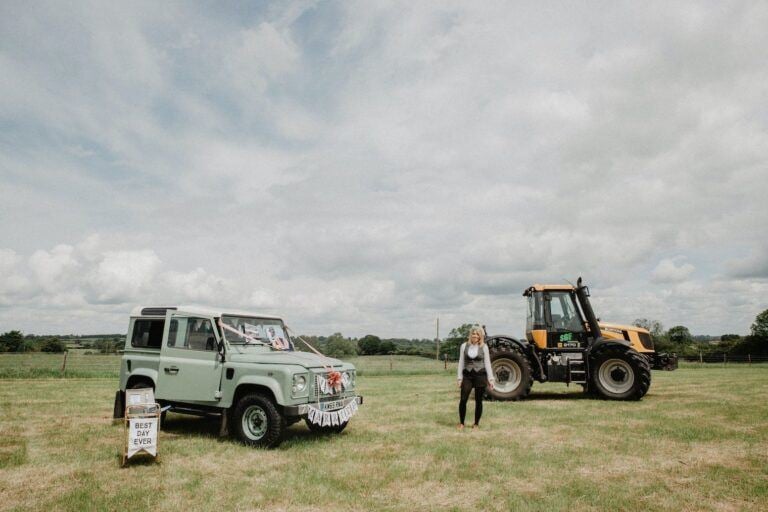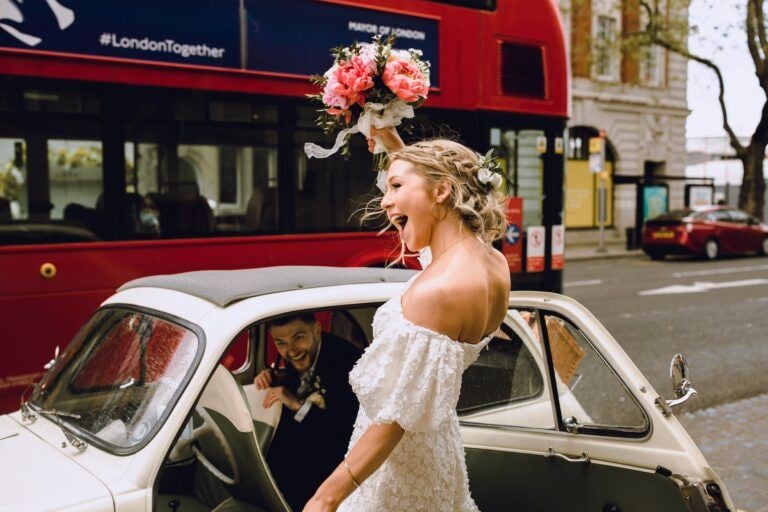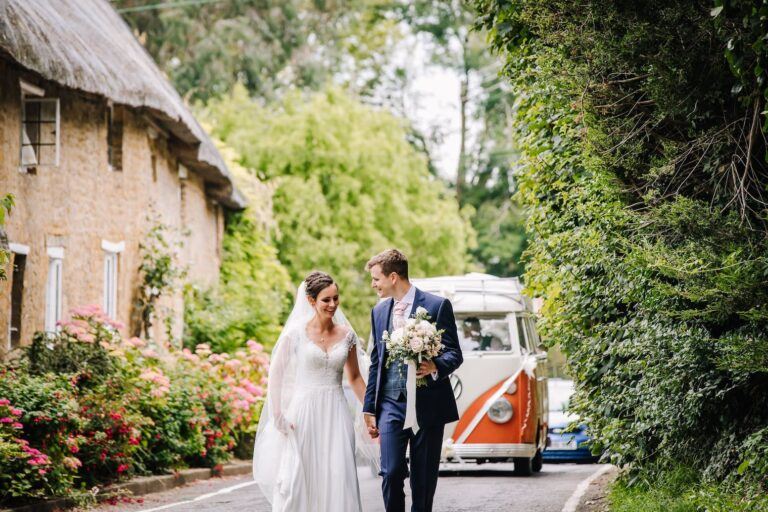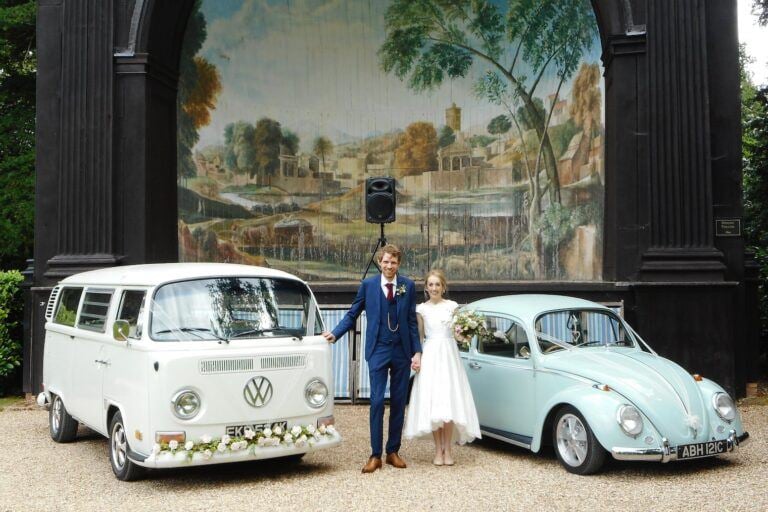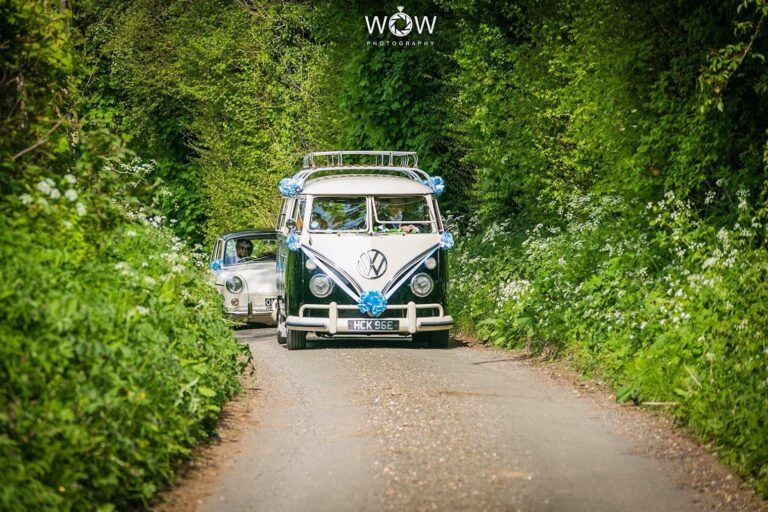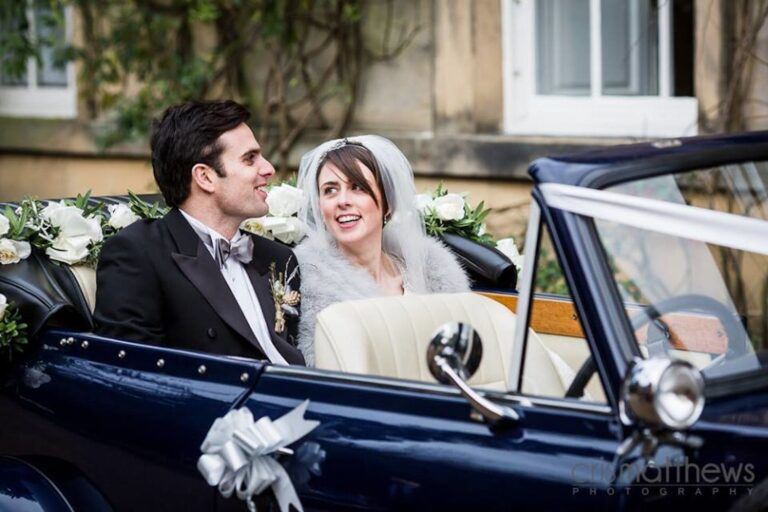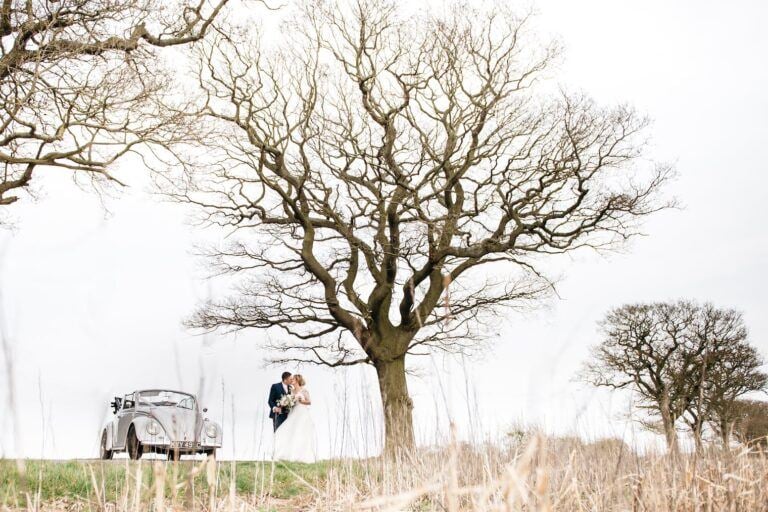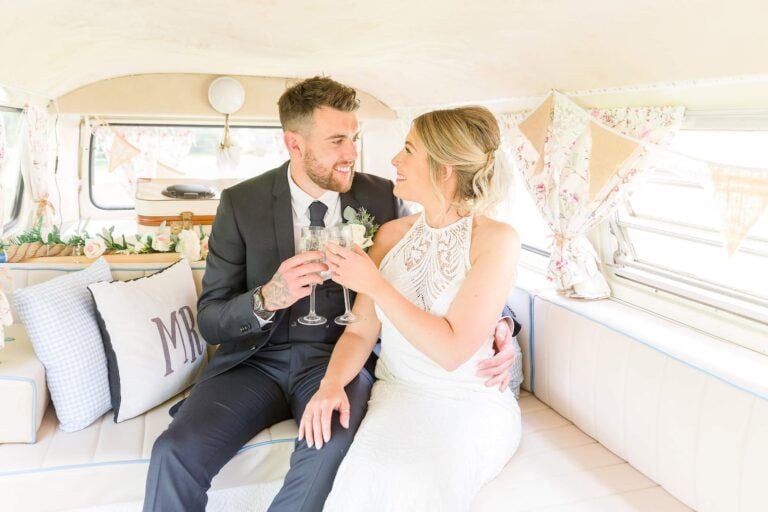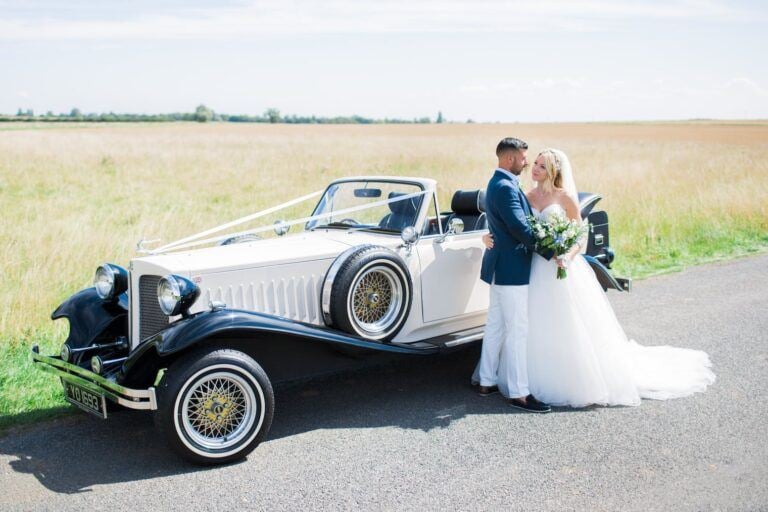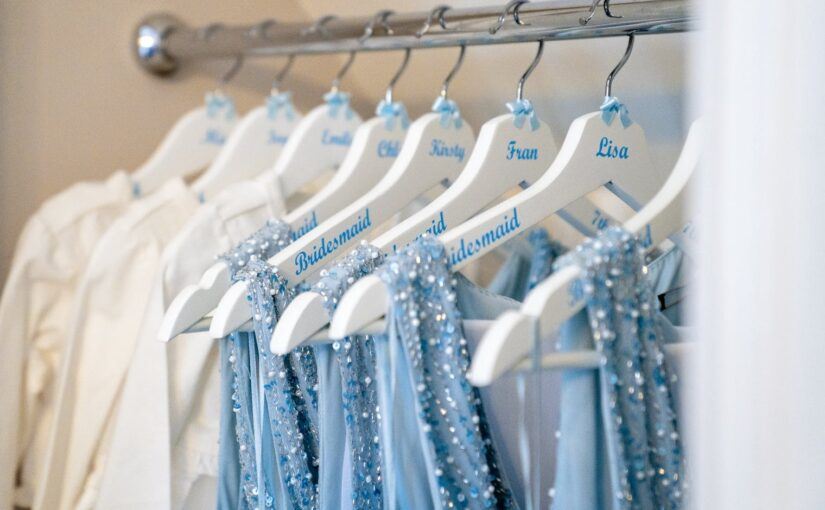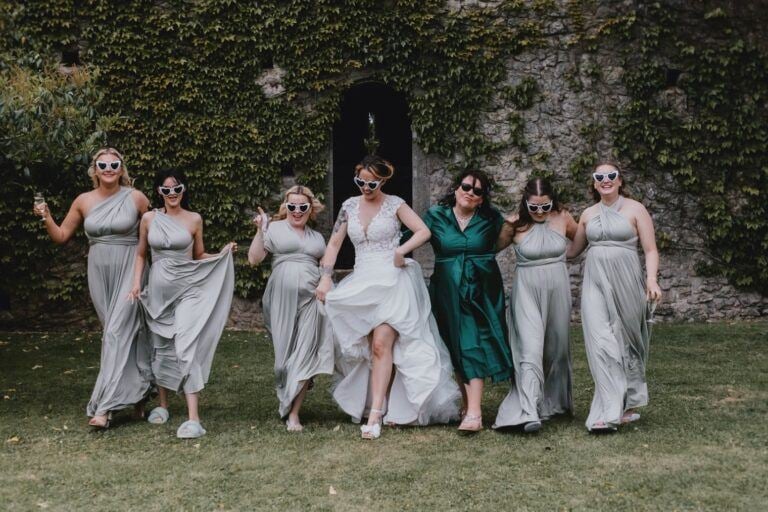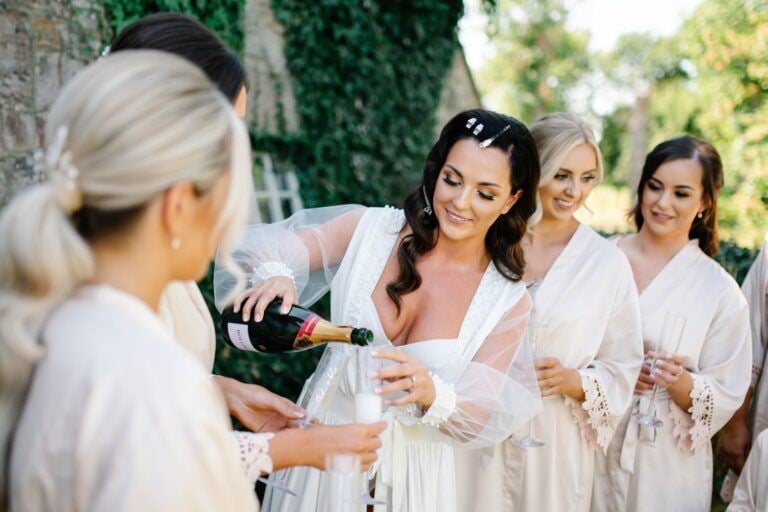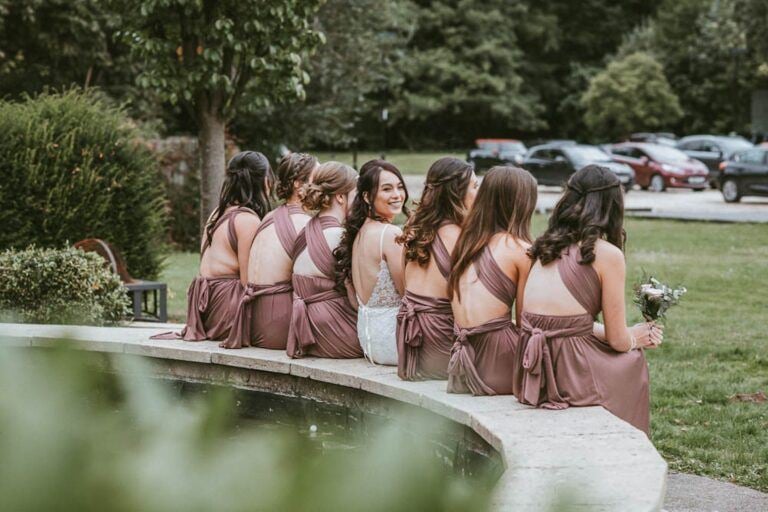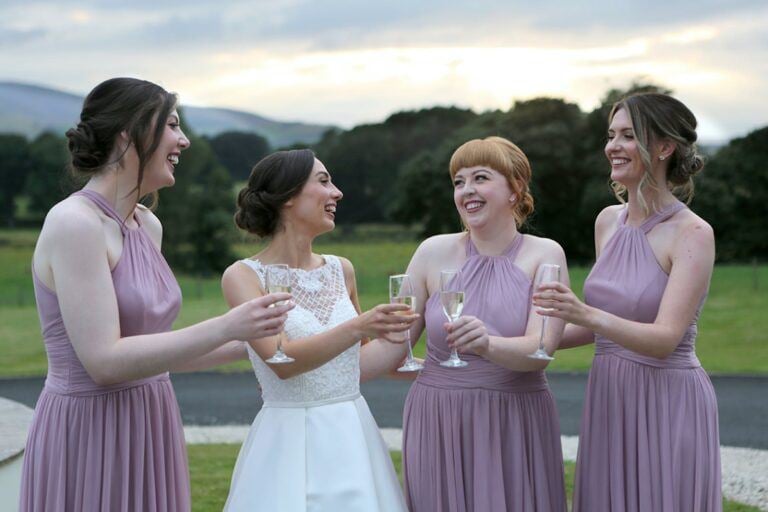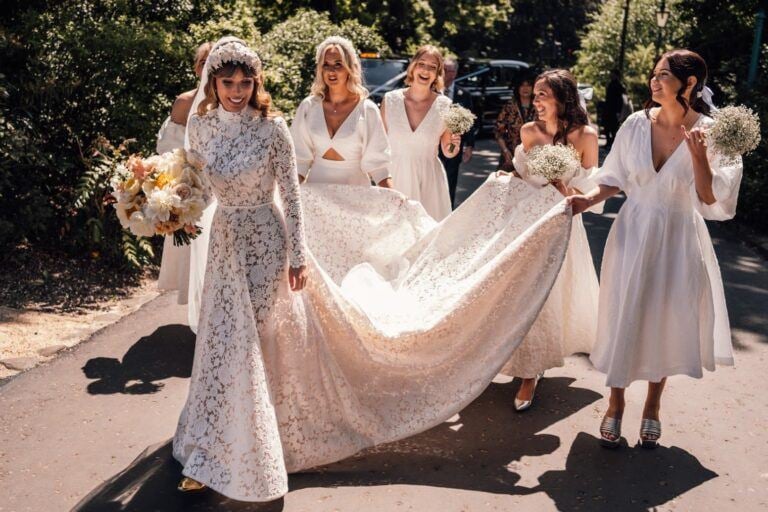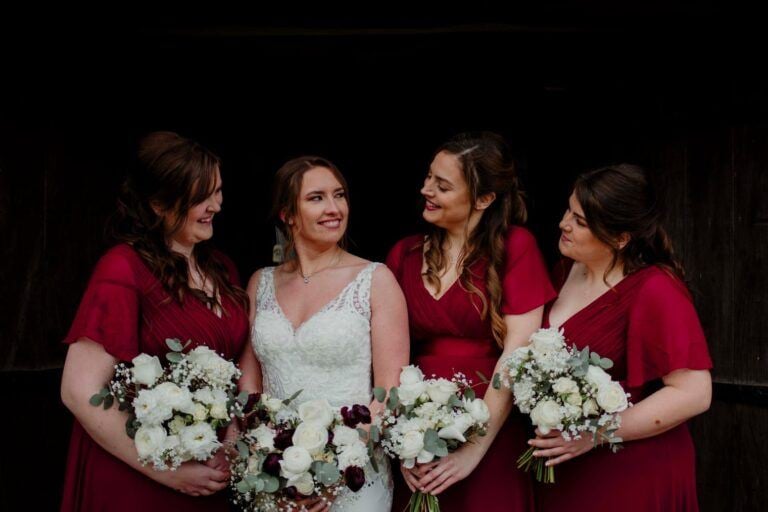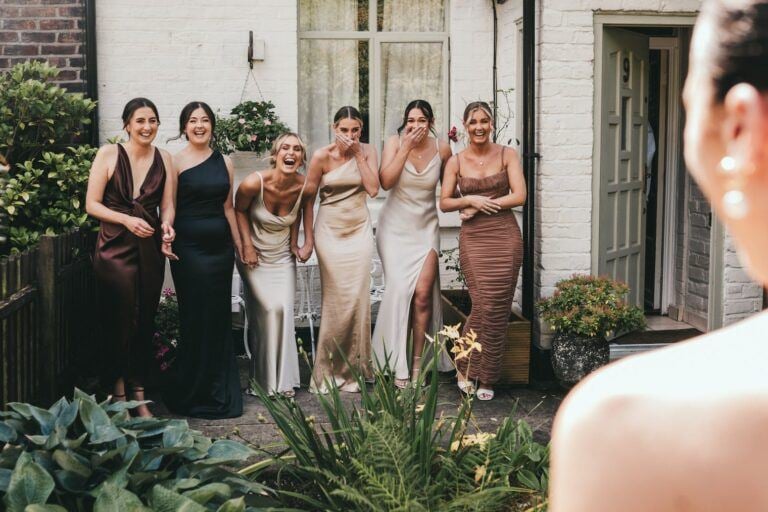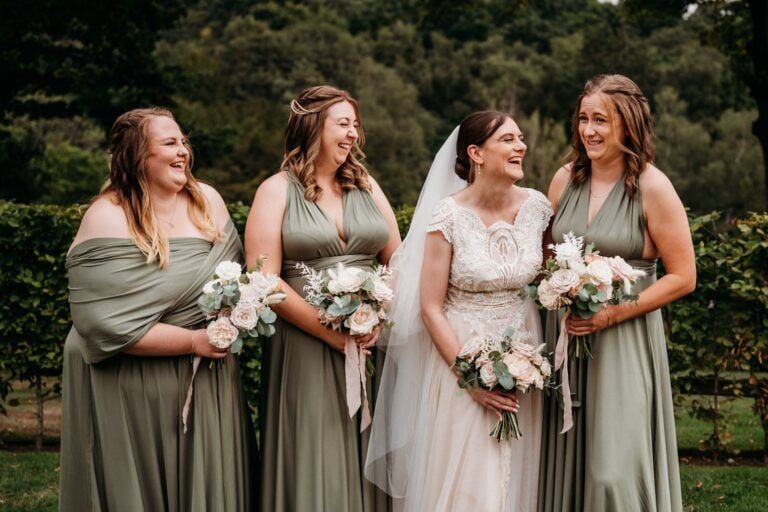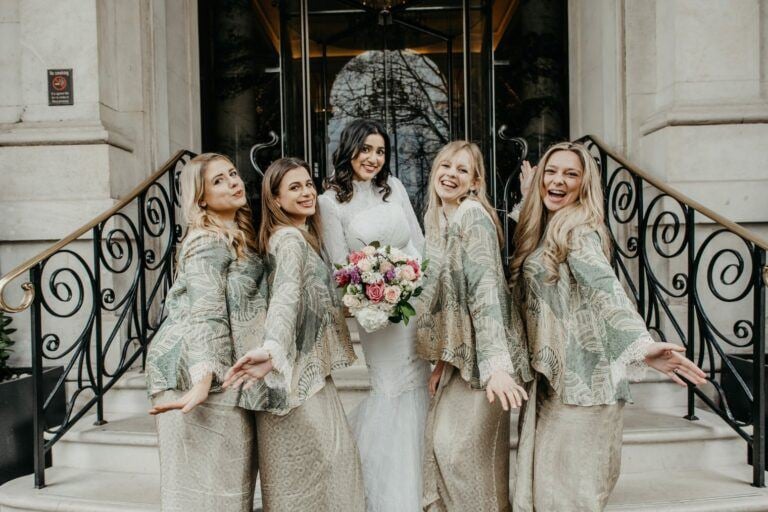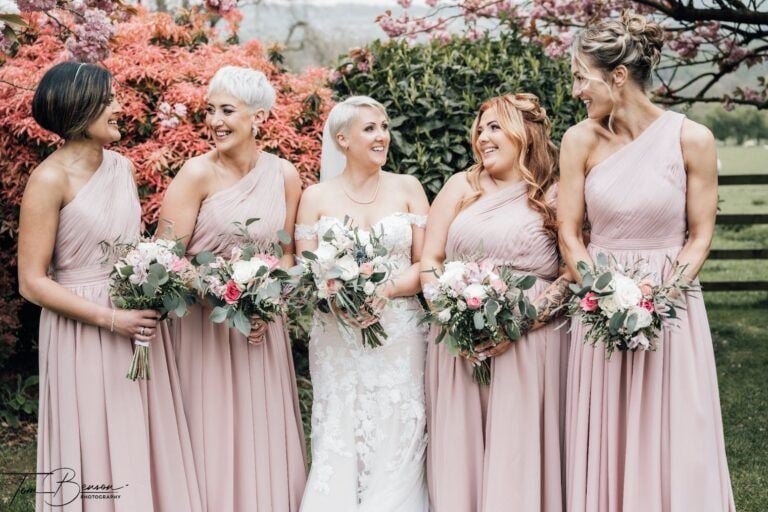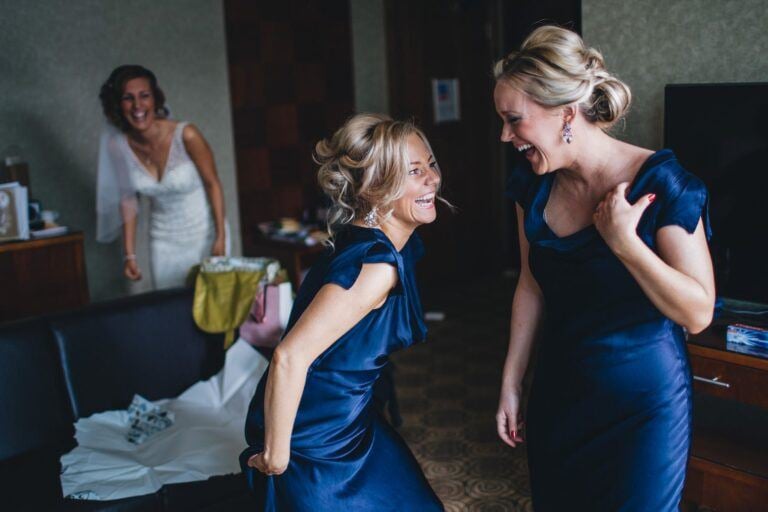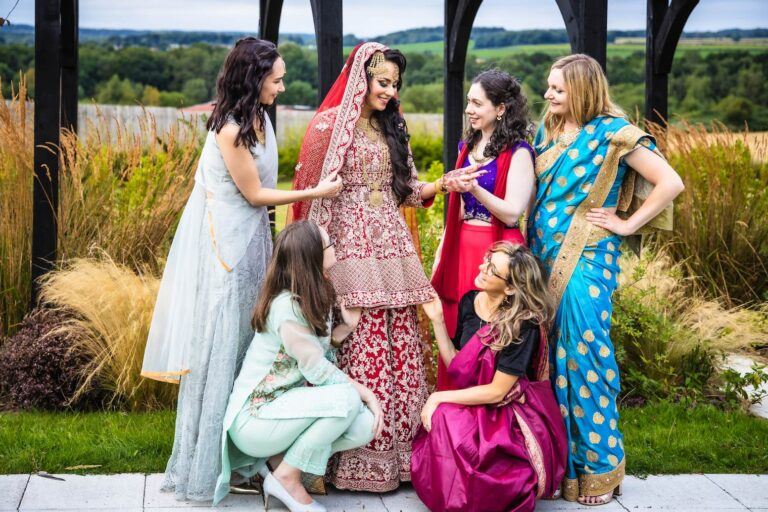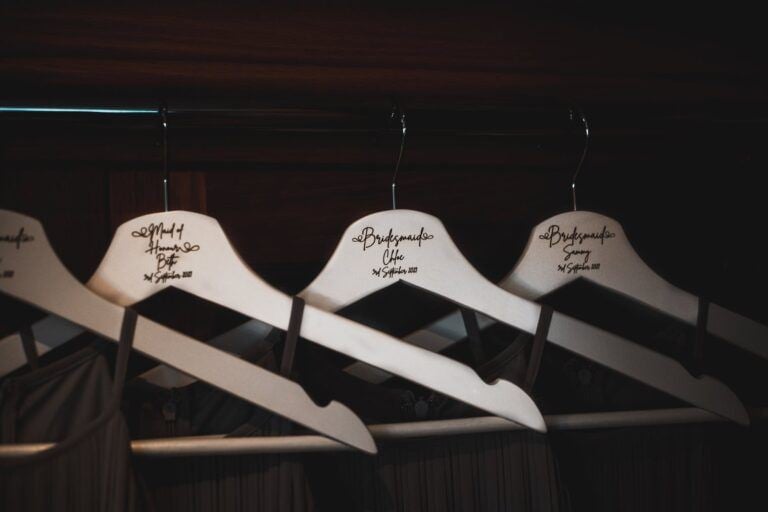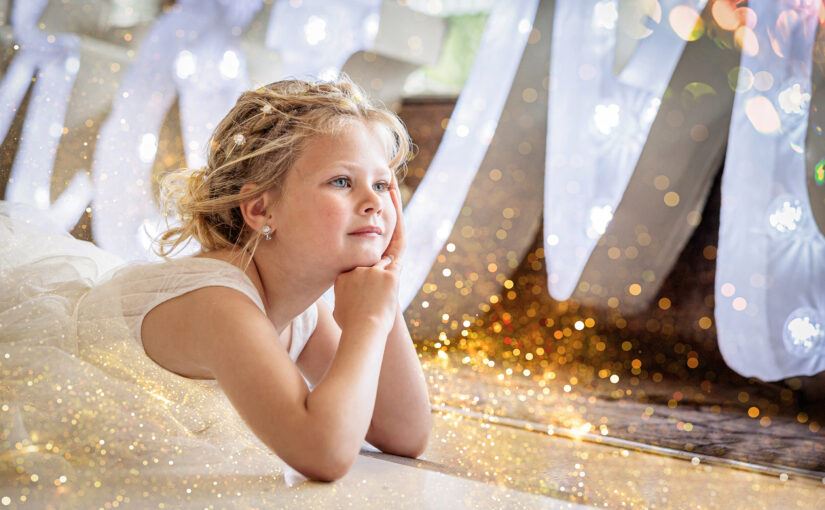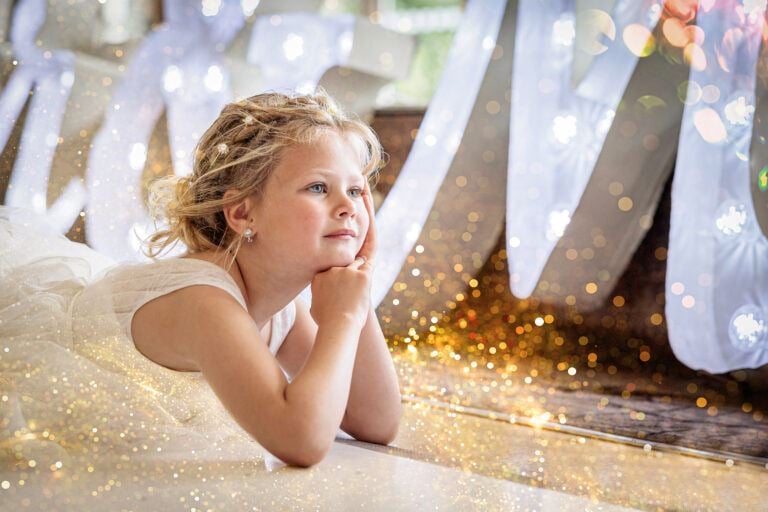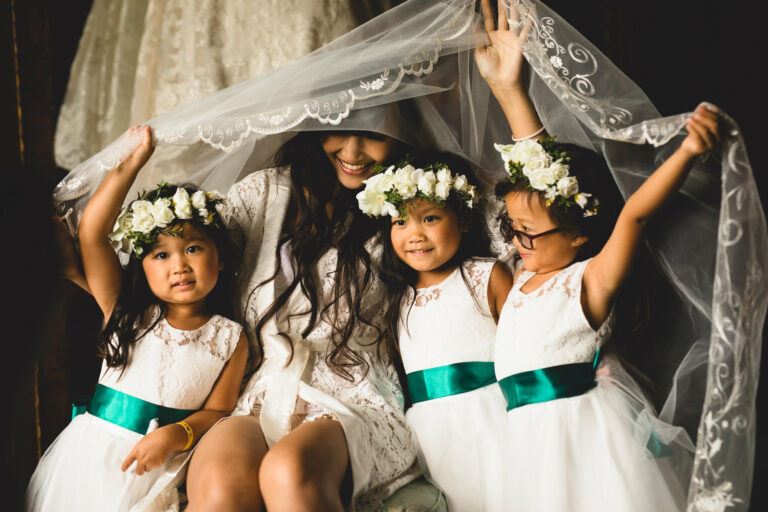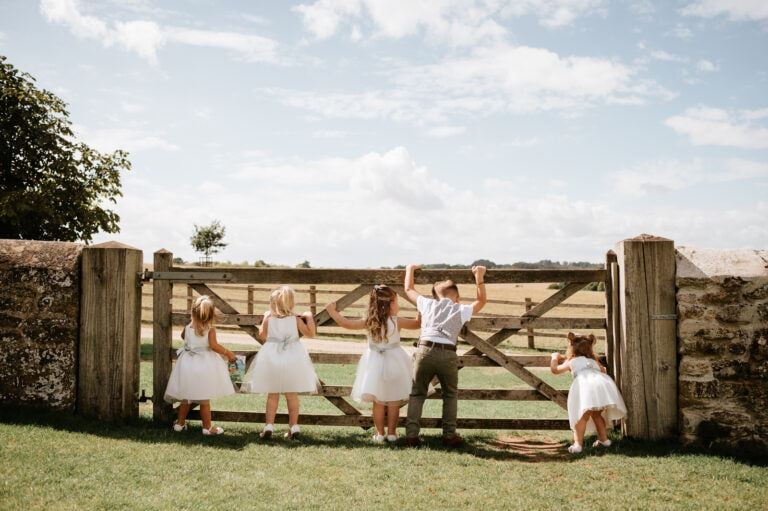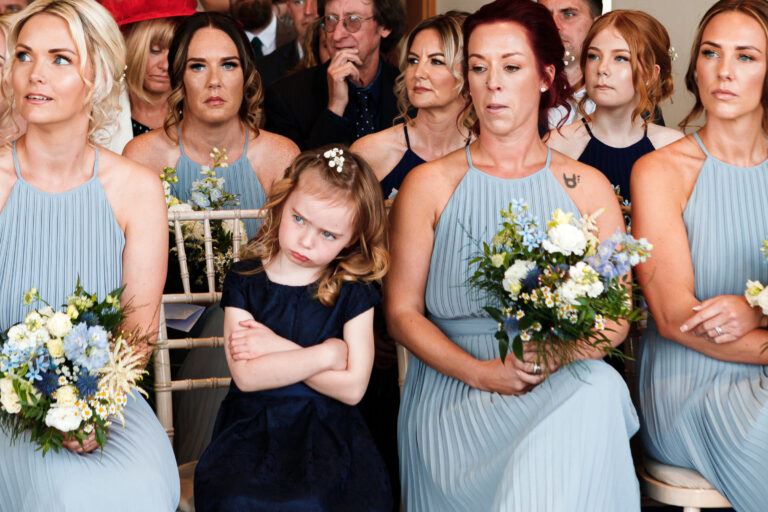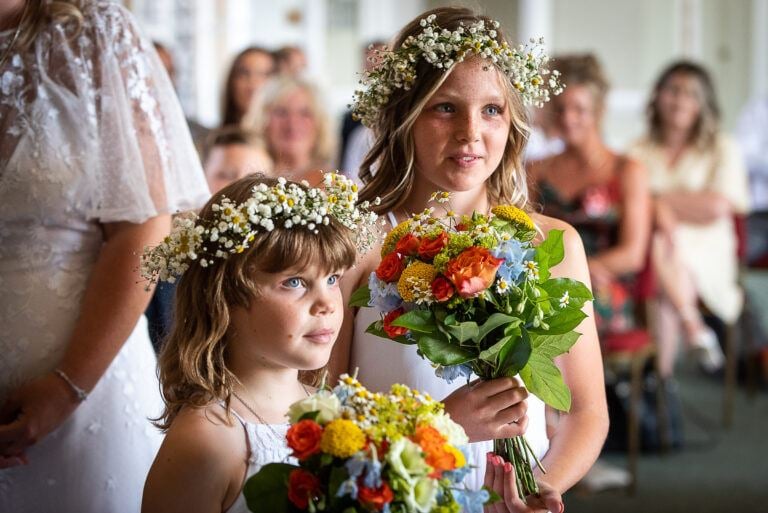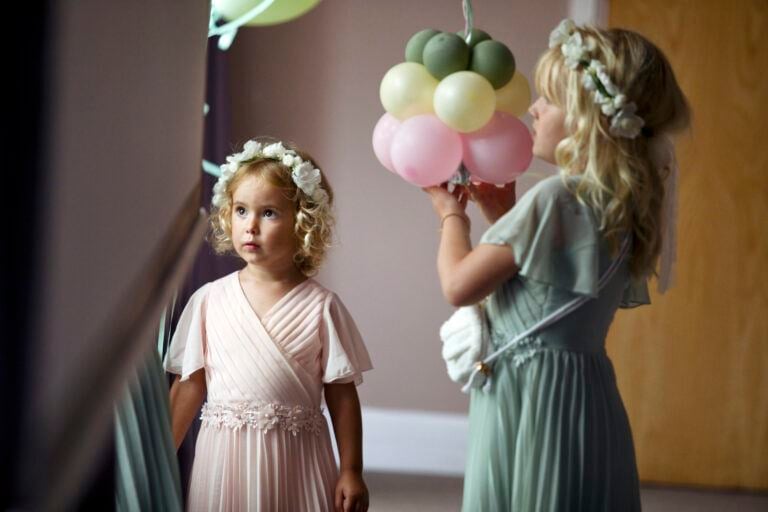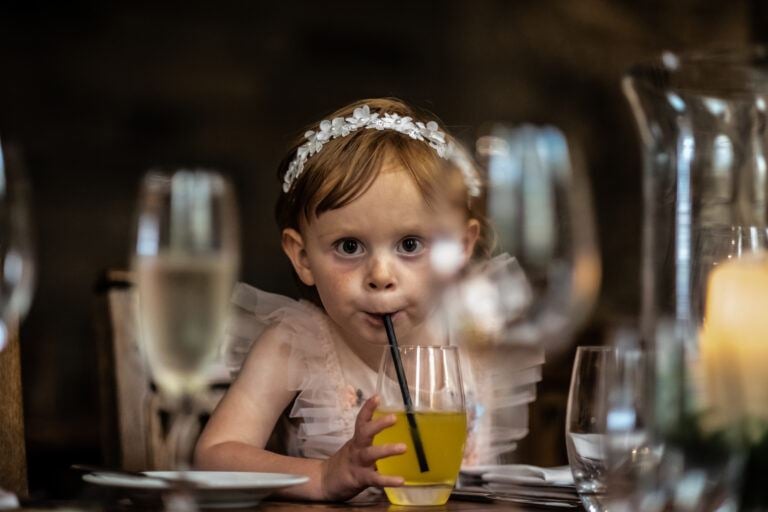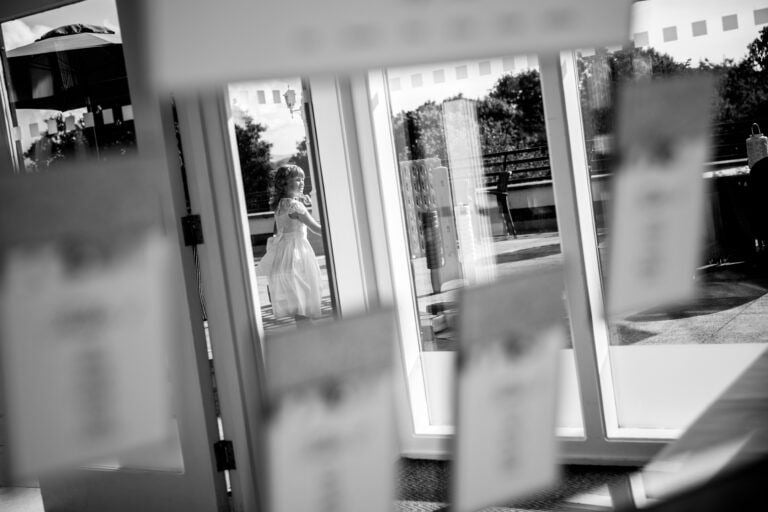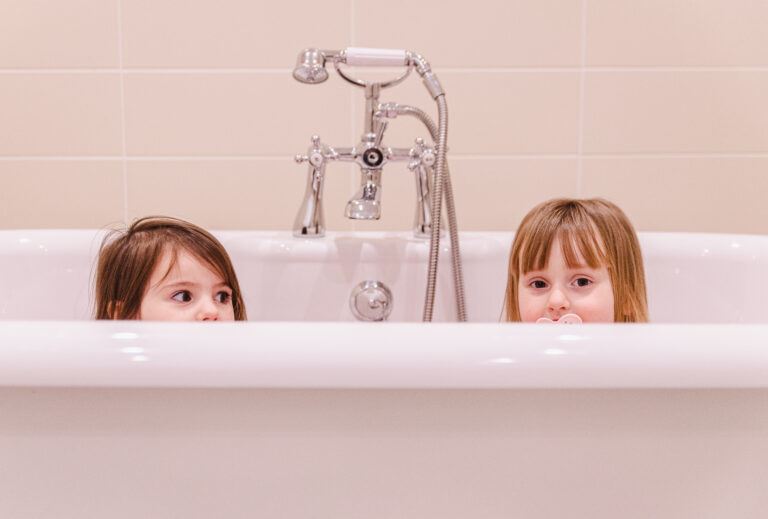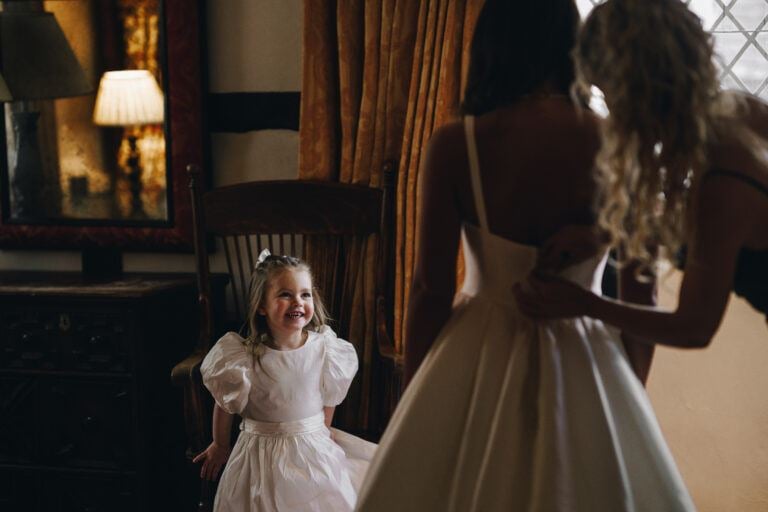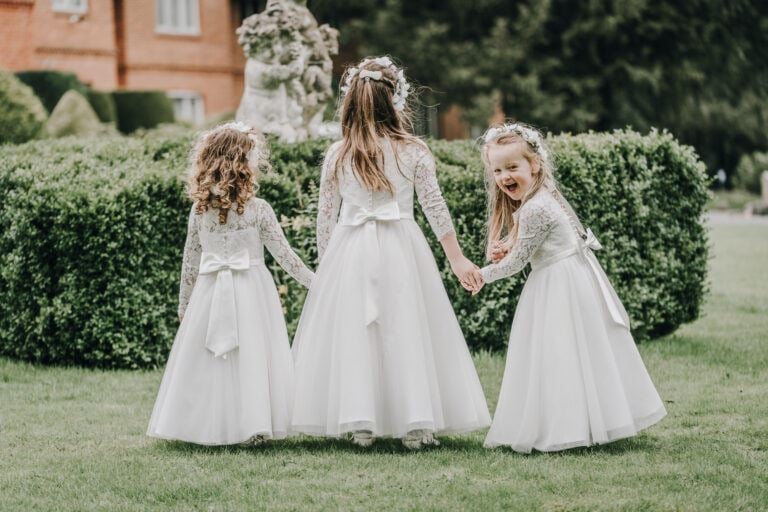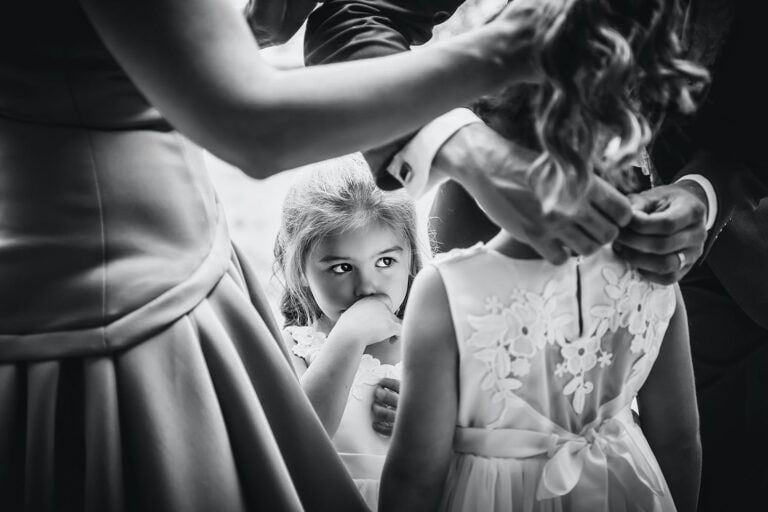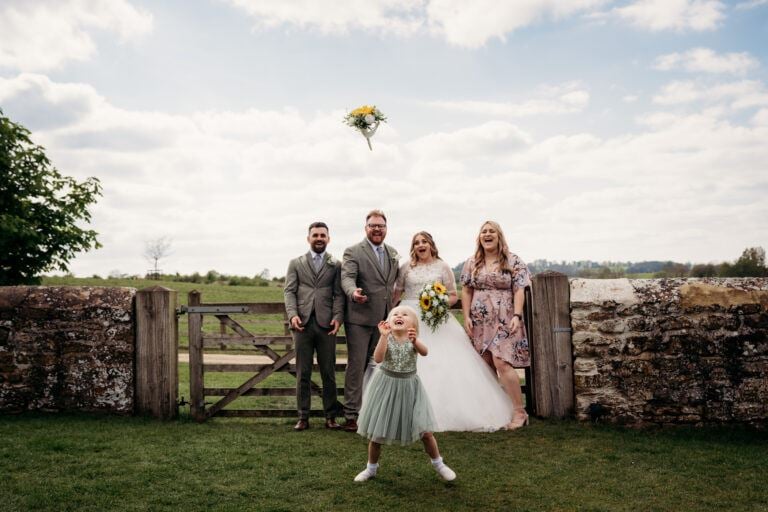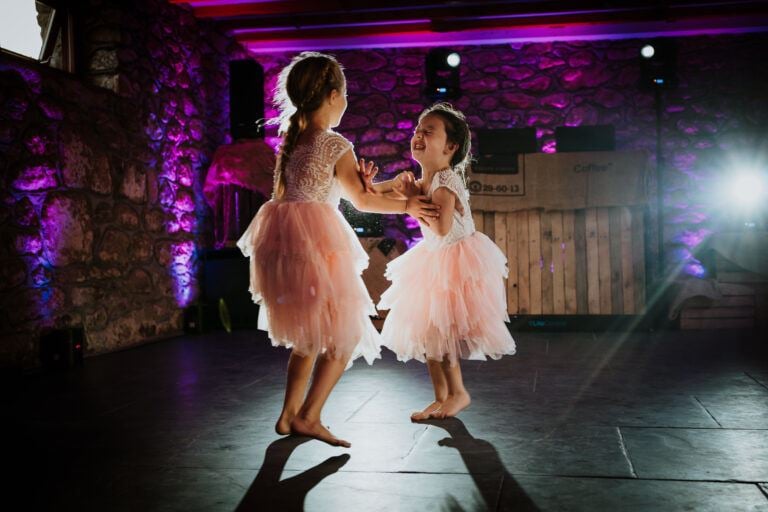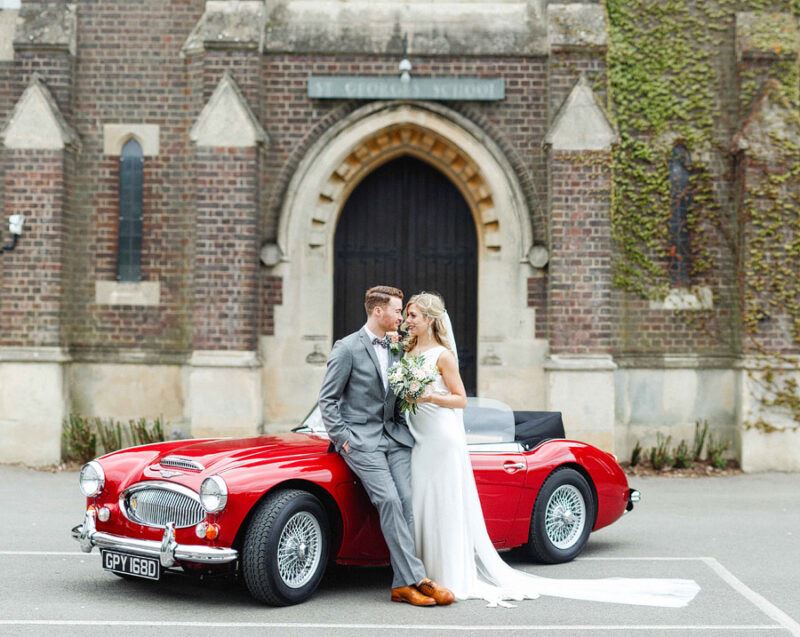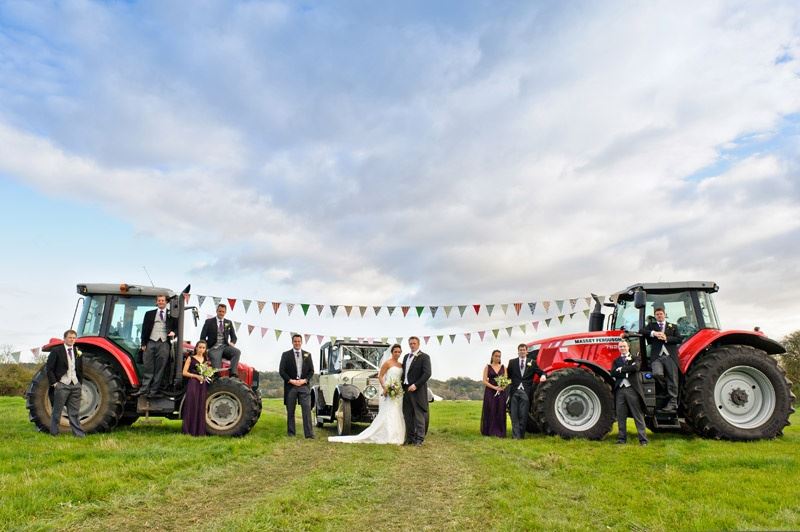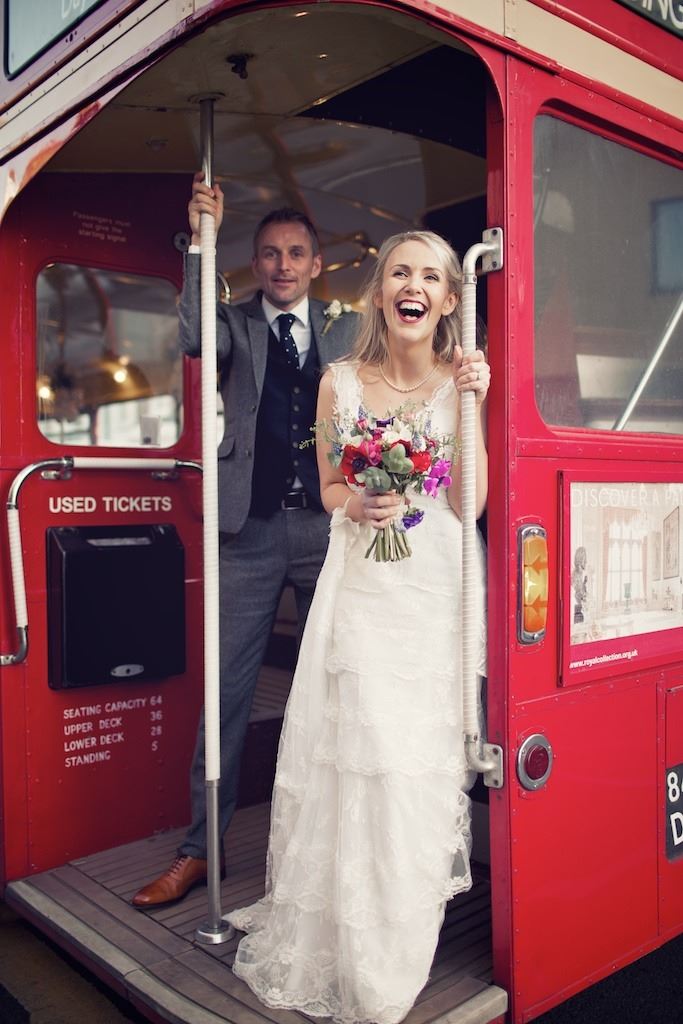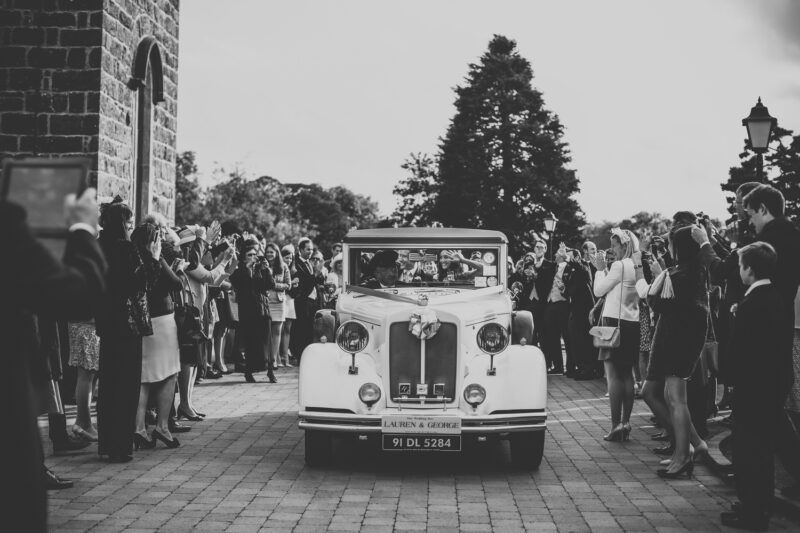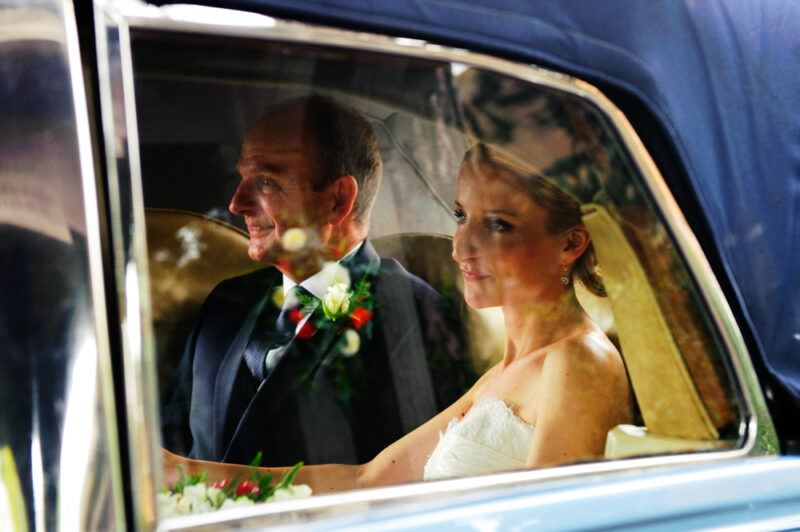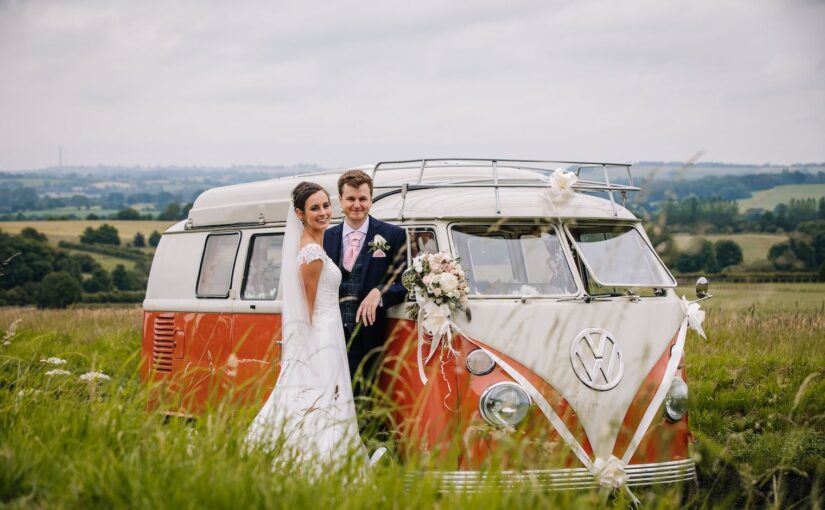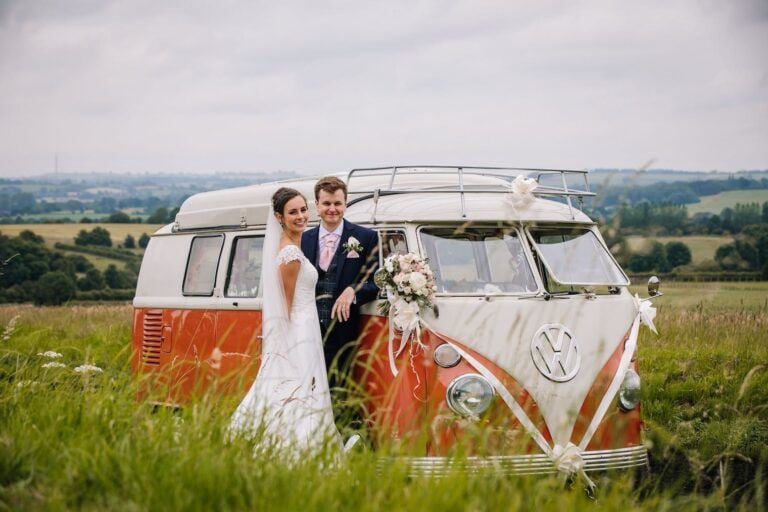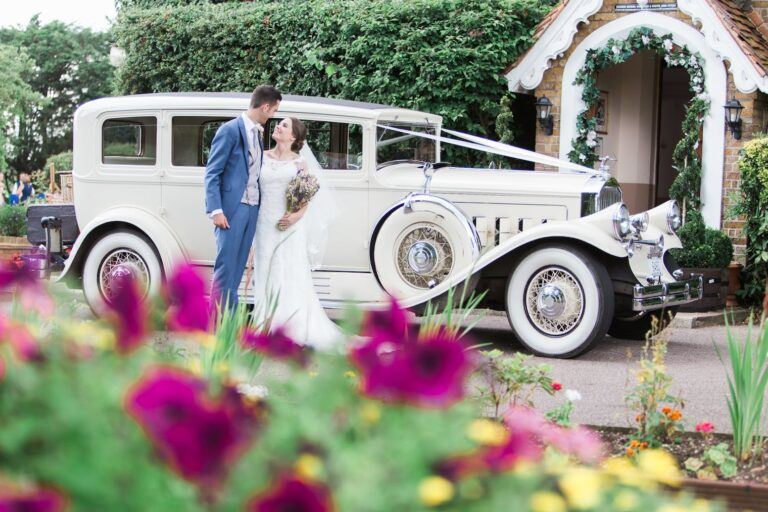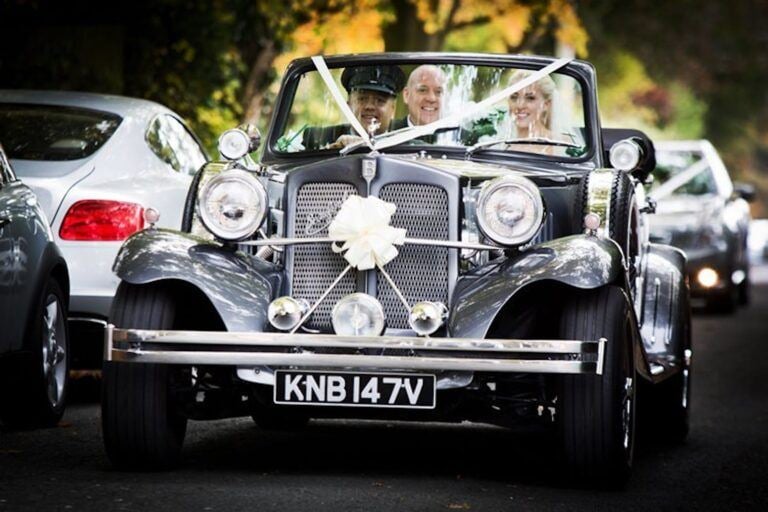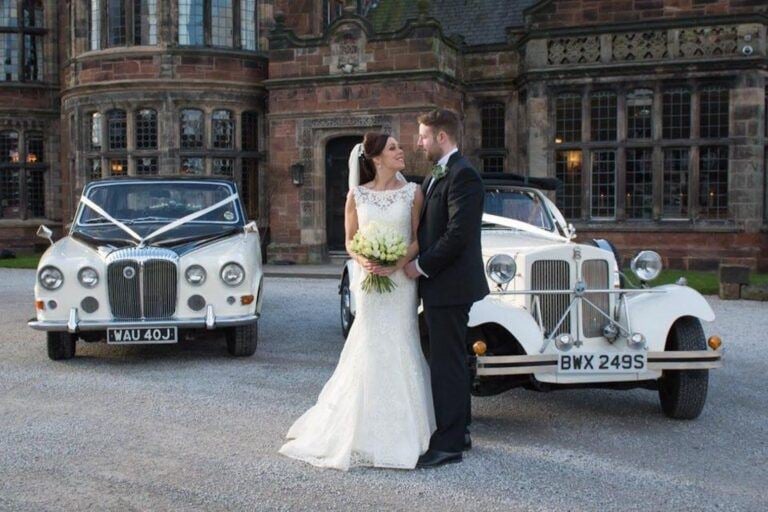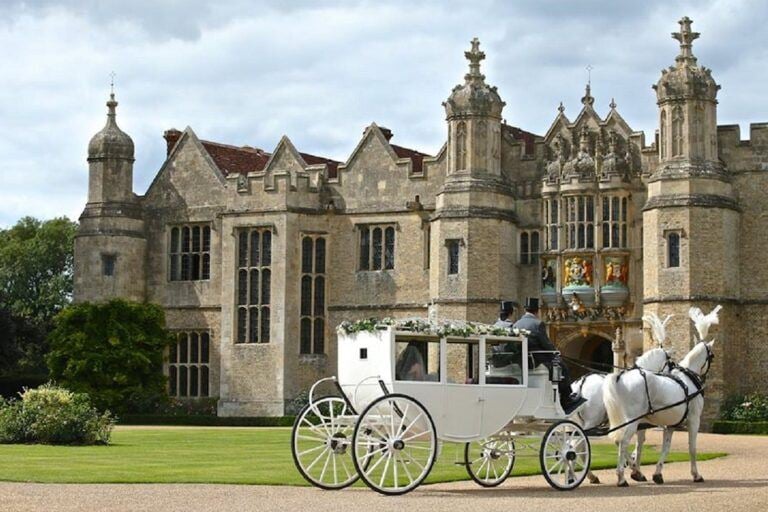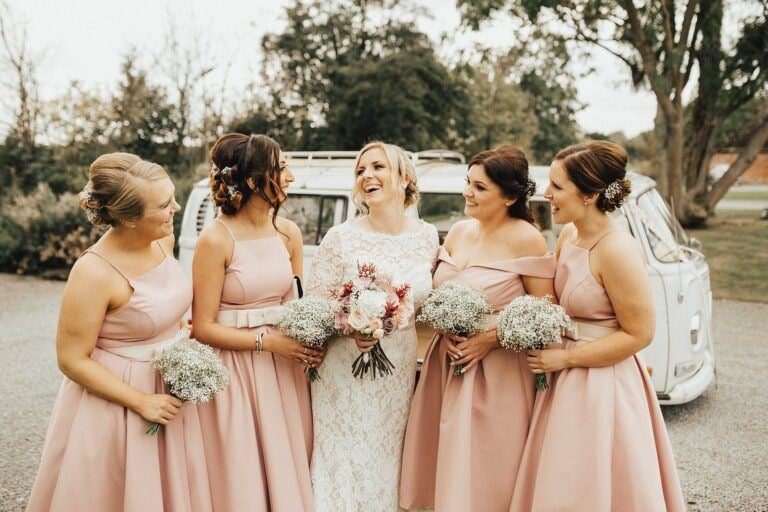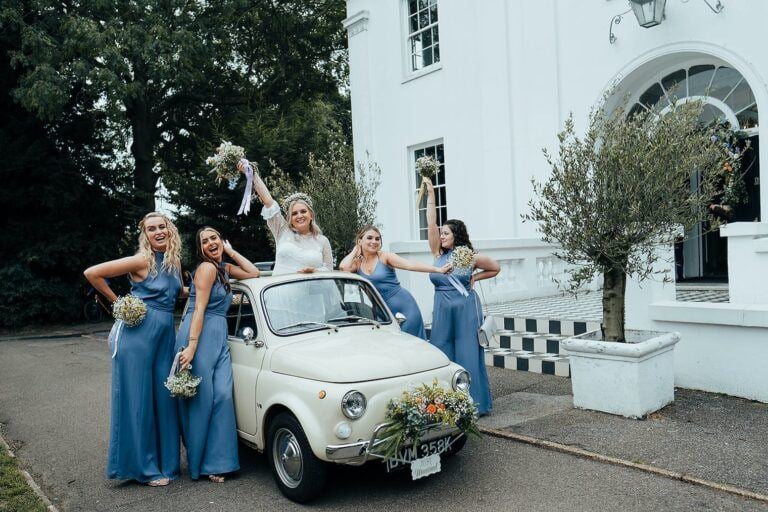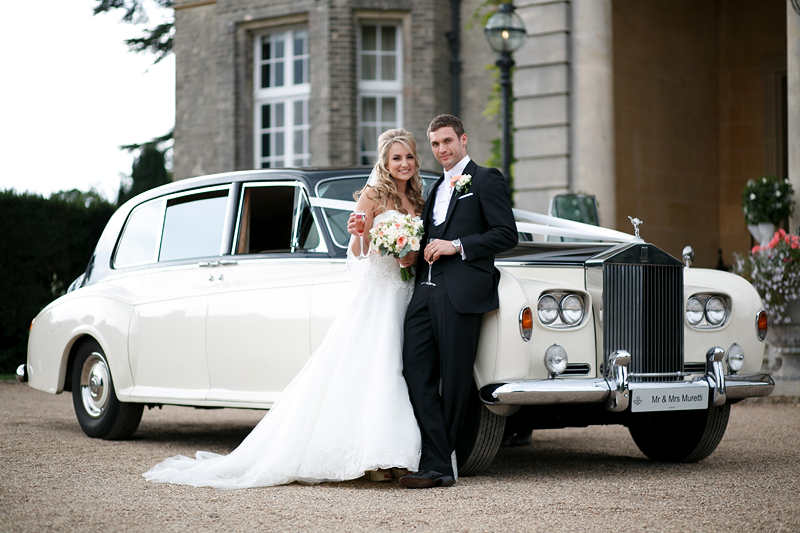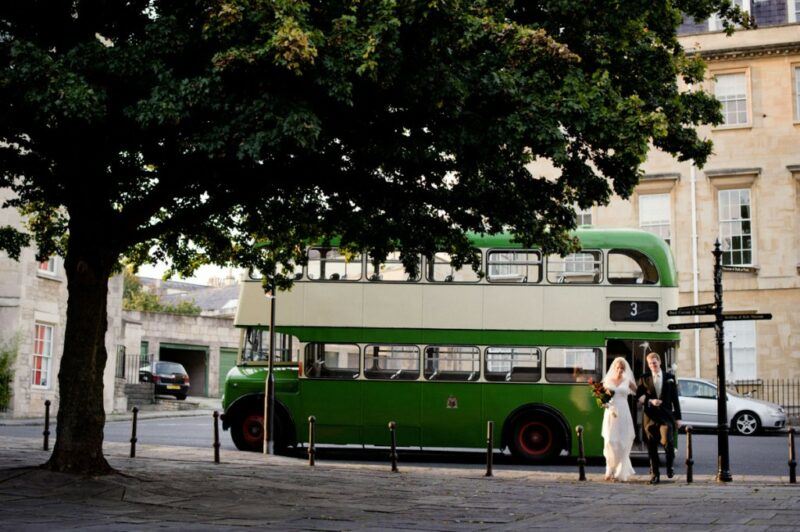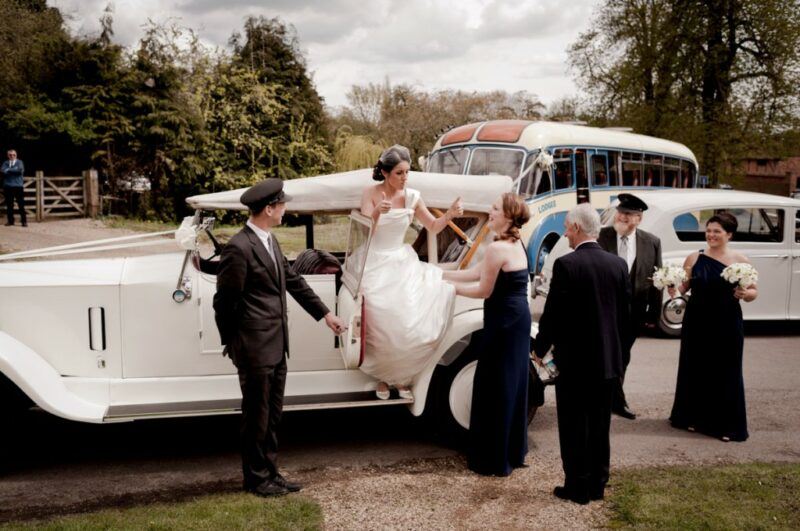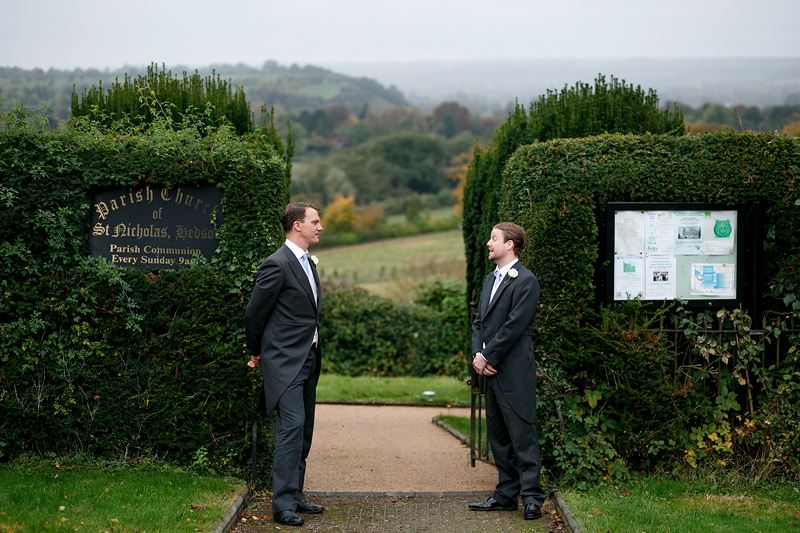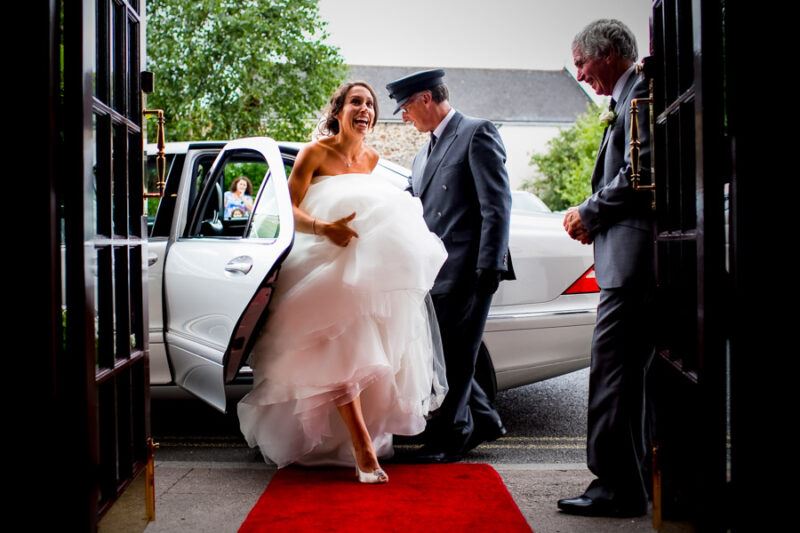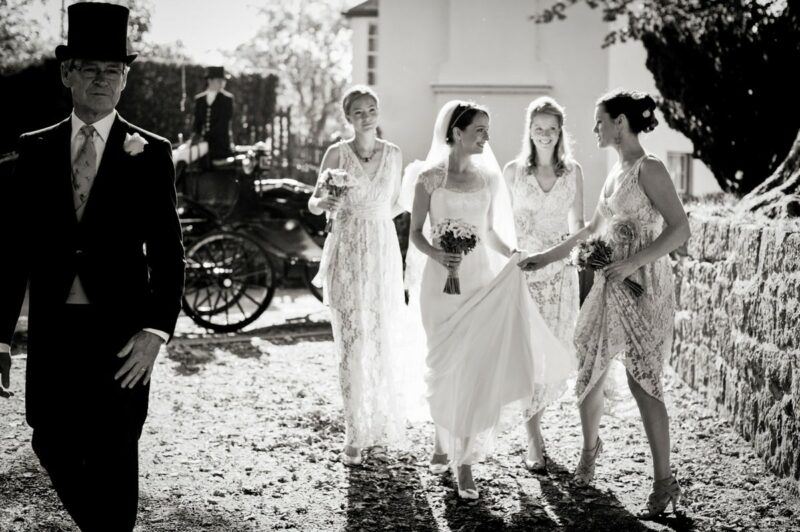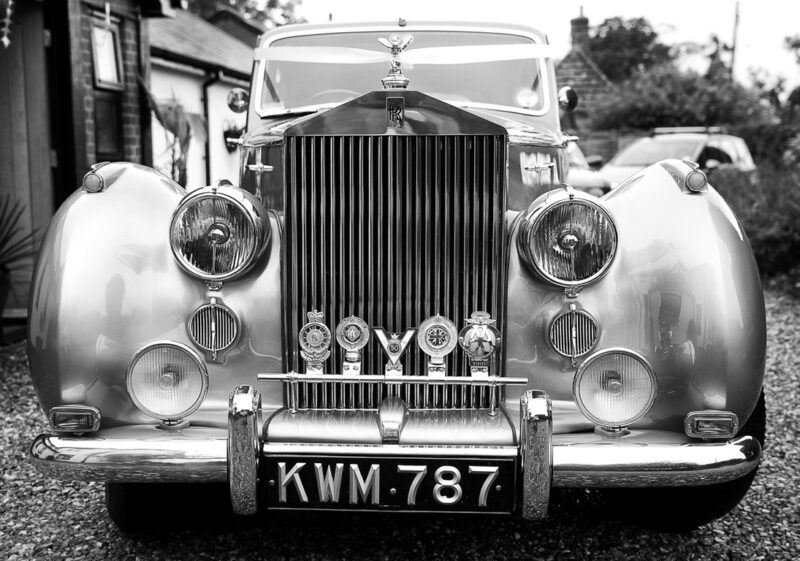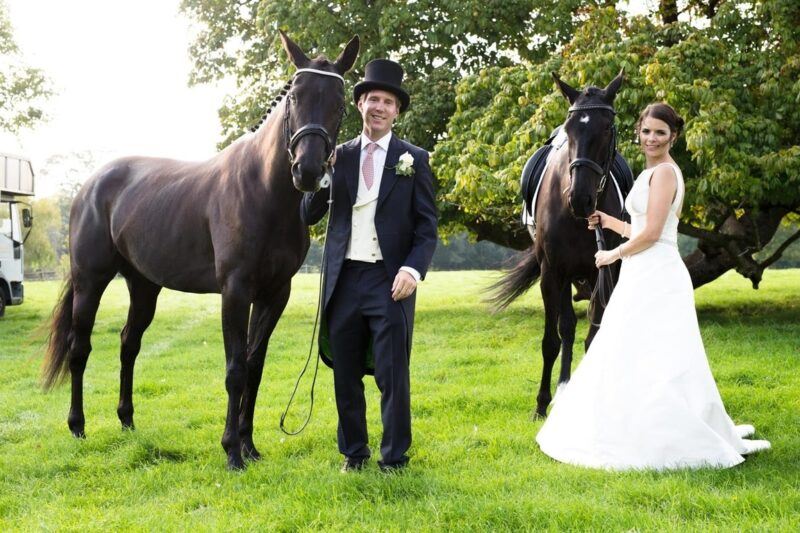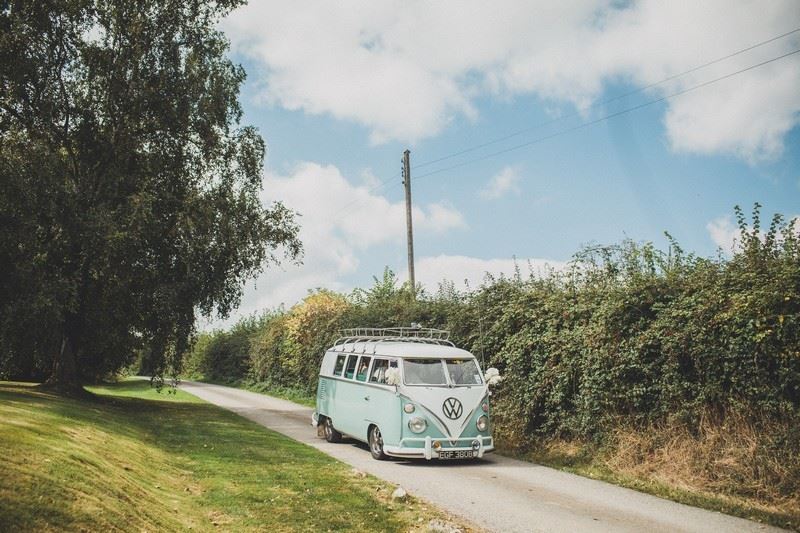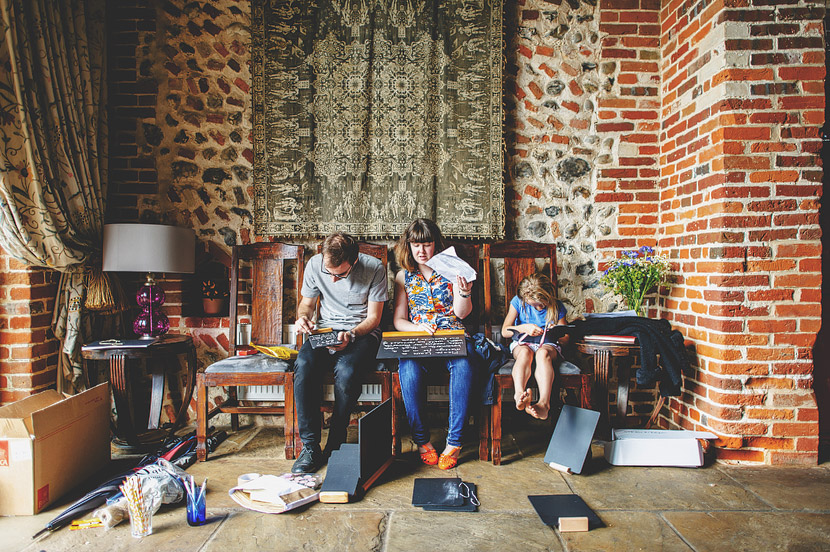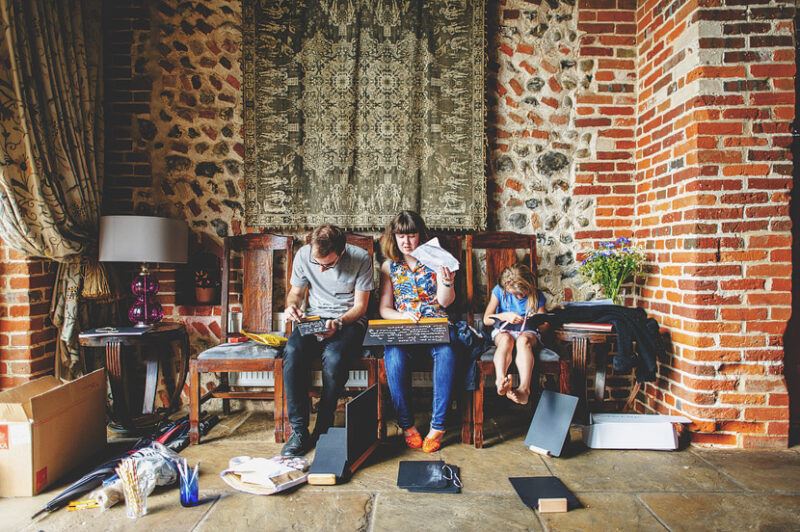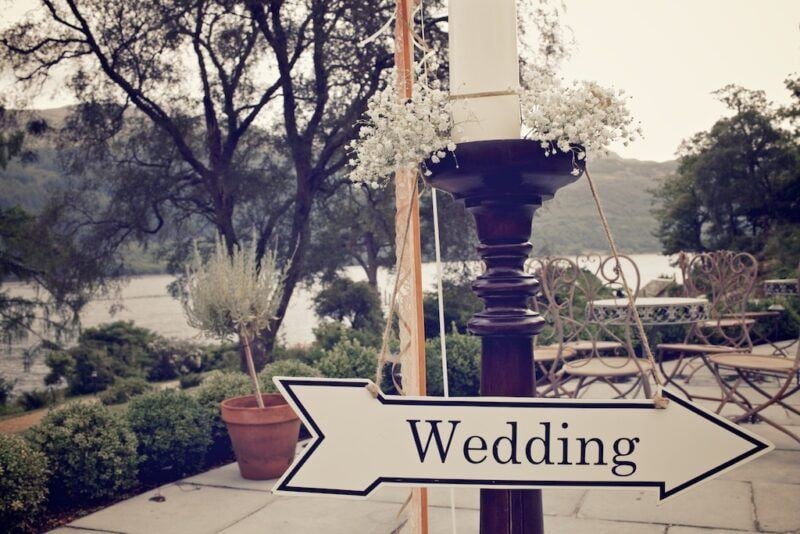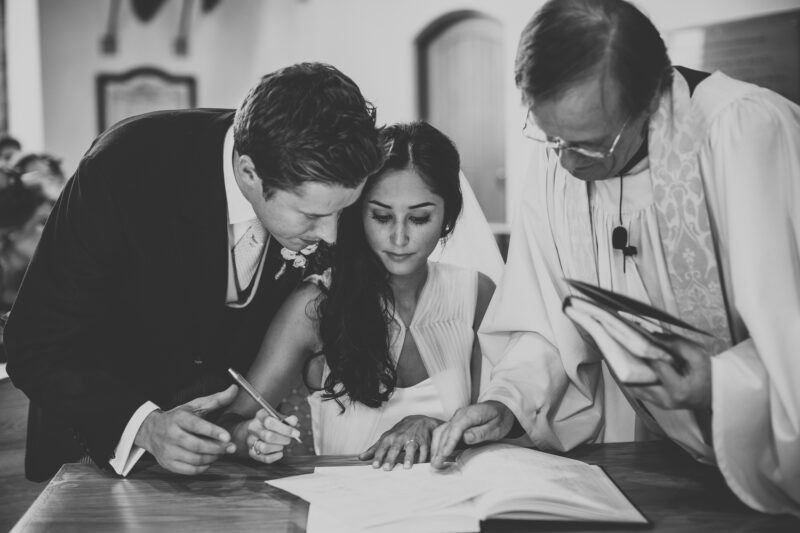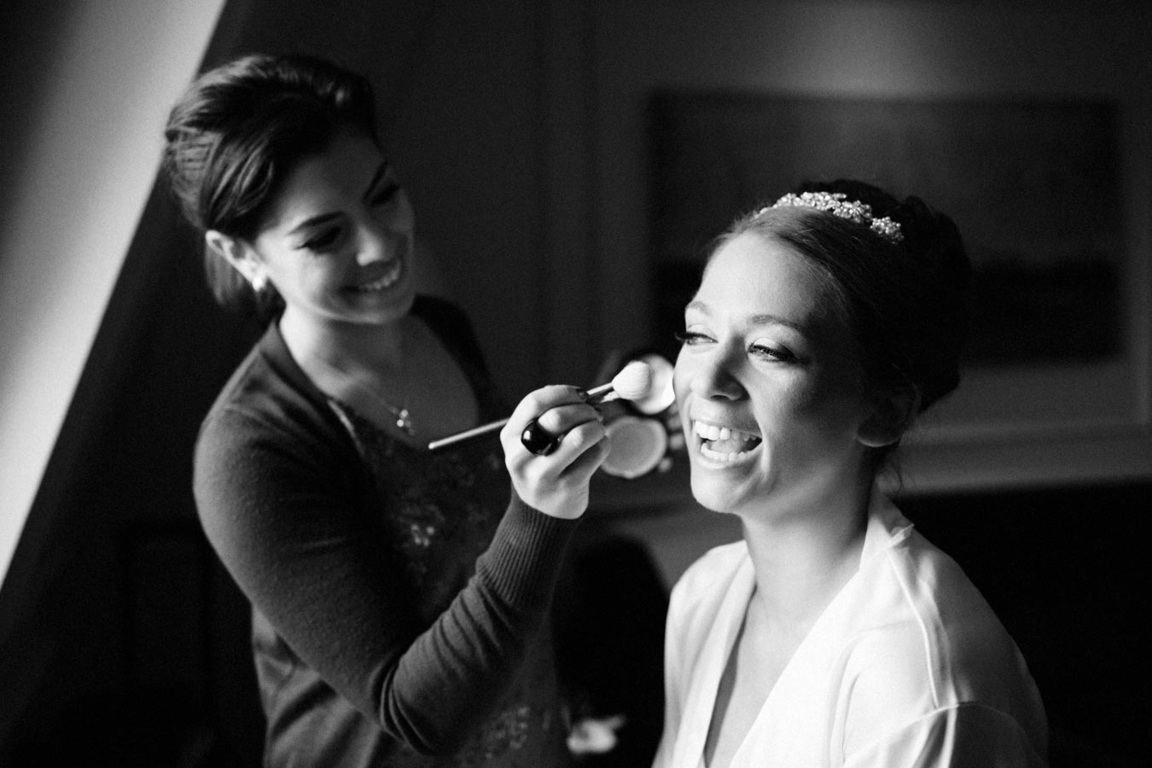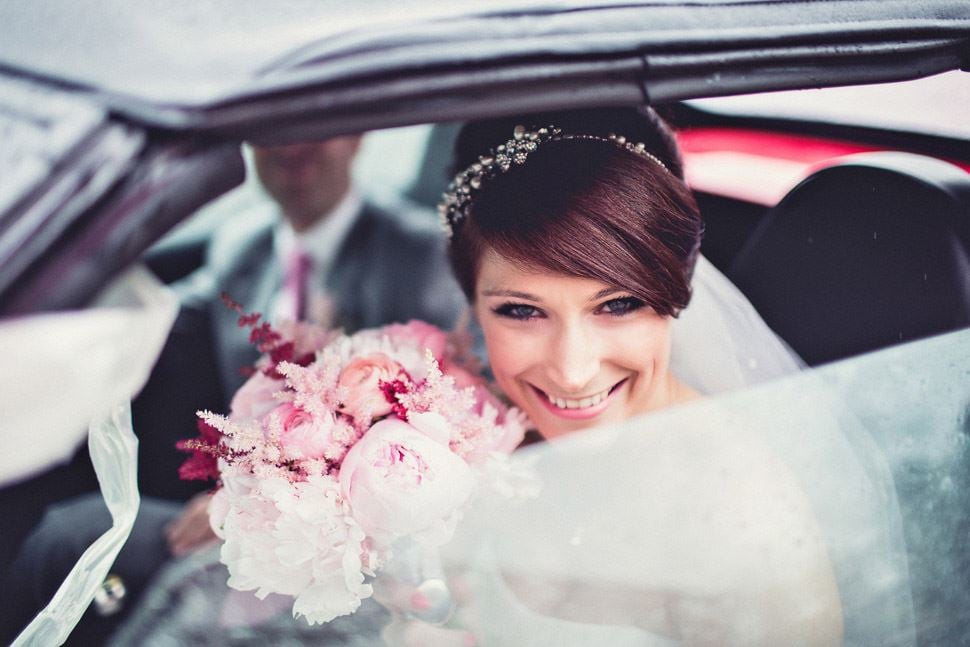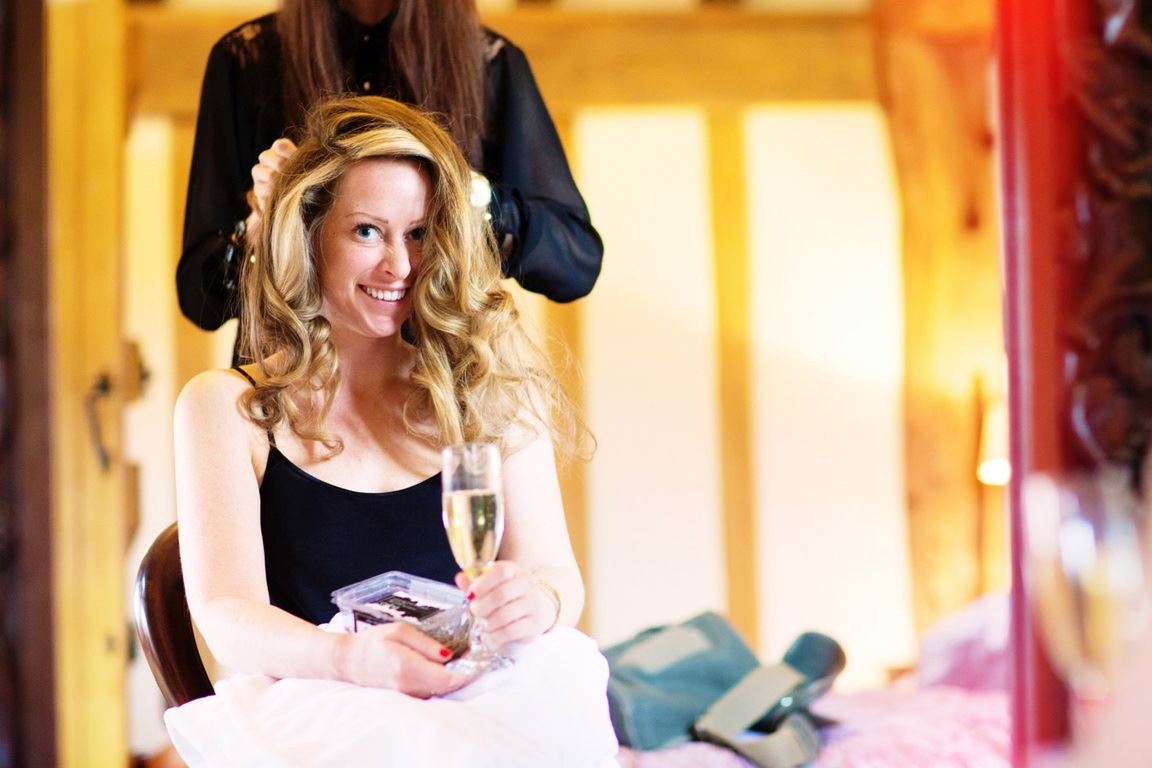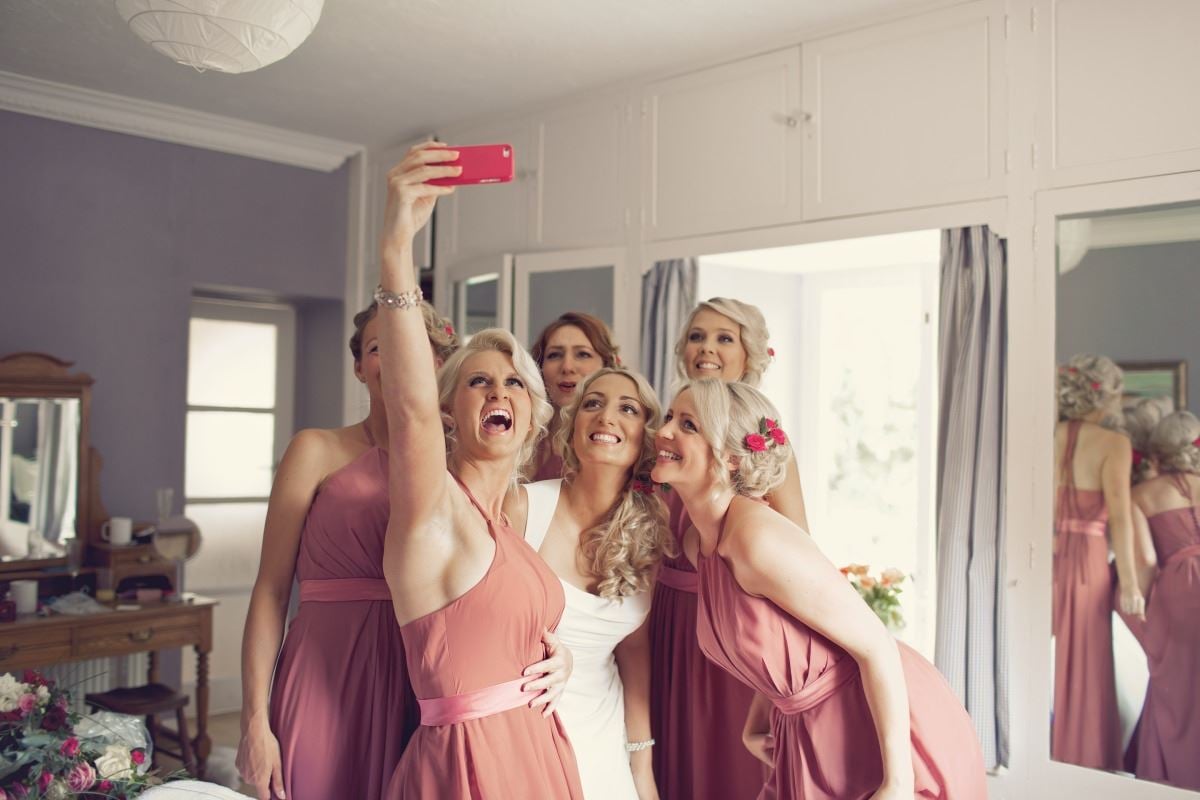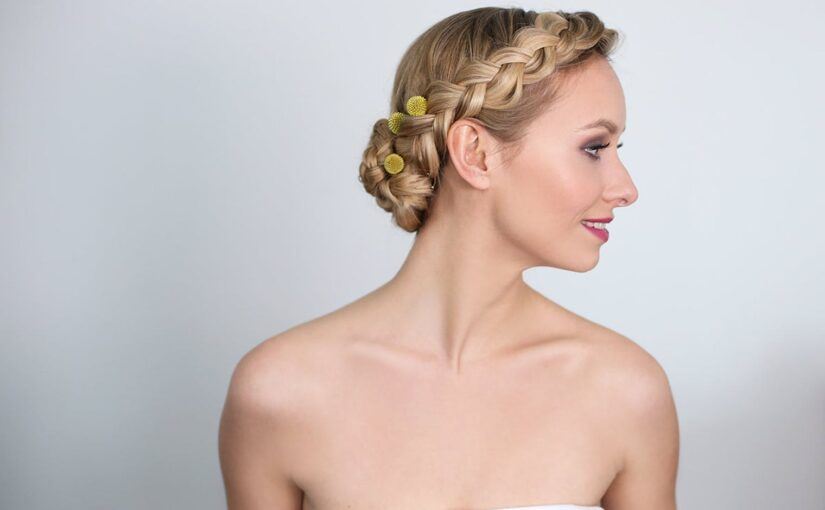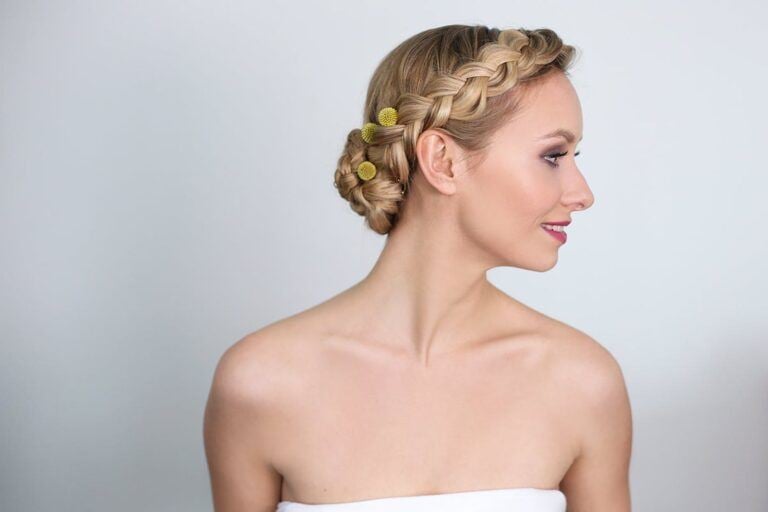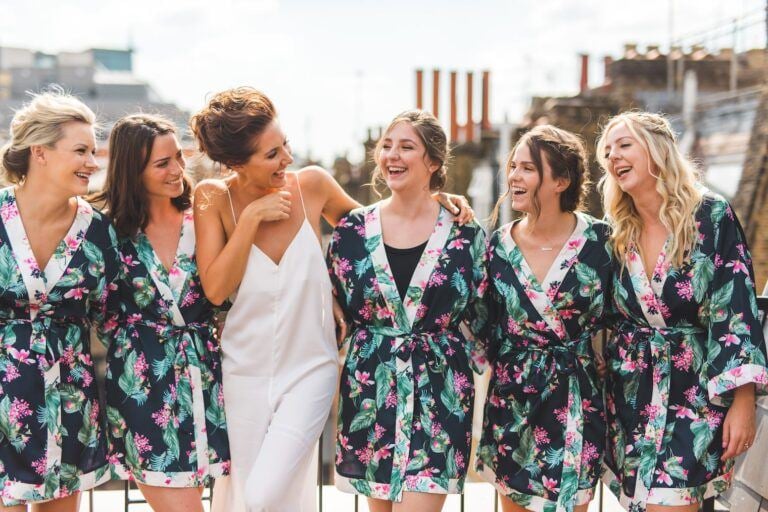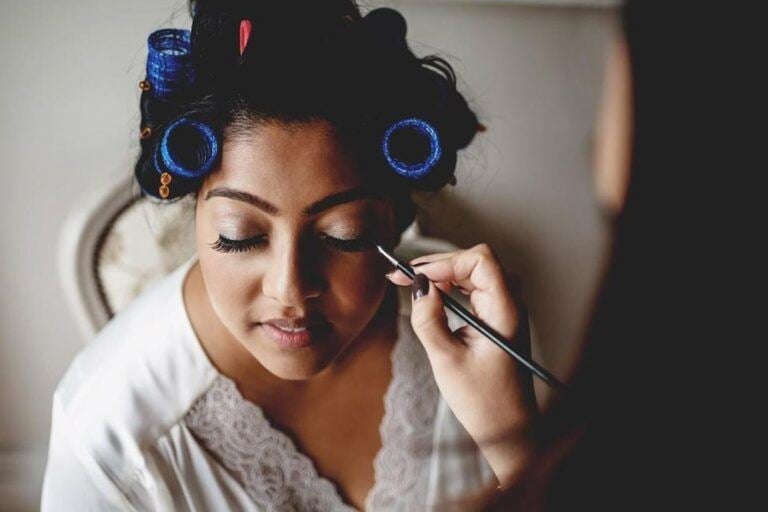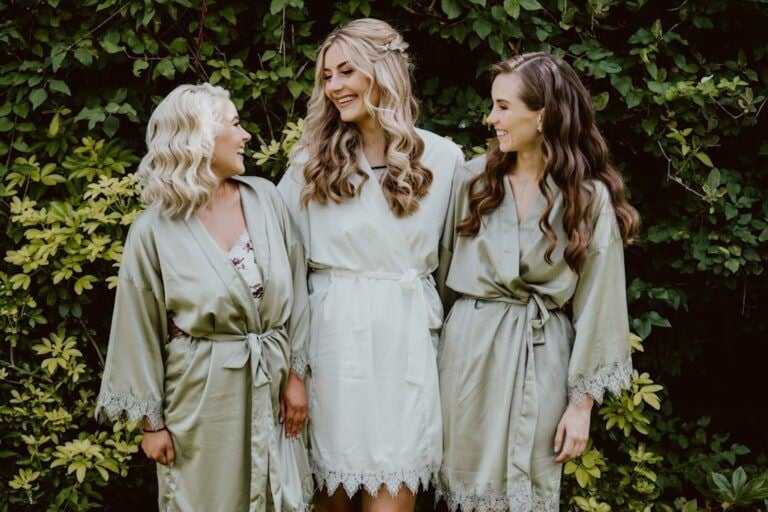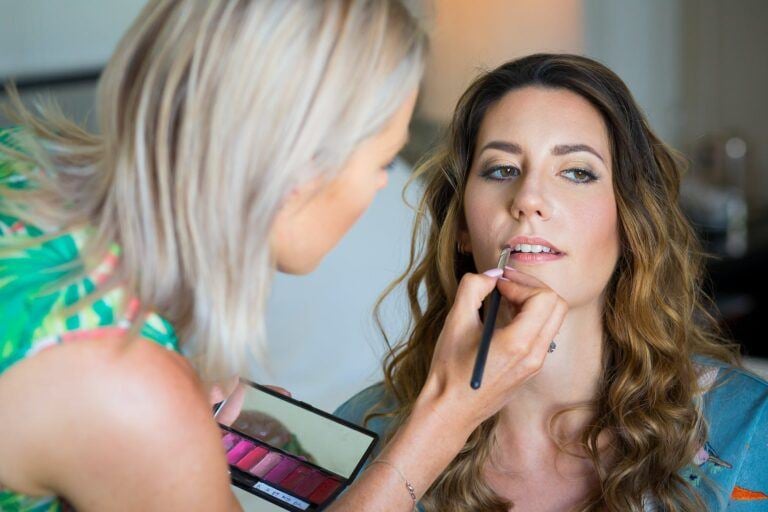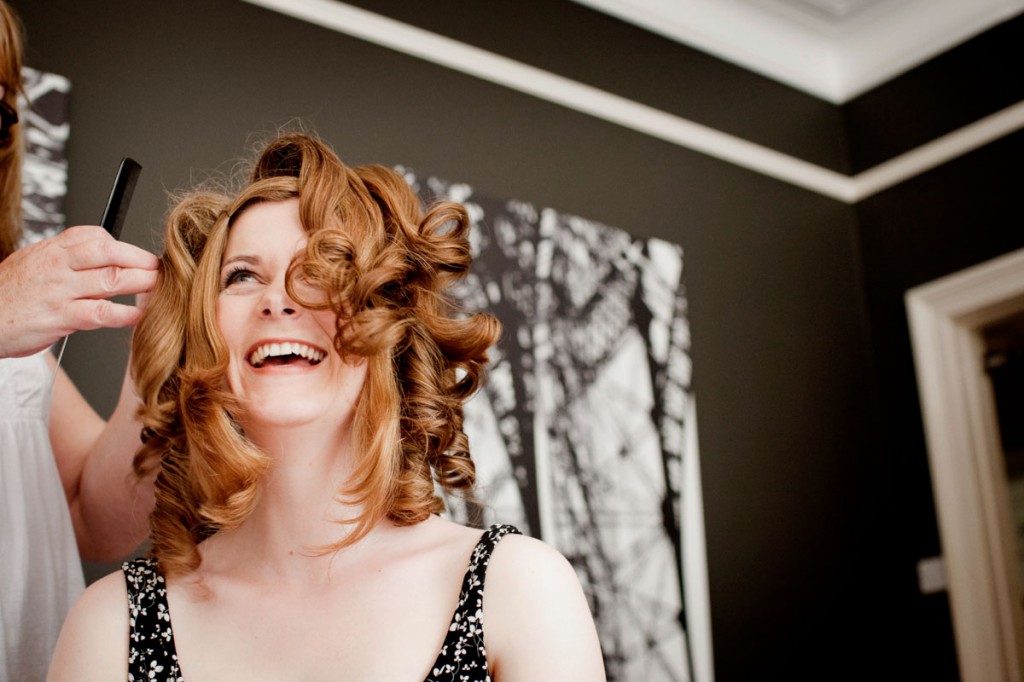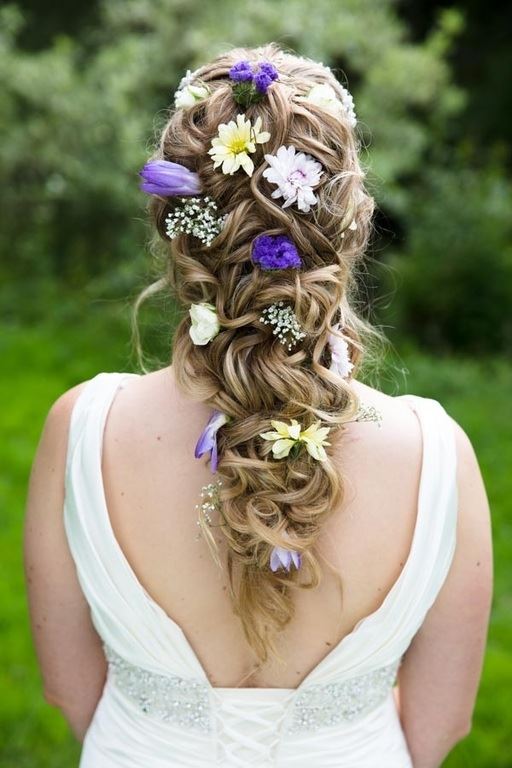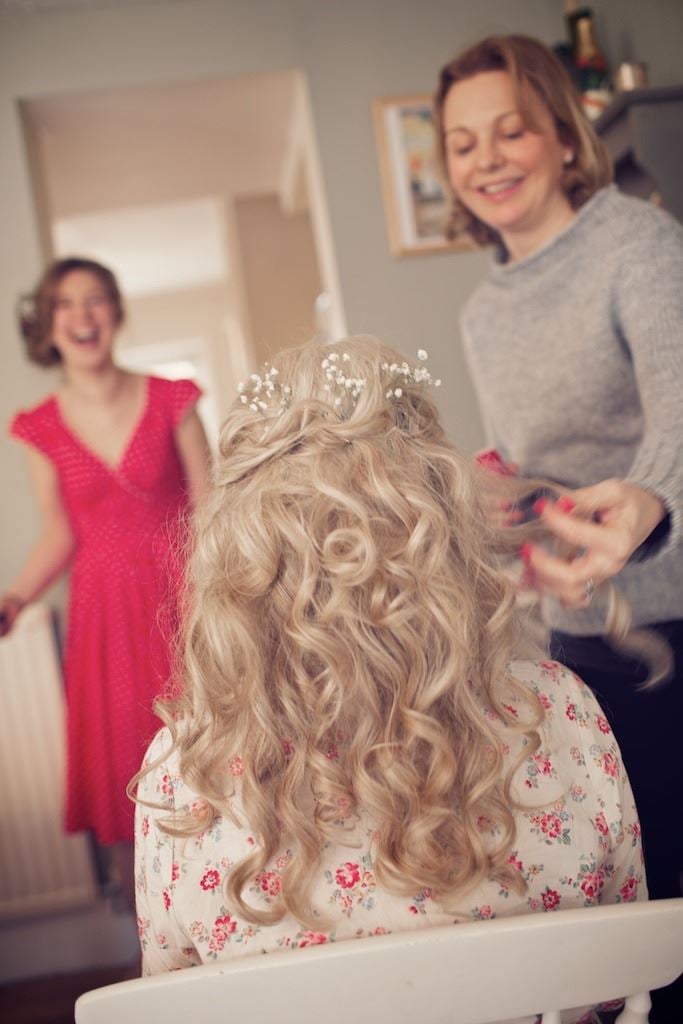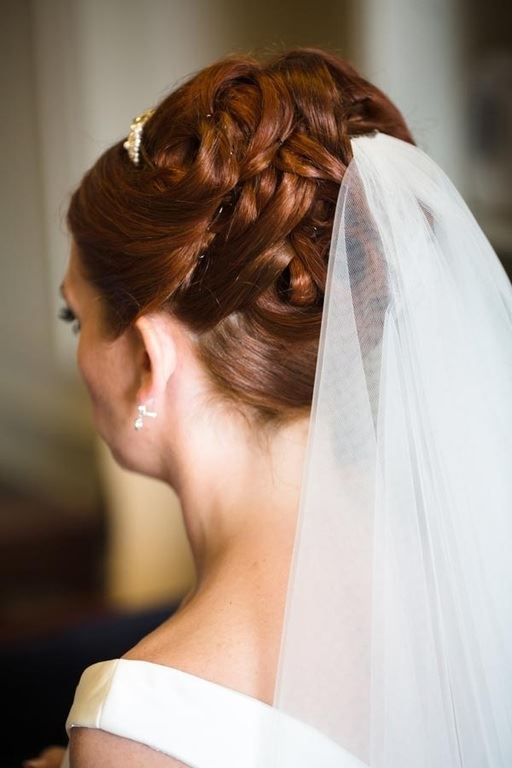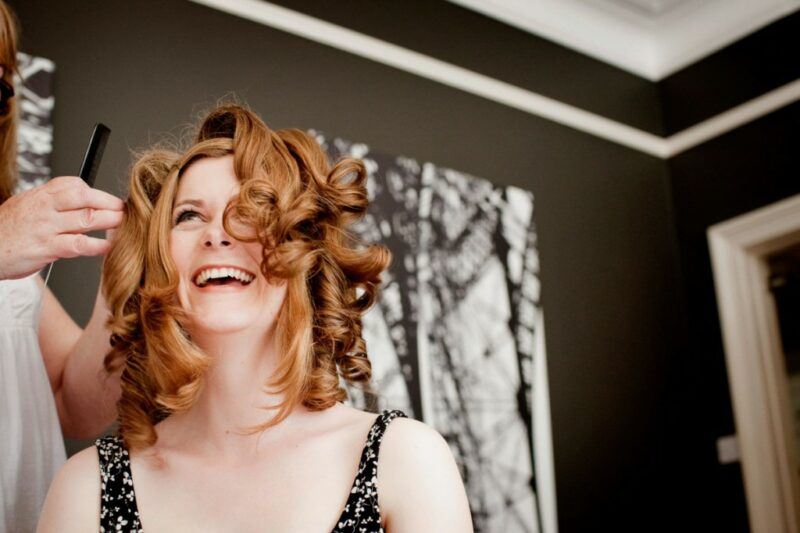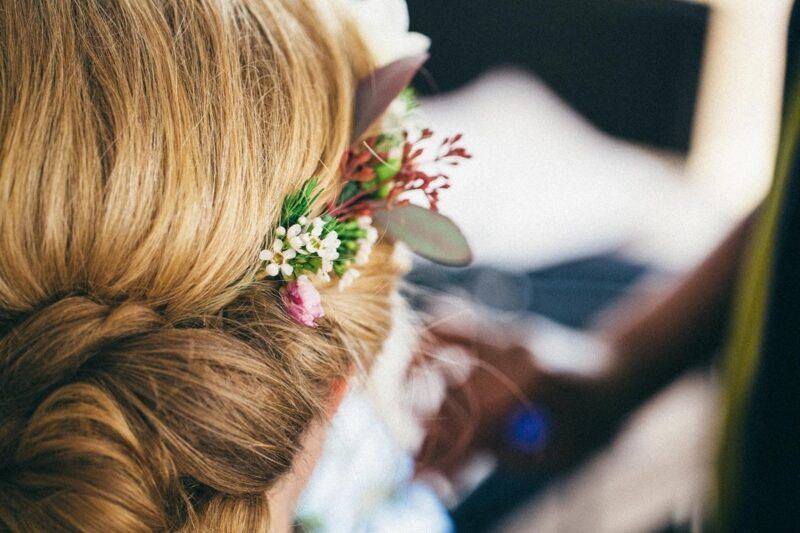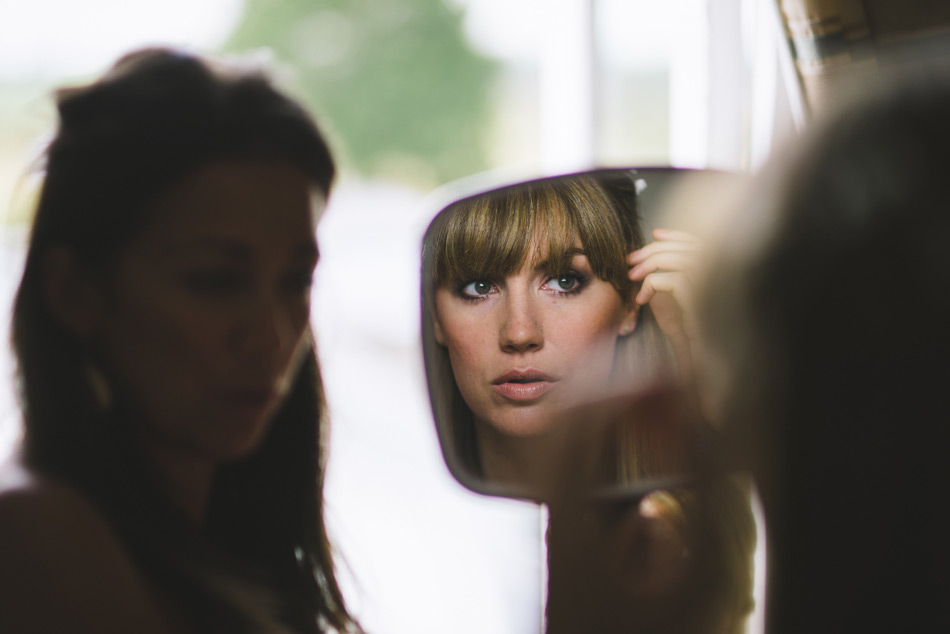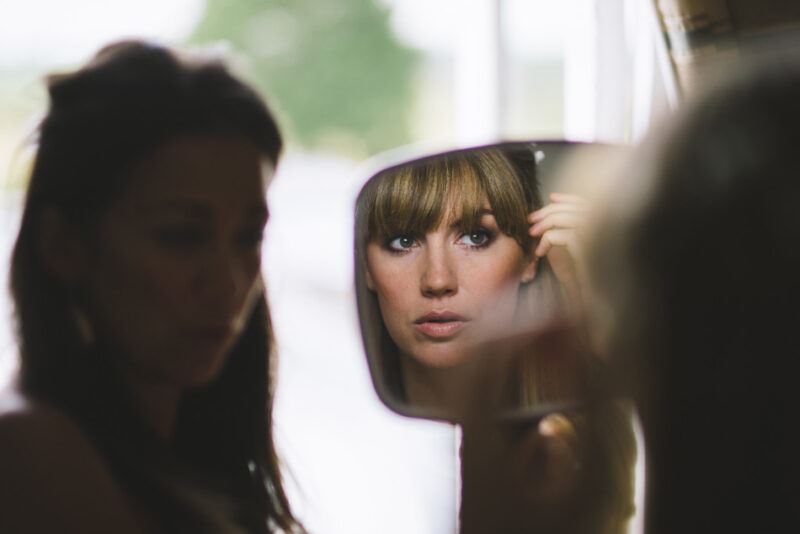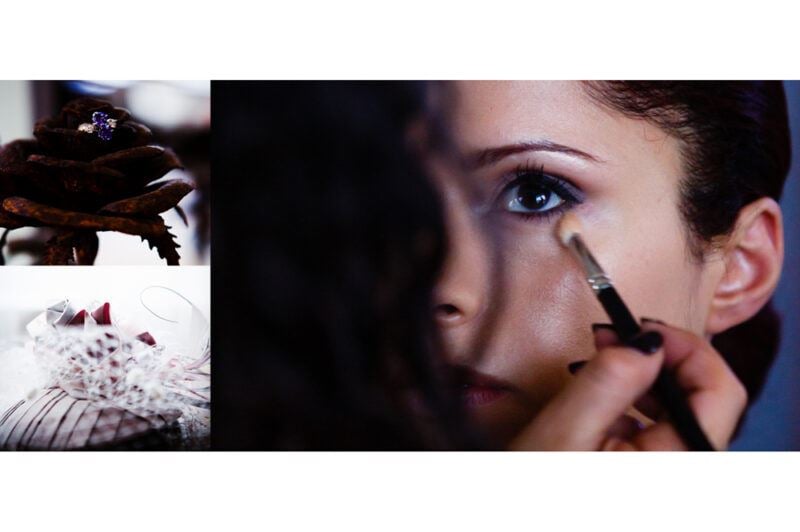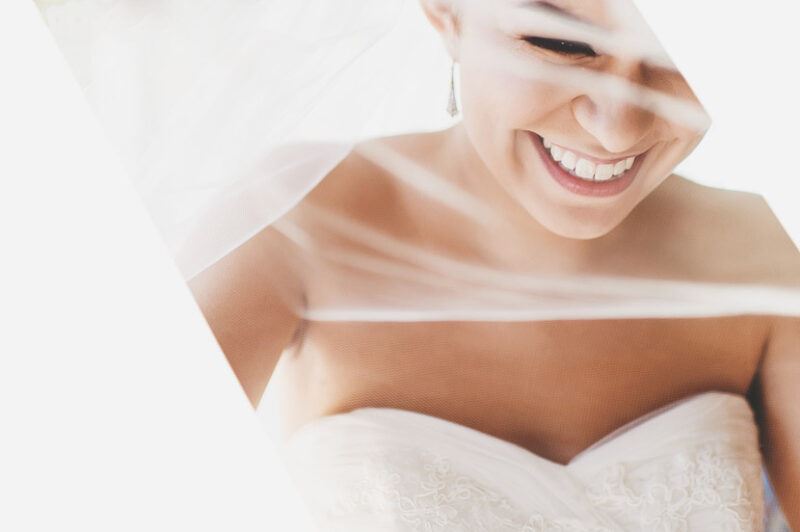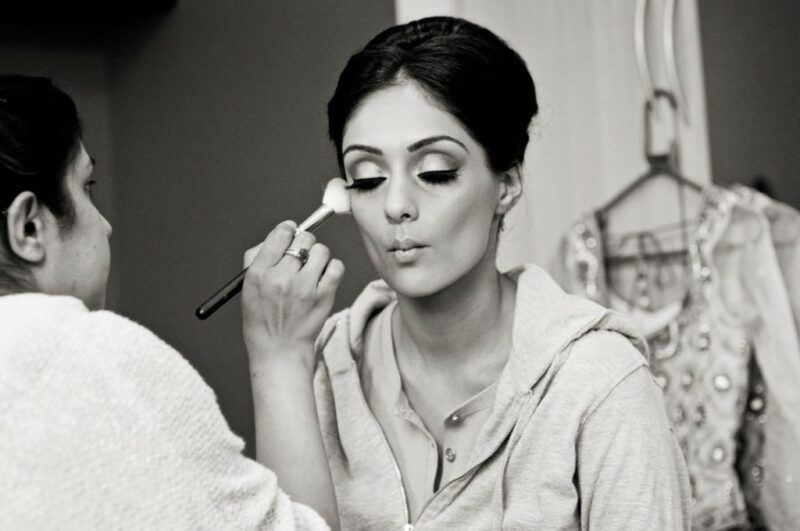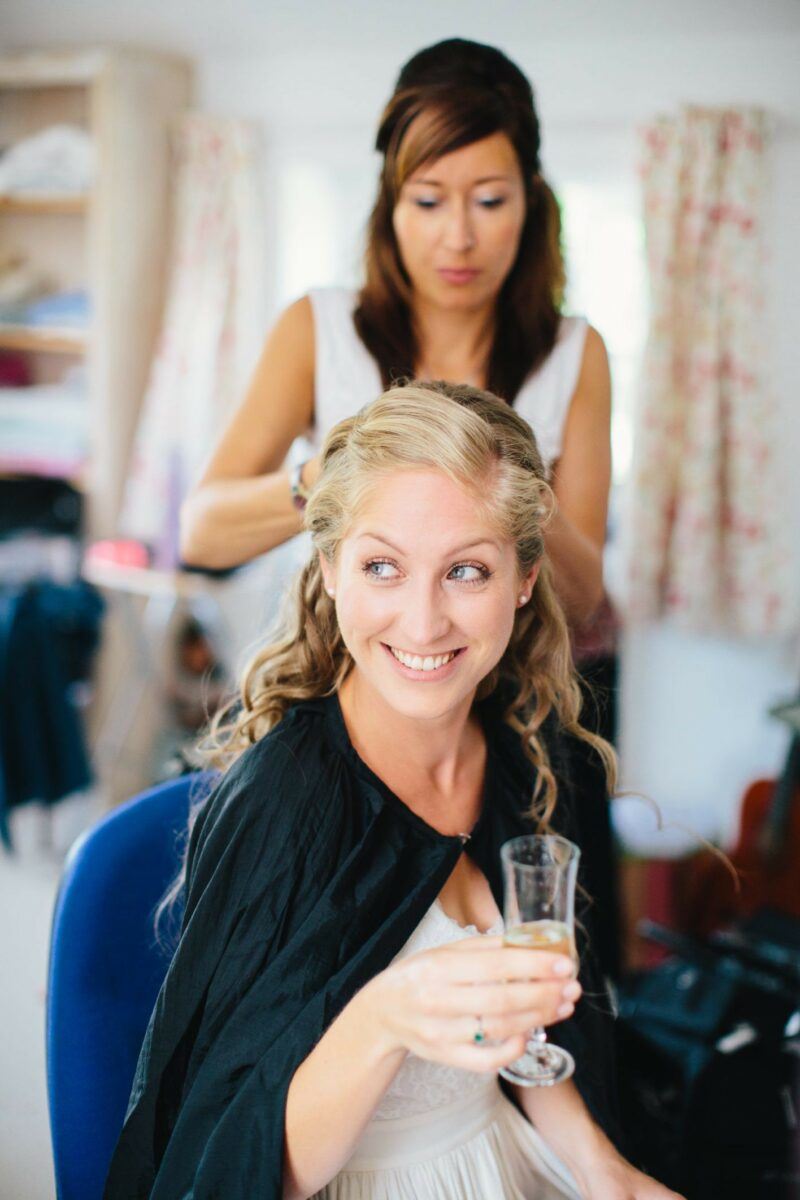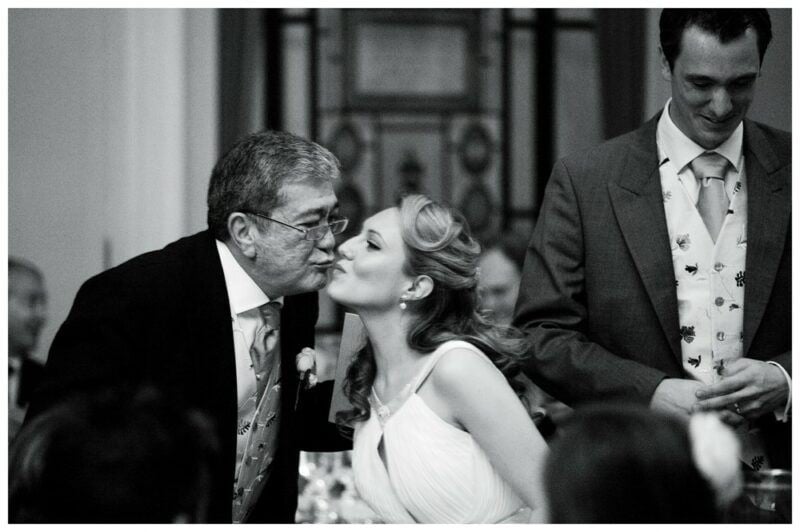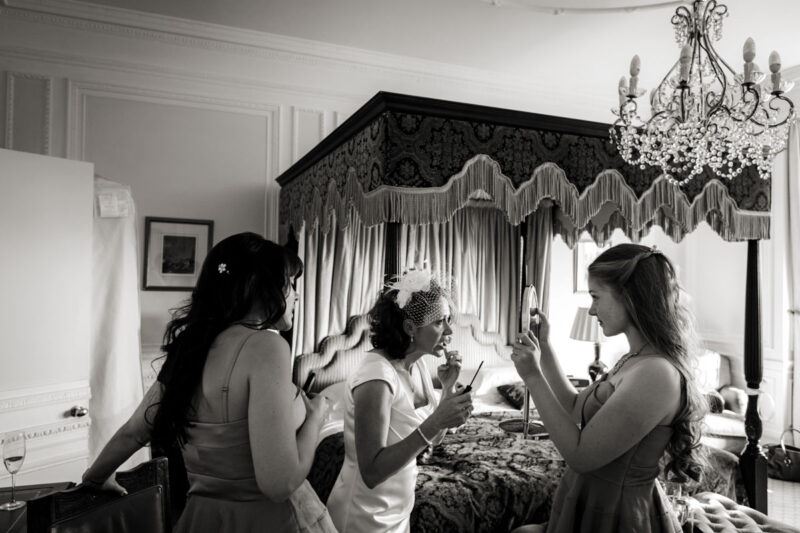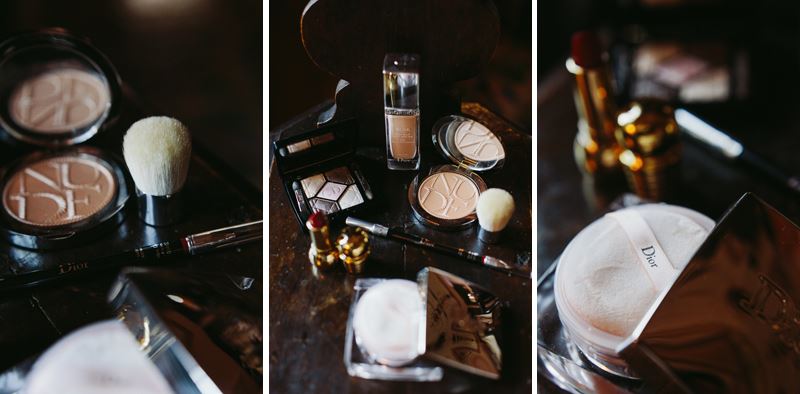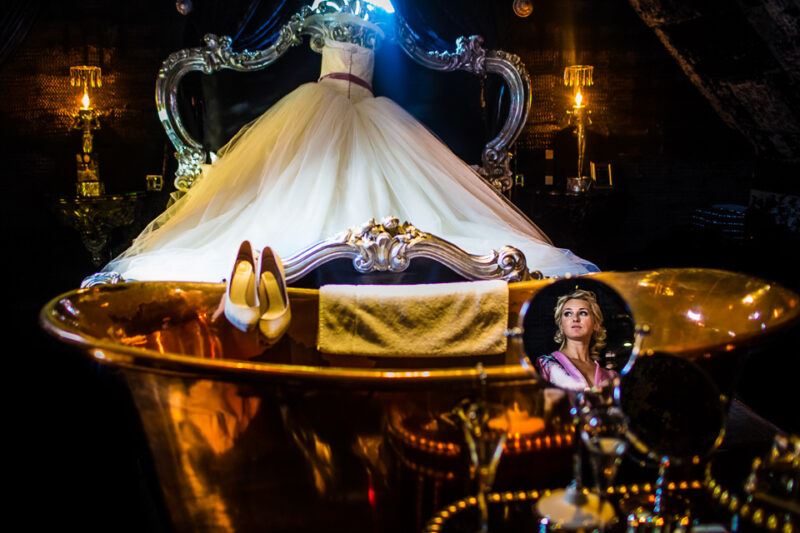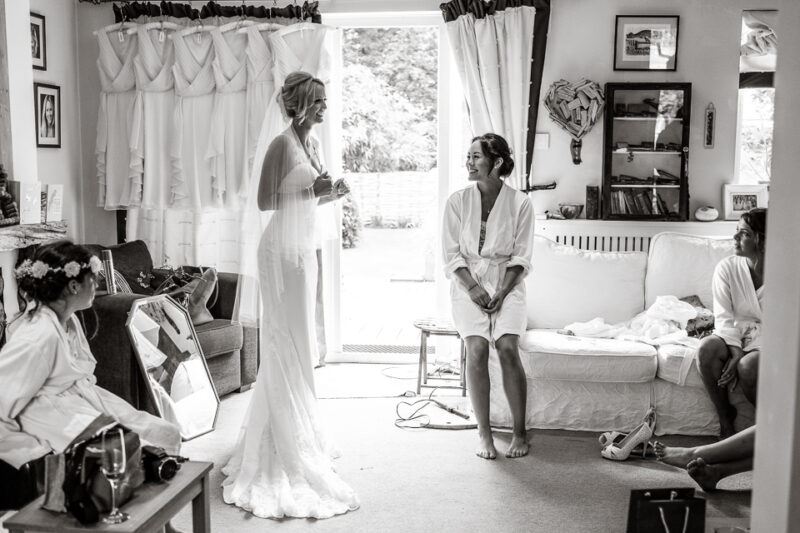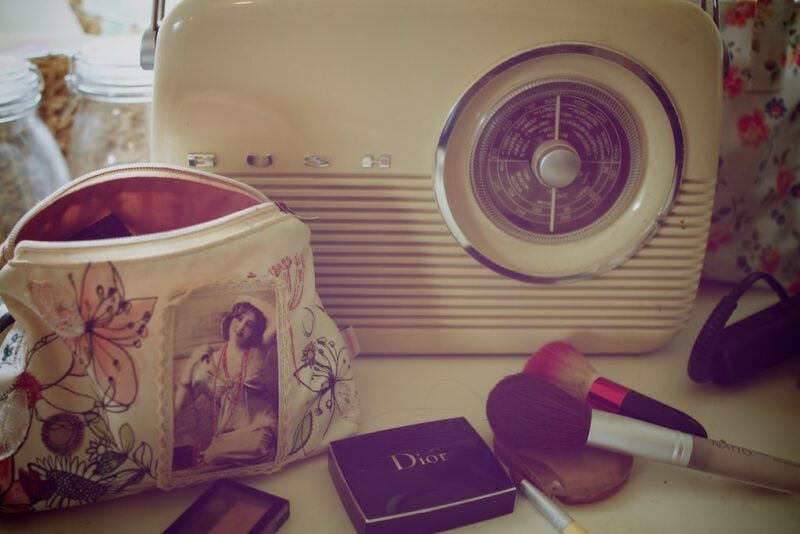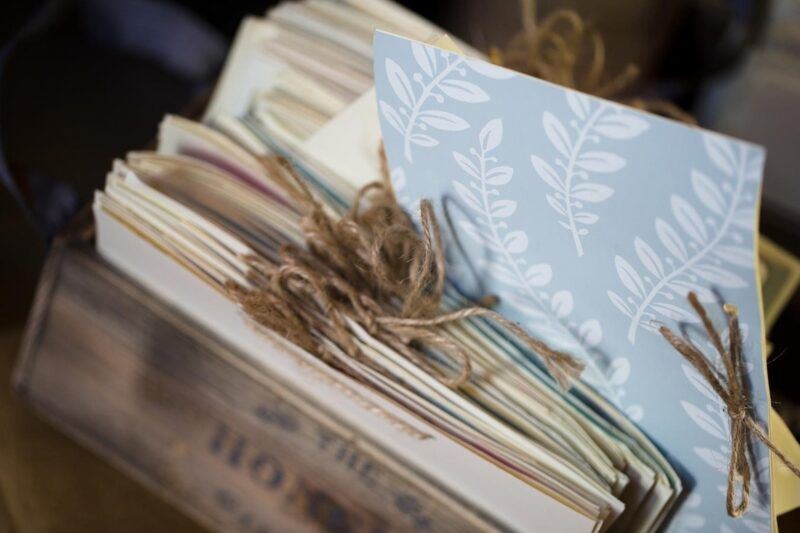Planning your wedding is one of the most exciting and thrilling times of your life. You’ll get to choose from so many different things that all come together to form the most perfect wedding day so you and your partner can celebrate your marriage in style surrounded by your family and friends.
But, while it might be a fun and rewarding process, planning a wedding isn’t exactly quick or simple – mainly because there are so many things to remember. If just one thing is forgotten, delayed or booked a little too late, it can throw everything else off. And trust us, the last thing you want when planning your big day is for you not to secure your first-choice florist or venue.
That’s why we’ve put together this comprehensive guide to let you know exactly when you need to start planning every part of your wedding, from the huge to the tiny. That way, you’ll have everything covered so you can keep your stress levels to a minimum and not worry about what you might have forgotten.
In this post, we’ve outlined the ultimate wedding planning checklist. We’ll go into detail about what to think about and when, so you can make sure everything’s in place at exactly the right time. That leaves you to get on with the one most important thing – have the wedding of your dreams and get married to the love of your life.
You have your work cut out
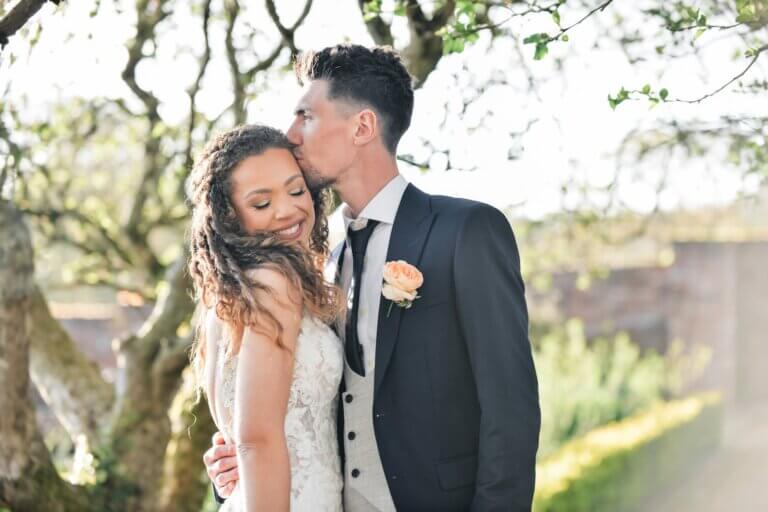
As we’ve already highlighted, planning a wedding involves thinking and making a decision about every single thing to do with your big day. From the shoes you’ll wear to the colour of the napkins at the wedding breakfast, you’ll have hundreds – if not thousands – of decisions to make. Most of these will fall under the following categories:
- Wedding budget
- Guest list
- Venue
- Officiants
- Vendors
- Attire
- Stationery
- Decor
- Ceremony
- Catering
- Reception
- Rings
- Marriage license
- Guest accommodation
- Gifts and favours
- Hair and beauty
- Timeline
- Honeymoon
See what we mean? That’s already a fairly long list, and it doesn’t even begin to cover the subcategories that fall under each. For example, under vendors you have florists, transportation, entertainers, musicians, photographers, cakemakers, wedding planner and more.
When should you start planning your wedding?

Ideally, you should start planning your wedding as soon as possible. But, we understand that, in reality, this can be a difficult question to answer. It all depends on how far into the future you’d like your wedding to be.
If you’re not looking to get married on a specific date or in any kind of rush to tie the knot, you might not need to dive into the wedding planning deep end. Instead, you might only need to take off your socks and dip your does into the wedding-planning pool. You can start to think about themes, dates and venues at a leisurely pace without worrying too much about whether or not you should throw down a deposit and secure something before someone else does.
On the other hand, if you want to get married relatively quickly – like within a year or less – then you definitely should slip on that bathing costume and dive right into the deep end. Such a short timeframe means you risk not getting your venues and vendors of choice, which risks you not having your dream wedding.
So, putting the tenuous swimming-related metaphors to one side, simply put, we recommend you get things in motion as soon as you can.
Should you hire a wedding planner?
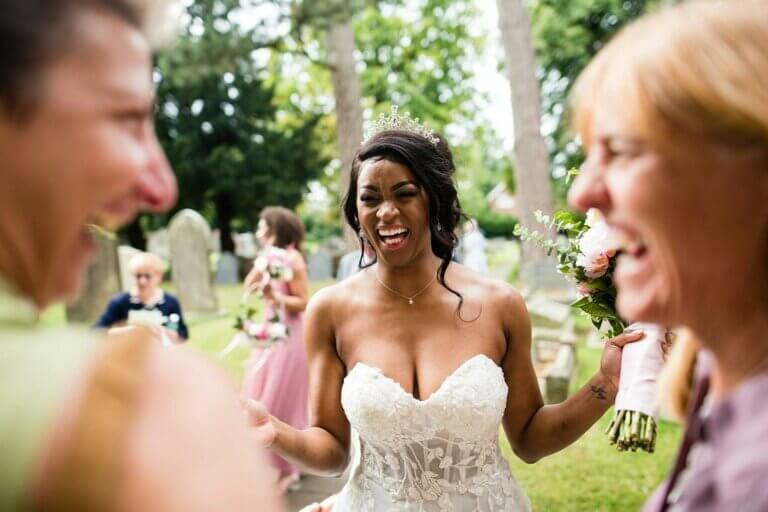
The decision about whether or not to hire a wedding planner can be a difficult one. On the one hand, wedding planners can take a lot of the more difficult and lengthy planning-related tasks off your hands, leaving you to do fun stuff like making decisions and spending money.
On the other hand, they’re not exactly cheap. The average cost of a wedding planner is £1,891, which is around 10% of the average overall wedding budget. When you’re spending as much money on a wedding as you are, it can be a rather large chunk of change that many couples can’t afford to spare. However, a good wedding planner will know where to get the best deals, who to speak to and what to say – so in the end, they might save you as much or if not more than their fee. It’s a difficult decision that only you can make, which you should make based on your budget, excitement and free time.
How to plan a wedding checklist
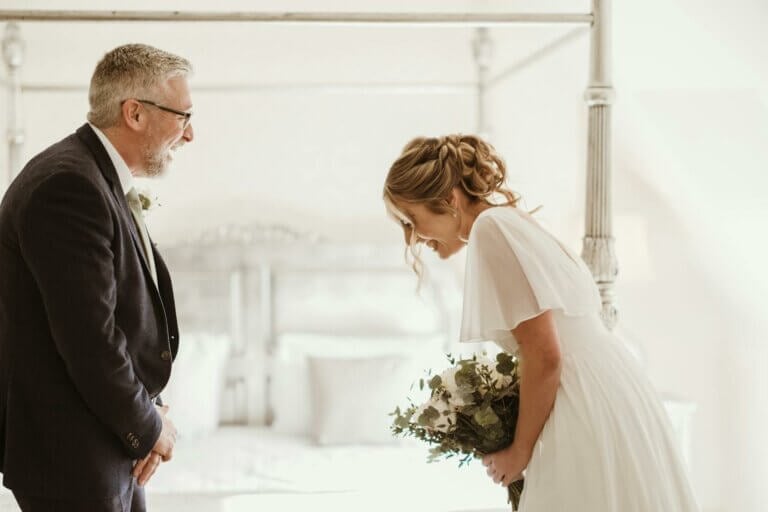
Putting together your own wedding checklist can be a challenge. As we’ve already mentioned, there are so many things to think about that it can be easy for one or two to be overlooked.
Thankfully, there are tools in place that mean you don’t need to plan your own checklist – you can use our wedding checklist tool right here at Bridebook. It’s a fast, easy and comprehensive tool that includes everything you need to think about, which you can check off as and when it’s taken care of. It’s also available in the handy Bridebook app, so you can take it with you as you visit venues and sample cakes. It definitely beats having to do mountains of research and put together a complicated spreadsheet.
Wedding planning checklist: quick reference guide
A lot of planning goes into creating the perfect wedding – below is a quick reference guide to make sure you tick off everything you need. Be sure to save and print out our step-by-step infographics for whenever you might need them.
You can also use Bridebook’s comprehensive and easy-to-use wedding checklist tool to organise your month-by-month to-dos straight from your mobile.
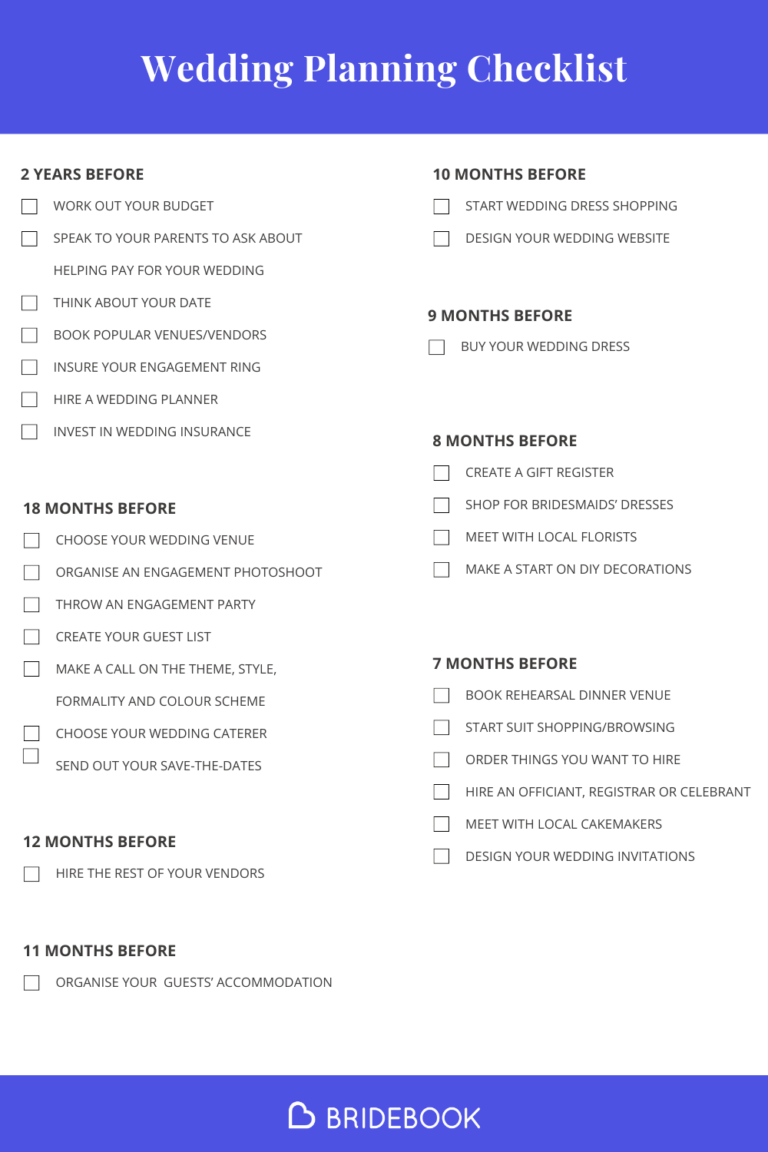
2 years before your wedding
- Work out your budget
- Speak to your parents to ask about helping pay for your wedding
- Think about your date
- Book any popular venues and vendors
- Insure your engagement ring
- Hire a wedding planner (if you want one)
- Invest in wedding insurance
18 months before your wedding
- Choose your wedding venue
- Organise an engagement photoshoot
- Throw an engagement party
- Create your guest list
- Make a call on the theme, style, formality and colour scheme
- Choose your wedding caterer
- Send out you save-the-dates
12 months before your wedding
- Hire the rest of your vendors
11 months before your wedding
- Organise your guests’ accommodation
10 months before your wedding
- Get serious about wedding dress shopping
- Design your wedding website
9 months before your wedding
- Buy your wedding dress
8 months before your wedding
- Create a gift register
- Shop for bridesmaids’ dresses
- Meet with local florists to talk flowers
- Make a start on DIY decorations
7 months before your wedding
- Book the venue for your rehearsal dinner
- Start suit shopping/browsing
- Put in your order for things you want to hire
- Hire an officiant, registrar or celebrant
- Meet with local cakemakers
- Design your wedding invitations
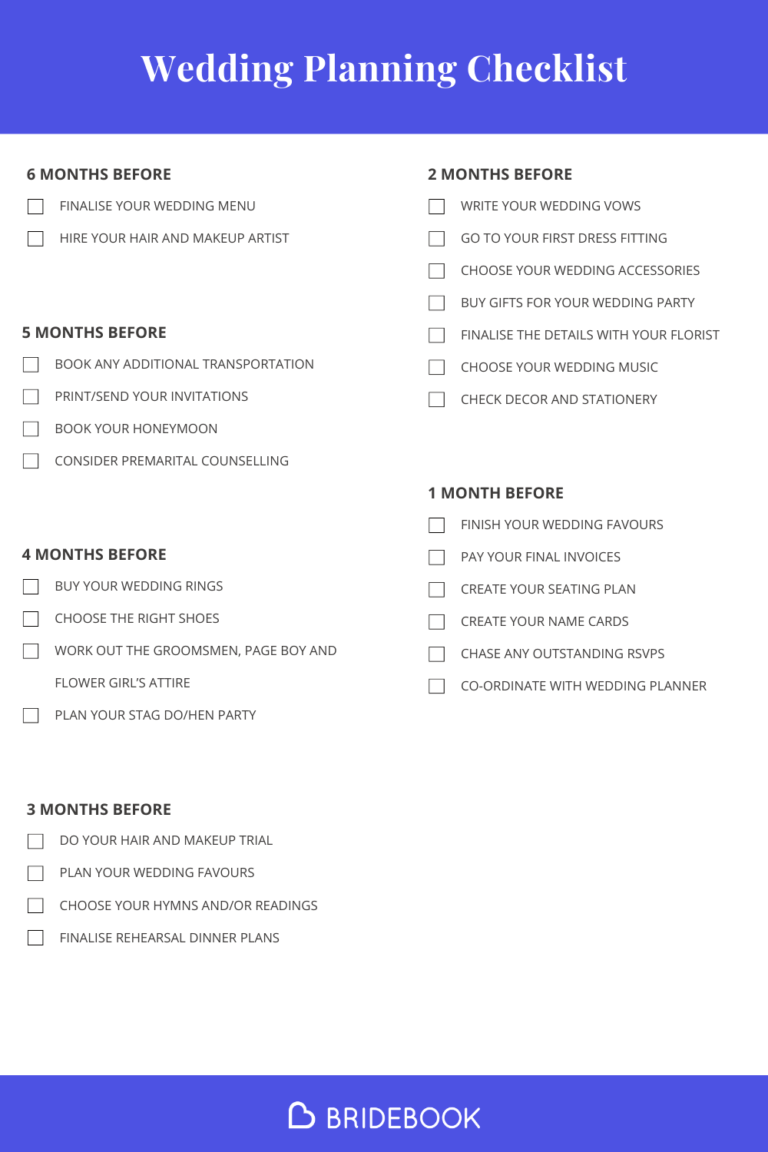
6 months before your wedding
- Finalise your wedding menu
- Hire your hair and makeup artist
5 months before your wedding
- Book additional transportation if necessary
- Print and send your invitations
- Book your honeymoon
- Consider premarital counselling
4 months before your wedding
- Buy your wedding rings
- Choose the right shoes
- Work out the groomsmen, page boy and flower girl’s attire
- Plan your stag do/hen party
3 months before your wedding
- Do your hair and makeup trial
- Plan your wedding favours
- Choose your hymns and/or readings
- Finalise rehearsal dinner plans
2 months before your wedding
- Write your wedding vows
- Go to your first dress fitting
- Choose your wedding accessories
- Buy gifts for your wedding party
- Finalise the details with your florist
- Choose your wedding music
- Make sure you have all the decor and stationery
1 month before your wedding
- Finish your wedding favours
- Pay your final invoices
- Create your seating plan
- Create your name cards
- Chase any outstanding RSVPs
- Meet with your wedding planner to go through everything
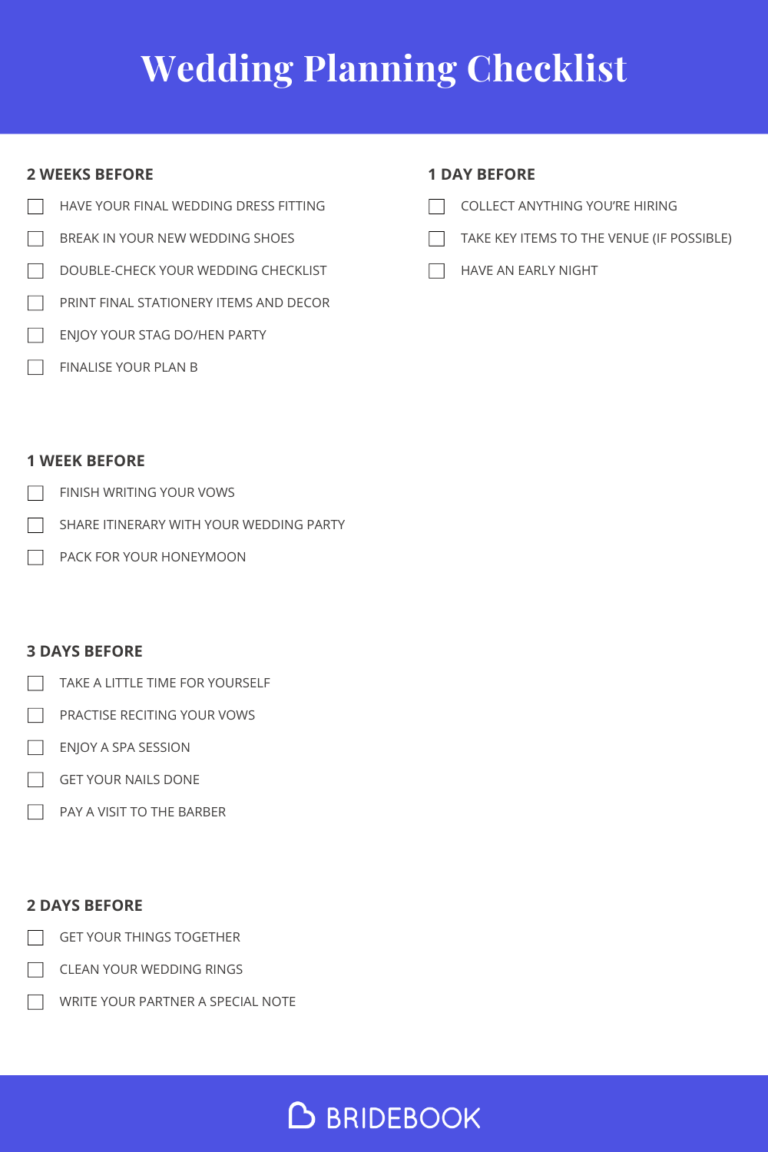
2 weeks before your wedding
- Have your final wedding dress fitting
- Wear your wedding shoes to break them in
- Double-check your wedding checklist
- Print any final items of stationery or decor
- Enjoy your stag do/hen party
- Finalise your plan B
1 week before your wedding
- Finish writing your vows
- Share your itinerary with your wedding party
- Pack for your honeymoon
3 days before your wedding
- Take a little time for yourself
- Practise reciting your vows
- Enjoy a spa session
- Get your nails done
- Pay a visit to the barber
2 days before your wedding
- Get your things together
- Clean your wedding rings
- Write your partner a special note
1 day before your wedding
- Collect anything you’re hiring
- Take key items to the venue (if possible)
- Have an early night
Wedding planning checklist: all the details
If you’re about to start your wedding planning journey, or you’re neck deep in it already and worried you’re going to miss something, don’t worry – our complete wedding planning checklist below includes every single thing you need to think about.
So, follow our step-by-step journey so you know exactly what to do and when, and nothing gets missed, ignored, forgotten or overlooked. Or, use our handy wedding checklist tool every step of the way while planning your big day.
2 years before your wedding
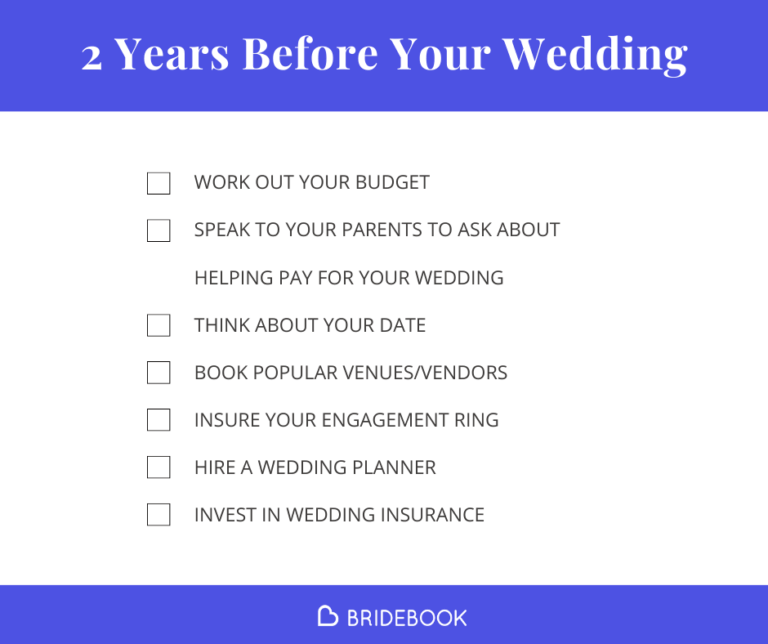
Work out your budget
Before getting too excited about planning your wedding – and especially before throwing down money for a deposit anywhere – you need to work out your budget. Look at your own savings, your income and what you might be able to save over the coming months and years. Weddings are expensive – the average amount couples spend on their wedding in the UK is £19,184. You don’t want to start your married life in debt, so make sure you don’t overstretch yourself.
Use our intuitive budget tool to help understand the sort of money you’ll have to play with. Many couples also ask for help paying for their wedding, which you might want to include during your initial planning. Once you know your budget, you’ll then have a better idea about what kind of venues and vendors you can consider – that’s when the real fun begins.
Don’t forget, if your budget’s looking a little smaller than you’d like, there are plenty of ways you can save money. Read our ultimate guide to saving money on your wedding for a little inspiration.
Speak to your parents to ask about helping pay for your wedding
Our 2023 Wedding Report found that a third of engaged couples ask their parents for financial help when planning a wedding. If this is you, and you’re asking for a little help to pay for things for your big day, you’re not alone. But, you’ll need to broach the subject with your parents sooner rather than later so you can gauge exactly how much you’ll have to spend.
The topic of money can be a difficult one to raise, especially when it comes to asking for help. For some guidance on how you can discuss finances with your parents, read our dedicated post on how to ask your parents for help paying for your wedding.
Think about your date
From the moment you got engaged, you’ve probably had to answer the same question from all angles: have you set a date yet? Without setting a date, it can be hard to plan everything else, so it should be one of the very first things you consider. Is there a specific date you want to get married on, such as the anniversary of your first date, or a Saturday during the summer when there’s a higher chance of guests being free? Not to mention some good weather. Once you’ve chosen your ideal date, you can start to think about everything else.
Book any popular venues and vendors
If you’re blessed with the gift of time and have a couple of years until your wedding, it’s important not to get too blasé. Many affordable and popular venues can get booked up two or more years in advance, especially if you want to get married on a Saturday. So, it can’t hurt to start browsing and visiting venues to get a head start on other couples. The worst thing you can do is delay making a booking for the venue, only for it to be snapped up by someone else. Believe us when we say that really does sting.
The same applies to other wedding vendors who have great reputations or reasonable rates. They’ll soon run out of availability, so if there’s someone you know you just have to have for your wedding, book them as soon as you’ve confirmed your date.
Insure your engagement ring
After the proposal, one of the first things you should do is insure the engagement ring. You’re not likely to lose or damage it, but imagine what if? Your home insurance policy may cover your engagement ring, but even if it does there’s likely to be a limit on the value. Check with your insurer if your ring is covered, and if not make sure you take out an adequate policy as soon as possible.
Hire a wedding planner (if you want one)
If you’re thinking about hiring a wedding planner to help make your dream wedding a reality, you should do this before you make a single booking. That’s because wedding planners are relatively pricey (they cost an average of £1,891) and you want to get the most value from them you can. Plus, with so many connections, years of experience and plenty of skill, a great wedding planner can save you some serious cash along the way.
Invest in wedding insurance
Once you’ve set the date for your wedding, if it’s within the next two years then make sure you secure wedding insurance. Because you’re dropping so much money on your wedding, why risk losing it all should something unexpected happen? It’s unlikely, of course, but it’s better to be safe than sorry. Just don’t jump the gun on this – most wedding insurance providers only offer policies valid for 24 months.
18 months before your wedding
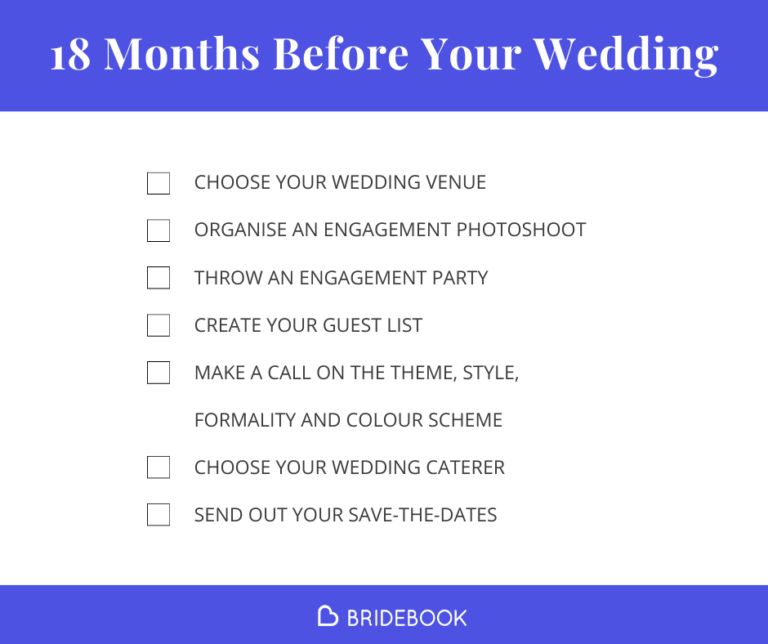
Choose your wedding venue
If you haven’t done it already, it’s time to get a wiggle on and secure your venue. If you have your sights set on a particular venue, pay your deposit as soon as you can, because there are likely to be other couples (as well as those celebrating birthdays and anniversaries, or even corporate parties) looking for exactly the same type of event space. If you have your budget worked out and a date agreed, find the perfect venue and get your name on the booking sheet. The venue is probably going to be the single biggest expense at your wedding, so once you have that you’re in a great position to build everything else around it.
Once you’ve secured your venue, you can start dropping a few hints about a date, too!
Organise an engagement photoshoot
To mark such a momentous moment in your lives, why not take part in an engagement photography session so you can hold on to those memories forever? This is also a great way to get used to being in front of a camera if it’s not really your thing. If you speak to your chosen photographer about packages, you also might be able to bag a bargain and have them shoot photos at your wedding for a discounted rate.
Throw an engagement party
Engagement parties are a great way to celebrate your engagement and get everyone excited about your future wedding. Ideally, you should throw your engagement party between two and four months after you get engaged, because any longer and it risks being too close to the wedding itself. You don’t have to throw an engagement party (it is another expense after all), but it can be a lot of fun before you get busy with wedding planning.
For a little inspiration, read our guide on how to plan an engagement party.
Create your guest list
Once you know your budget and venue, you can start to create your guest list, as they’ll both determine how many guests you can invite. If you have a large budget and venue, you might be in a position to invite 150 guests or more. If you have a smaller budget and venue, you might have room for 75 guests or fewer, which means you might have to be a little less frivolous with the +1s. This means making some hard decisions and complex family-focused negotiations, which hopefully won’t result in too many guest list-related arguments.
One important thing to note here is that if you do decide to throw an engagement party, anyone who gets an invite to that will probably expect an invite to the wedding itself. So, if you don’t want someone in particular to be there on the big day, don’t ask them to be there to celebrate your engagement.
For more information, read our blog post featuring tips for starting your guest list.
Make a call on the theme, style, formality and colour scheme
Since the moment you got engaged, you’ve probably started following wedding influencers on social media, flicking through wedding magazines, reading blogs, browsing Etsy and Pinterest and everything else you can think of for wedding inspiration. Now it’s time to make the call and decide the theme, style, formality and colour scheme of your wedding so you can hire the appropriate vendors and decorations, and plan your stationery.
Choose your wedding caterer
While, of course, your guests will attend your wedding to watch you and your partner get married, they’ll also secretly be excited about all the food and drink they’ll get to enjoy too. Choosing a wedding caterer can be a tough decision, but it’s also a lot of fun, and allows you the chance to try some amazing foods while nodding thoughtfully.
And the best thing about wedding catering is that the possibilities are limitless. Whether you want a fancy three-course meal, a huge buffet spread, or a lineup of international food trucks, you can go with whatever fits your theme and preference (and budget, of course).
Send out your save-the-dates
After figuring out your theme, you’re finally in a position to start work on your wedding stationery. As part of this, you can design (or brief a designer you might choose to hire) your save-the-dates. These could be cards, magnets, keyrings, tiny jigsaws, stickers… anything you can think of. It just reminds your guests to keep that date free ahead of sending out the formal invitations. The sooner you can get your save-the-dates out the better, especially if your wedding’s taking place during the summer months, in the middle of the school holidays or on a Saturday, all of which can quickly fill up.
12 months before your wedding
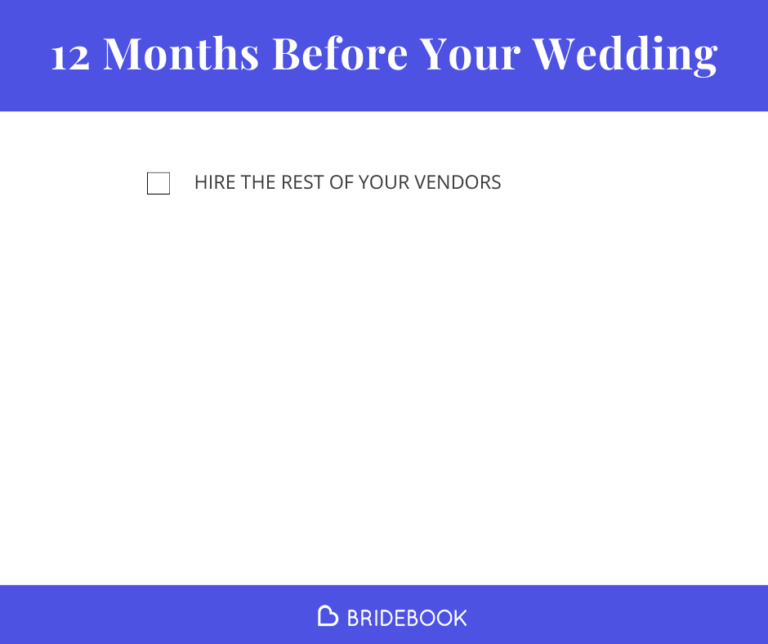
Hire the rest of your vendors
Remember how tough it was to decide on the right venue? Right, well now multiply that process by five, because you have a bunch more big decisions to make. This includes sorting your music and/or entertainment, and hiring a videographer and photographer if you didn’t buy a package when you had engagement photos taken.
These kinds of vendors, especially if they come with a good reputation, are likely to be booked up if you leave it too close to your wedding, so if there’s someone you have in mind we’d recommend securing them early before it’s too late.
If your wedding’s taking part at different venues, don’t forget to book transportation, too. And with such a wide variety of options available, from a horse and carriage to a stretch limousine, it might be a tough decision.
11 months before your wedding
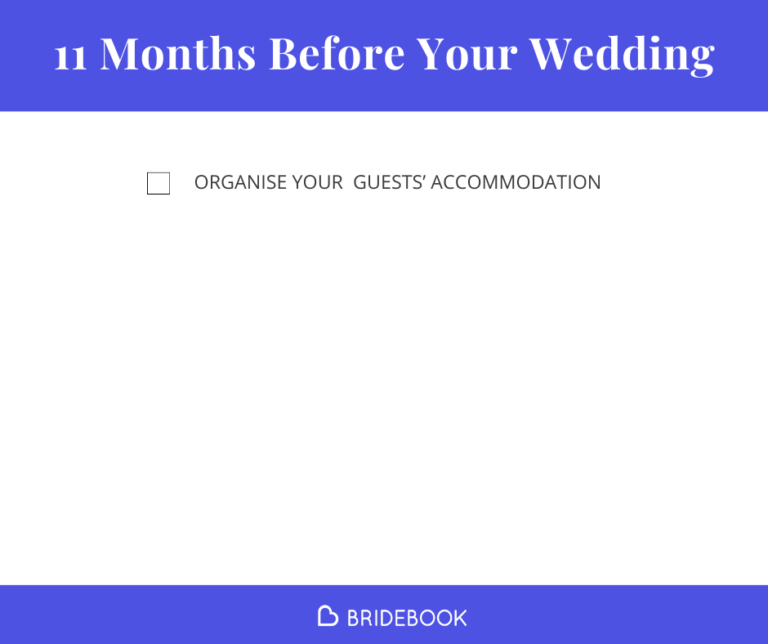
Organise your guests’ accommodation
If you’re getting married somewhere that offers on-site accommodation, like a hotel, you’ll want to make sure your guests have easy access to a room (and ideally offer a preferential rate). Speak to the venue about blocking out rooms, which also helps prevent the venue from having too many unfamiliar faces staying and feeling a little less exclusive. If it’s a smaller hotel, they may automatically block out every room for you, but it’s worth checking with them to make sure.
10 months before your wedding
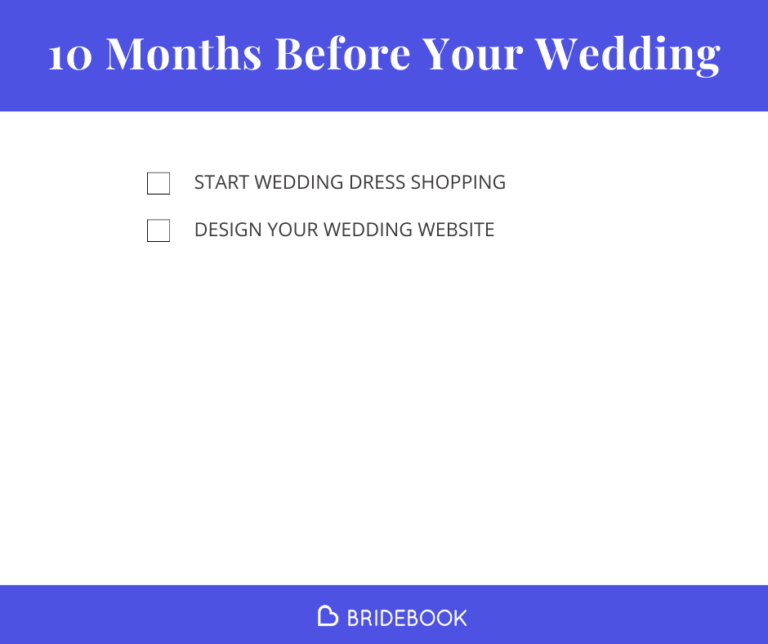
Get serious about wedding dress shopping
What you wear on your wedding day is going to play on your mind right up until the morning of your wedding when you put everything on (and realise all that preparation paid off). So, you’ve probably been looking into what you’re going to wear waaay before now. But, now’s the time to get serious. Try to go for a proper dress fitting so you can find the style of dress that suits your tastes, budget and figure perfectly. Then, it’s up to you whether you choose a dress from that store, look elsewhere, or wait to grab a bargain (there are plenty of thrifty ways to save money on a wedding dress out there).
Finding your wedding dress can be a bit of a mission, but with your wedding squad in tow, you can have a lot of fun at the same time.
Design your wedding website
A wedding website is a useful resource to which you can direct you guests to give them information about your wedding. You probably don’t want to overload your invitations with huge paragraphs or unwieldy maps detailing the location of the venue – instead, a wedding website can do that for you. It’s also a great way to create an interactive gift register.
Read our guest post from the experts at Squarespace about how to create the perfect wedding website.
9 months before your wedding
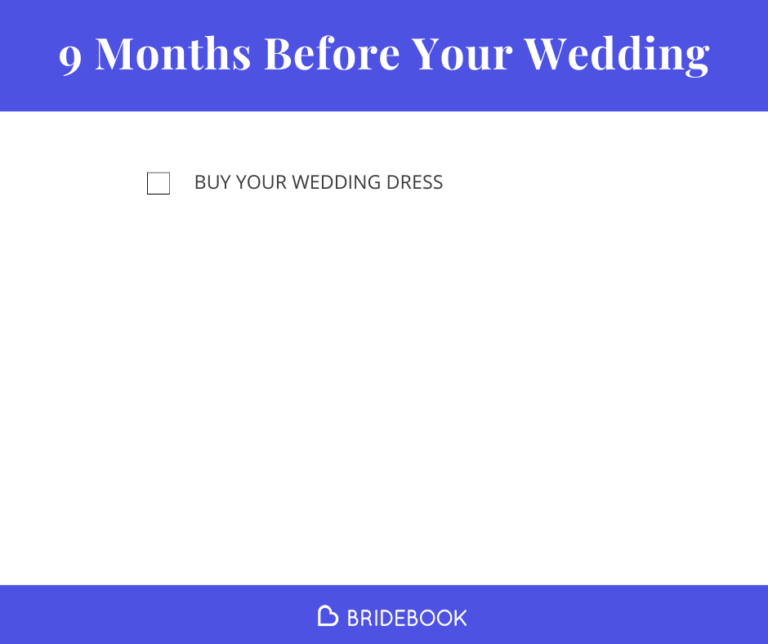
Buy your wedding dress
It’s time to pull the trigger on a dress, especially if it’s bespoke or has a complex or intricate design. Bespoke, handmade dresses can take up to six months to make, so get in there with plenty of time so you’re not spending the final few weeks ahead of your wedding sweating about whether or not it’ll be ready on time.
8 months before your wedding
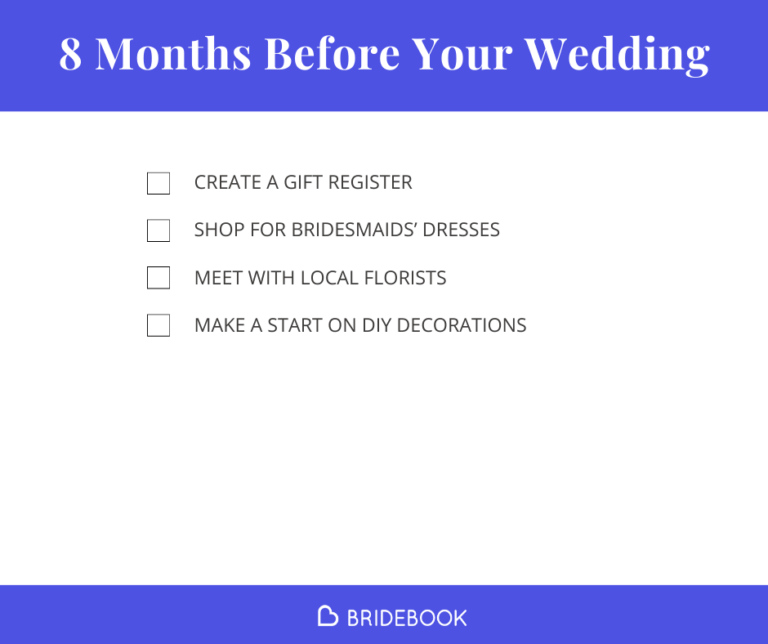
Create a gift register
You might not ask for or expect your guests to give you a wedding gift, but it’s likely that many of them will want to give you something to mark such a special occasion. So, to make sure you get things you want and will use (and to avoid guests doubling up on gifts), a gift register is recommended. This is especially important if you and your other half already live together and you have a lot of the homely stuff wedding guests like to give.
You can publish a gift register if you have a wedding website, or put one together using a dedicated service. View our list of the top nine wedding gift list ideas for a little inspiration.
Shop for bridesmaids’ dresses
Now that you have your dress chosen, you can start planning what the bridal party will wear to complement you. Not only should their outfits tie closely to your own attire, they should also link to your chosen theme and colour scheme.
Before you head out dress shopping, make sure your bridesmaids know if they’re expected to pay for their own dresses. Whether or not you choose to do this is down to you and your circumstances. For more information on this, read our article on what your bridesmaids should and shouldn’t pay for.
Meet with local florists to talk wedding flowers
Your wedding is probably going to be when you spend the most amount of money on flowers at any one time. For that reason, you’ll want to meet with a few local florists to see what they can do for you. Choose a florist who understands the vision you have for your wedding, but also allow them to use their experience, expertise and creativity to create beautiful, show-stopping flower arrangements.
Once you’ve found a florist you connect with that fits within your budget, pay a deposit to secure them for your big day. For more tips, read our post on how to choose a wedding florist.
Make a start on DIY decorations
One of the simplest ways to save money on your wedding is by hand-making a lot of your decorations yourself. This includes DIY invites, table numbers, place cards, bunting, signage, table centrepieces, paper flowers, and guestbook. With so much to do when planning a wedding, you might not have much time to spare, so save yourself unnecessary worry by starting early. There’s a ton of inspiration available online, and blogs and YouTube tutorials can help you with crafting techniques if you’re not sure where to start.
7 months before your wedding
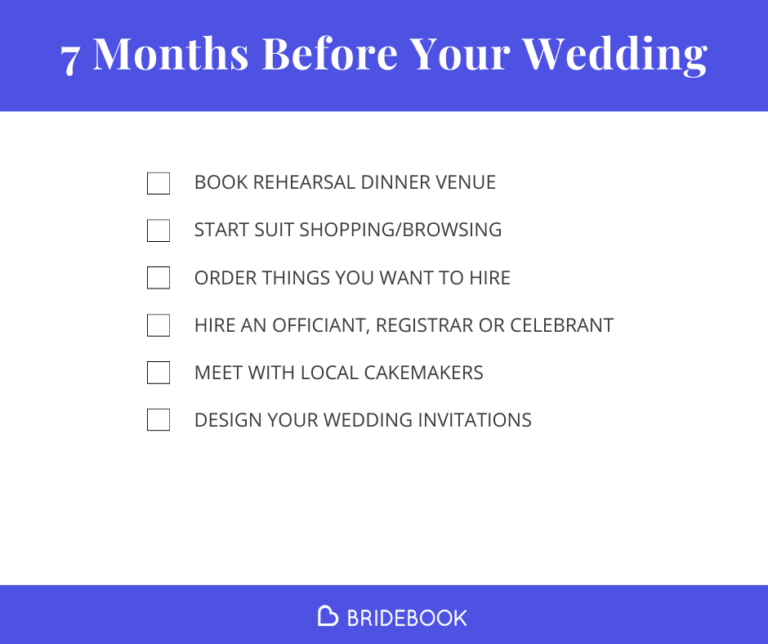
Book the venue for your rehearsal dinner
In the UK, it’s not common for there to be a rehearsal dinner before the wedding – after all, it’s yet another thing to pay for and organise. However, they are starting to become more popular, so if it’s something you’re keen to include, you’ll want to book something with plenty of time to spare so you secure a venue big enough for your entire guest list.
Start suit shopping/browsing
It’s time to start the search for the ideal suit or tuxedo, so take the time to try on a variety of different outfits and combinations until you find something that you’re comfortable with, complements the dresses, fits with the colour scheme and is within your budget. It’s a challenging balancing act, which is why you shouldn’t leave it too late.
Put in your order for things you want to hire
Hiring things for your wedding is a brilliant way to save money. With so many items available to hire, you should start browsing and making bookings so it’s one less thing to worry about. Things you could consider hiring for your wedding include:
- Dress
- Suits
- Chairs
- Marquee
- Tableware
- Decor
- Lighting
- Photobooth
Hire an officiant, registrar or celebrant
If you’re having a religious wedding, the head of your place of worship will often officiate your wedding. However, if you’re having a traditional wedding ceremony, you’ll have a lot more flexibility about who takes on this role.
If you’ve chosen to hire a celebrant to add further personalisation to your ceremony, you’ll want to speak with several to find one you click with. You’ll meet with your chosen celebrant a couple of times ahead of your wedding as they ask you questions and really get to know you. That way, they can make your ceremony as custom and personal as possible.
If you have a particularly confident friend or family member whom you’d love to include in your wedding, you could even ask them to be your celebrant. A celebrant can’t legally marry you, so it’s worth bearing in mind that you will also need a registrar to make sure everything goes by the book.
Meet with local cakemakers
By now you’ll have a picture of your perfect wedding cake in your mind. You might prefer a towering and elegant three-tiered cake or an eye-catching novelty cake. You could even go with a Colin the Caterpillar if that’s how you roll (get it?). Whatever type of cake you want to go with, research local cake makers who make wedding cakes of a similar style. Arrange to meet a couple so you can talk through your vision and taste a few samples (bonus!). Once you’ve found your perfect match, pay your deposit and let them know when and where they need to deliver it (unless you choose to collect it to save a little money).
Design your wedding invitations
With everything coming together, you can start to design your official invitations. Whether you’re designing these yourself or hiring a professional to do them for you, make sure they fit your style and theme, and include everything related to the who, what, where and when of your wedding. You’ll also need to let recipients know how to RSVP (and by when), whether it’s returning a postcard to you, using your wedding website, or contacting you via an email address. If you’re offering a choice of food options, make sure to make this clear as well.
Read our ultimate guide to wedding invitations for information on creating the perfect invitations.
6 months before your wedding
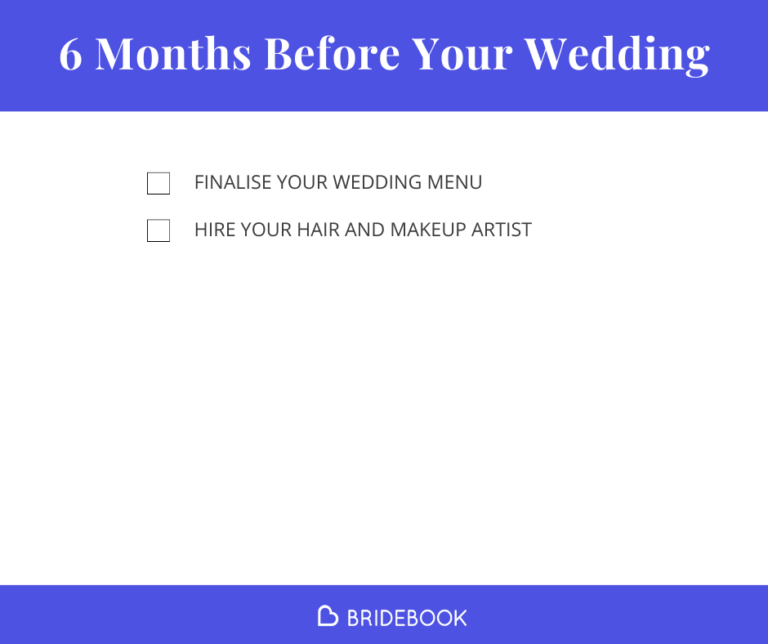
Finalise your wedding menu
Speak to your caterers about your final menu choices, which might mean squeezing in one last tasting session. Remember to offer options for vegetarians and vegans, as well as those with allergies or intolerances. This includes choosing the food for the breakfast, evening buffet, canapés, wine, fizz and desserts.
Hire your hair and makeup artist
With just six months to go before your wedding, you’ll need to start thinking about hair and makeup. If you’d like a professional to do if for you, which we recommend if it suits your budget, then book them for your wedding and a trial session if possible with about six months to go.
5 months before your wedding
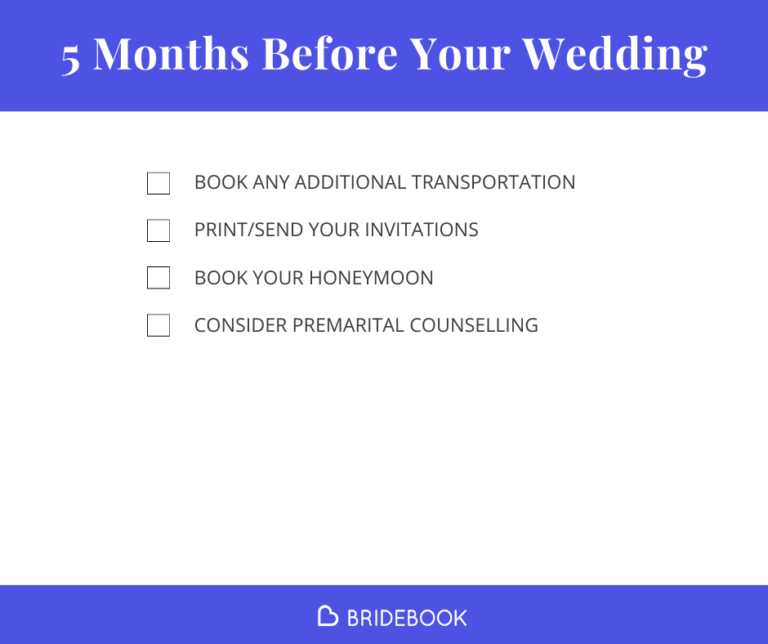
Book additional transportation if necessary
If your wedding takes place across various venues, you may choose to put on transportation for your guests to help with the overall logistics of the day. It also prevents guests from stressing about where to go and when, and whether or not they’ll find a parking space. Coach hire is simple to arrange, and if it’s something you’re organising make sure to note it in your invitations so guests know exactly what’s happening on the day.
Print and send your invitations
With your food choices set in stone, you can finish your invitations. You may choose to print these so they look perfectly uniform, write them by hand for that personal touch, or hire a calligrapher for an elegant and professional finish.
Once you have your invites and you’re happy, you can get them in the post. Just be prepared to lick a lot of envelopes (or invest in a good glue stick)!
Book your honeymoon
For many couples, a honeymoon is a non-negotiable. Not only is it a great way for the two of you to spend time alone and celebrate your marriage, but you’ll also need a break after a couple of busy years planning your wedding.
If your budget allows, book your honeymoon at least five months before your wedding. However, if you’re looking to go somewhere popular during peak travel season, you may want to do it sooner. The only thing is, if you book it too early and end up with unexpected wedding expenses, you don’t want to be faced with the disappointment of scaling back your honeymoon, or worse, cancelling it altogether. Booking with around five months to go before your wedding should give you a good idea as to how much budget you have to dedicate towards your well-deserved break.
Consider premarital counselling
This isn’t for everyone, but counselling doesn’t have to be limited to couples who are struggling. Counselling helps you communicate and prevents issues from developing. Marriage is a big change and counselling can help you with this transition. If it’s not something you feel is needed, then don’t feel pressured to, but if you are considering premarital counselling then you’ll want to start it with several months to go.
4 months before your wedding
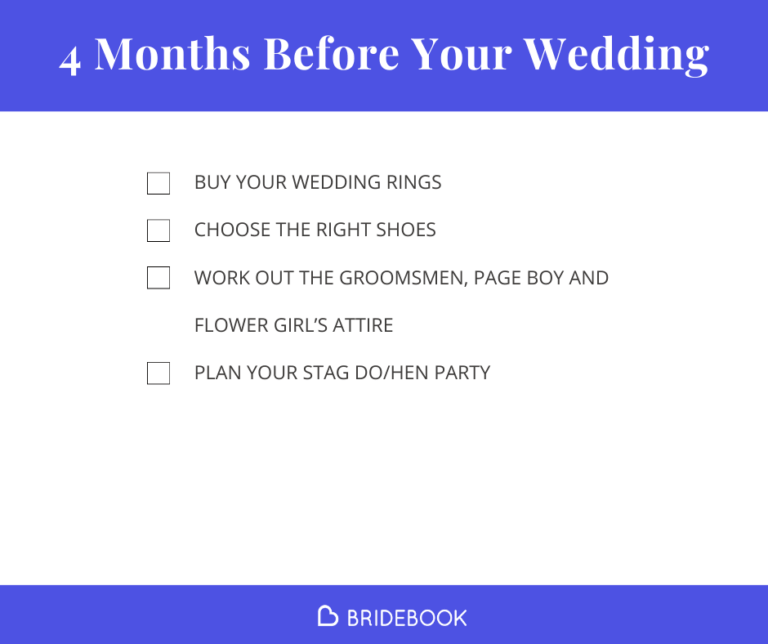
Buy your wedding rings
If you and your partner have chosen to exchange and wear wedding rings, now’s the time to get your ring fingers measured and choose your perfect wedding bands. The rings may need to be resized, so it’s important not to leave it too late. There are also a lot of different styles, designs and metals to choose from, which can fit a wide variety of budgets.
Choose the right shoes
From walking down the aisle at the ceremony to dancing the night away at the reception, you’ll spend a large portion of your wedding day on your feet. Finding shoes that are both stylish and comfortable is vital to avoid blisters and aching feet.
Work out the groomsmen, page boy and flower girl’s attire
There are just a few outfits left to decide now, so coordinate what the groomsmen, page boy and flower girl (if you’re having them) will wear so they fit the style and colour scheme of your wedding.
Plan your stag do/hen party
Before your big day, the two of you might be keen on having a stag and/or hen night so you can have a bit of fun before settling into married life. This could be anything from a night out to a weekend away. The grander your plans are, the longer it’ll take to plan (and pay for), so bear this in mind. Talk to your best man and/maid of honour to discuss options and make bookings where necessary.
3 months before your wedding
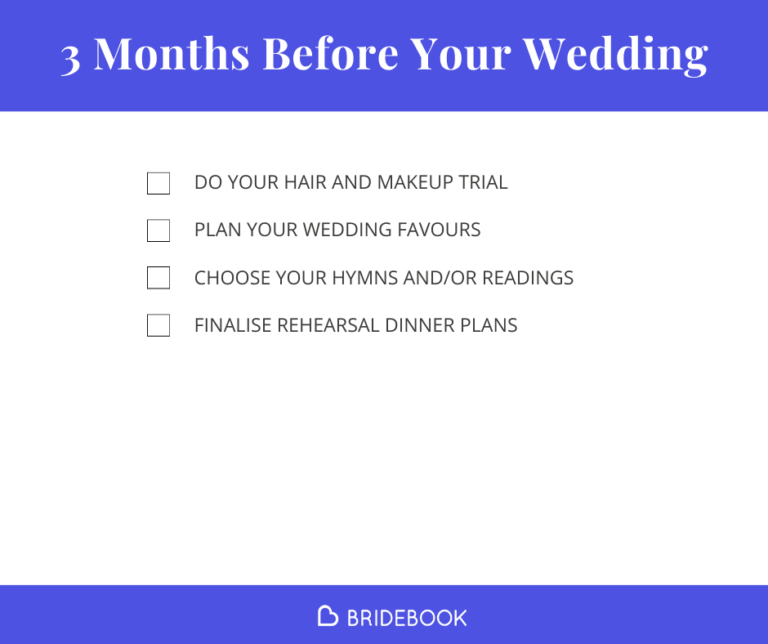
Do your hair and makeup trial
If you’re hiring a professional hair and makeup artist, it’s worth doing a trial session (you could even include your gal pals if they’re doing your bridesmaids’ hair and makeup too). That way, you can nail the look you want ahead of time so it’s not a case of trial and error on the morning of the big day. This is your opportunity to discuss exactly what you’re going for so you can achieve that look as close as possible.
Plan your wedding favours
If you’re planning on giving favours to your guests as a token of appreciation for them being at your wedding, you should think about what you want to do and how you want to do it. If you’re having something bespoke created or going down the DIY route, these things take time.
Choose your hymns and/or readings
Speak to your officiant or celebrant about whether you’d like to have hymns or readings at your wedding ceremony. If you’d like a friend or family member to perform a reading, such as a poem or extract, you should approach them to let them know what you’d like them to do. You might also want to give them a copy of the reading ahead of time in case they’d like a few practice runs.
Finalise rehearsal dinner plans
If you’ve decided to go down the rehearsal dinner route, you’ll need to make sure everything’s ready. This includes the food, seating plan, attire and whether you’d like anyone to say a few words. Rehearsal dinners are far more relaxed than your actual wedding, but there’s still a loose structure that you may wish to stick to, which does require a little attention.
You may want to invite your officiant and celebrant to the rehearsal, so make sure they know about it in plenty of time if so.
You may also want to send formal invitations to the rehearsal dinner, or include these in your wedding invitations. Because they’re far more relaxed, a text message can also do the trick.
2 months before your wedding
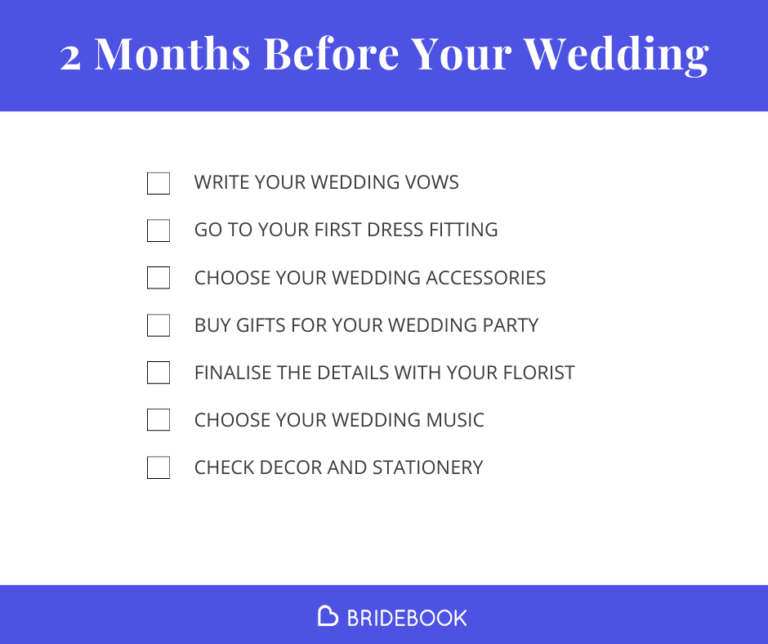
Write your wedding vows
By now, you’ll have discussed with each other (as well as with your officiant and/or celebrant) whether you’re writing your own vows or using something a little more traditional. There’s no right or wrong answer to this – only what’s right for you.
If you’ve chosen to write your own vows, we implore you not to leave it too late – and especially don’t try to wing it on the day. Writing your own vows is a highly-personal and sometimes challenging task. Getting exactly how you feel in your head and heart down on paper can be more challenging than you might assume. With an early start you can make changes to them over time. Refine, tweak, cut, add. It’ll likely be a work in progress right up until the last moment.
Go to your first dress fitting
There’s only around eight weeks to go now, so things will start to feel very real. No more so will it hit you than when you go to your first dress fitting. This allows the seamstress to make changes and alterations to make sure your dress fits you perfectly on the big day.
Choose your wedding accessories
To complement your wedding attire, you’ll want to think about what accessories you’ll wear too. For the bride, this might be a clutch, bracelet, necklace, tiara and veil. You’ll also need to choose your wedding day underwear – especially a bra that fits comfortably and suits the style of your dress.
For the groom, you can wear a tie, pocket square, watch, cufflinks, socks and belt. These should all be co-ordinated to fit the style and colour scheme of your wedding.
Buy gifts for your wedding party
As a token of gratitude, you may want to give members of your wedding party a small gift to thank them for their love and support. It doesn’t need to be something big: some flowers or a bottle of wine is often more than enough (or a toy or game if they’re on the younger side). It’s common for couples to give a gift to the:
- Groom’s mum
- Bride’s mum
- Groom’s dad
- Bride’s dad
- Maid of honour
- Best man
- Bridesmaids
- Groomsmen
- Flower girls
- Page boy
Finalise the details with your florist
With just a couple of months to go, speak to your florist about the final details, including when and where to deliver and set up the flowers. If you have the budget, you might also want to arrange for mock-ups so you can see your design in person and make any tweaks. But, this does cost, so isn’t something many couples choose to do.
Choose your wedding music
Music plays a huge role in your wedding, from the music you walk down the aisle to, to the tunes you throw shapes to throughout the evening. Whether you’ve chosen to hire a DJ, band, harpist, solo musician or something else, you should make your final decisions and let the vendor know. The music you should think about includes:
- Welcome music at the venue
- Bride’s entrance music
- Processional music
- Music while you sign the register
- Recessional music
- Wedding breakfast music
- Evening reception music/playlist
Check you have all the decor and stationery
Having already organised so many huge things for your wedding, it’s important that you don’t overlook the smaller things too. Everything from cake toppers to table numbers should be bought, rented, borrowed or dug out of the loft and kept safely together so you have everything ready to take to the venue. The key items to think about include:
- Table numbers
- Place names
- Centrepieces
- Guestbook
- Cake stand
- Cake topper
- Welcome sign
- Card or gift bag/box
- Pillow for the page boy
- Basket and petals for the flower girls
1 month before your wedding
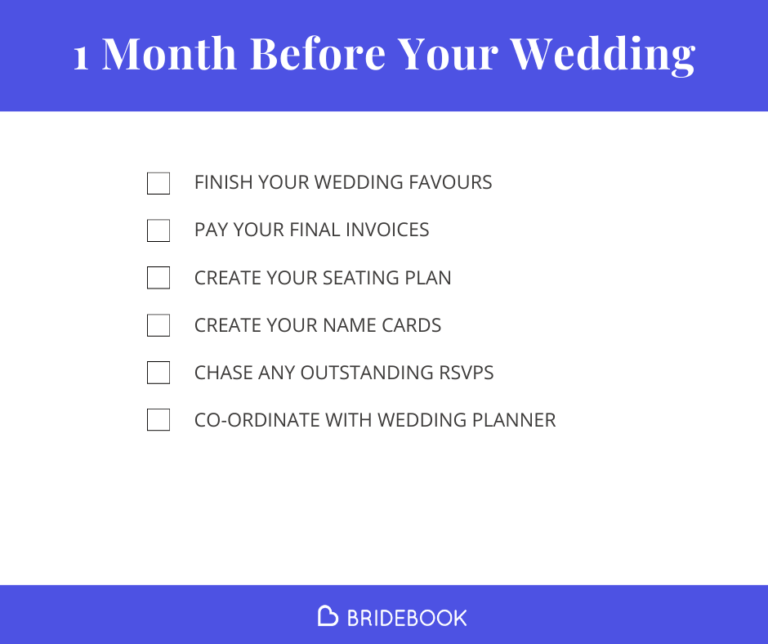
Finish your wedding favours
Not long to go, now. Add the finishing touches to your favours so they’re ready to distribute before your guests sit down at the breakfast. For a bit of inspo, read our posts on 29 ideas for wedding favours and how to save money on wedding favours.
Pay your final invoices
Okay, time for the hard part. You paid your deposits more than a year ago, but now it’s time to pay those invoices in full (unless the agreements specified otherwise). Don’t assume every vendor is the same, as they’re all likely to have different payment terms. The last thing you want is to lose out on a vendor because you didn’t read their payment terms, so make sure you pay in full and on time. It’s going to suck paying out so much money around a similar time, but it’ll definitely be worth it when your wedding is everything you dreamed it would be.
Create your seating plan
By now, you should have (hopefully) 98% of your RSVPs through, so you’ll have a great idea as to who is and isn’t coming to your wedding. You also probably already have thoughts about who should sit with whom and where you’d like them to be. Get those thoughts down on paper and work out the seating plan so it’s ready for the final tweaks once your last couple of RSVPs come through. Then, it’s ready to be printed (or sent to a designer if you’re hiring someone to do it for you).
Create your name cards
Along with the seating plan, you can create a list of names to either send to the printers or a calligrapher, or you can make them yourselves. If you’re having a go at calligraphy, it’s a skill that can take years to master, but with plenty of practice and a few YouTube tutorials, you might be able to create some lovely name cards.
Chase any outstanding RSVPs
You more than likely asked your guests to RSVP to your invitations way before now, but unfortunately, there will still be a few stragglers who either forgot, weren’t sure whether they could make it, or their responses got lost in the post. A gentle reminder is usually enough to give potential guests a nudge to respond and get you a complete list of who can make it to your wedding.
Meet with your wedding planner to go through everything
If you’ve hired a wedding planner, now’s the time to meet with them again and go through everything to ensure your must-haves and nice-to-haves are all in place. If you’re lucky and your planning’s gone smoothly, there shouldn’t be any dramas, but don’t be surprised if there are one or two things to sort out.
If you don’t have a wedding planner, you might want to meet with the events coordinator at your venue to check everything. With the wedding now just a few weeks away, if nothing else, meeting with the venue team can help steady your nerves and reassure you that everything’s hunky dory.
2 weeks before your wedding
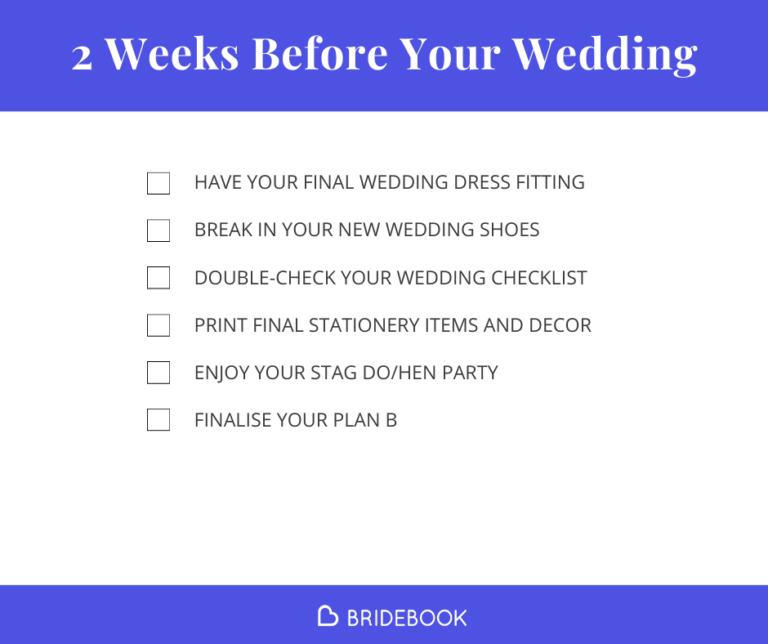
Have your final wedding dress fitting
It’s all starting to get very real now, so it’s time to get everything else finalised – starting with your dress. There might be one or two more very small alterations just to make sure your dress is perfect and you look as drop-dead gorgeous as possible.
If you can, ask your bridesmaids and maid of honour to go with you, not only for a bit of moral support and to share in your excitement, but also to learn how to bustle your dress if needed.
Wear your wedding shoes to break them in
Remember how we mentioned you’ll spend a lot of your wedding day on your feet so it’s important to have comfortable footwear? Well, part of that is breaking your shoes in. Wear them around the house for a couple of hours so they’re comfortable on the day, while avoiding the risk of scuffing or dirtying them before you’ve even had a chance to show them off.
Double-check your wedding checklist
Things are probably going well. You might feel super confident and like you’re on top of this whole wedding-planning malarkey. That’s great, but don’t get complacent – you still have time to sort things out if there’s something that’s
slipped your mind. Comb through your checklist, which is easy if you use a wedding checklist tool, to double-check that everything is exactly where it needs to be. If it’s not, then get a move on and sort it while there’s still time!
Print any final items of stationery or decor
Make sure any final items of stationery or decor are at the printers and that they’ll be delivered in plenty of time. This includes a welcome sign, place cards, personalised balloons and your seating plan.
Enjoy your stag do/hen party
If you and your partner are having a final blowout before the big day, make sure you push wedding planning out of your mind for just a little while to enjoy your stag do and/or hen night. Depending on what you have planned, it can be a good idea to have it a little earlier than this, but we recommend avoiding the week before and definitely the night before – the last thing you want on your wedding day is to nurse a hangover.
Finalise your plan B
Sometimes, things might not always go according to plan. If any part of your wedding day plans are risky or take part outside, make sure you know exactly what can and should happen should the worst outcome occur. Chances are you won’t need to rely on a contingency plan, but having one and not using it is way better than needing one and not having it.
1 week before your wedding
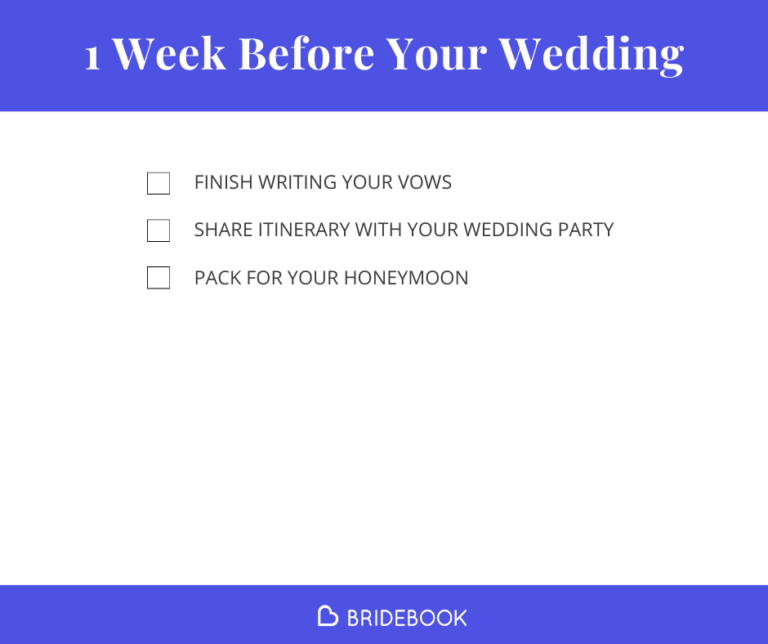
Finish writing your vows
If you made a start on writing your vows a couple of months ago, you should be almost there. It’s simply a case of dotting the i’s and crossing the t’s so you can get something down that’s personal to you and your feelings. When you’re writing your vows, the officiant will usually want to see them beforehand to make sure they don’t include anything you’re not supposed to.
Share your itinerary with your wedding party
With a matter of days remaining, members of your wedding party will start to ask questions about what’s expected of them. Share a copy of the wedding day itinerary with them so they know where they need to be and when. That way, everyone’s on the same page and no one’s asking last-minute questions.
Pack for your honeymoon
If you’re jetting off on your honeymoon not long after your wedding day, do as much packing as you can before the wedding excitement gets too much and you end up forgetting important stuff you need with you on holiday, like sun cream or your passport.
3 days before your wedding
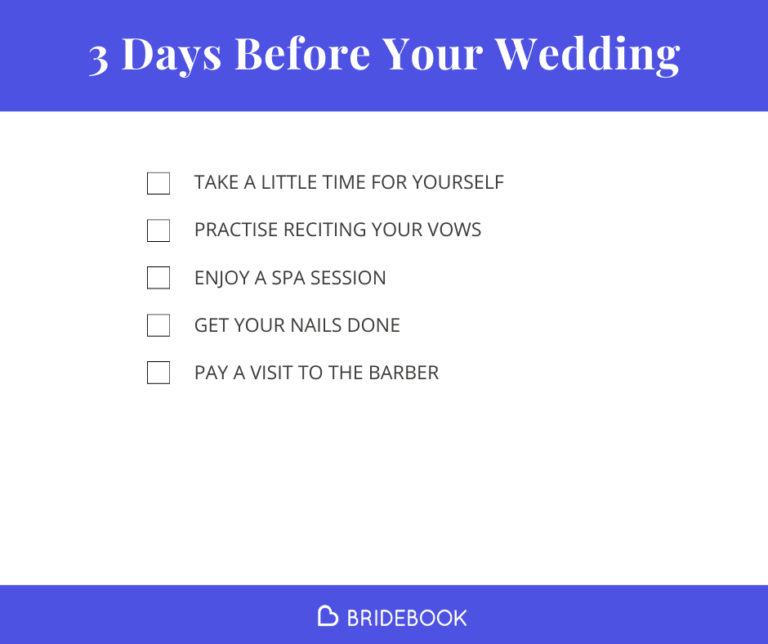
Take a little time for yourself
You have just days left of single life, so if you have the time (and annual leave) to spare, take a couple of days off to chill out and unwind. It’ll also be a good opportunity to finish off any last-minute bits you’ve been putting off.
If taking time away from work isn’t doable (which is possible if you have your honeymoon after the wedding) then at least speak to your boss and ask them to keep your workload light. Taking on stressful or time-consuming projects might cause a few pre-wedding headaches which you’ll want to do your best to avoid.
Practise reciting your vows
If you’ve written your own vows, once your officiant has given you the thumbs up, you should practise saying them out loud. This keeps things a lot more natural and loose, and helps you identify if there are some tongue-twisters or lines you’re likely to trip up on.
Enjoy a spa session
This one is definitely a nice-to-have rather than a must-have, but a trip to the spa for a massage and some relaxing treatments can do wonders to spoil the mind, body and soul before your big day. Not only will it help you feel good, but it can also do wonders for your skin and complexion.
Get your nails done
We beg you, don’t leave your nails until the day of the wedding. Book an appointment with your favourite manicurist for at least the day before and talk through what you’d like. If you’re wearing open-toed shoes, you might also want to have a pedicure done at the same time.
Pay a visit to the barber
The groom shouldn’t leave it too late to visit the barber, unless it’s to get a professional wet shave on the morning of the wedding. A haircut a few days before the wedding should be more than fine.
2 days before your wedding
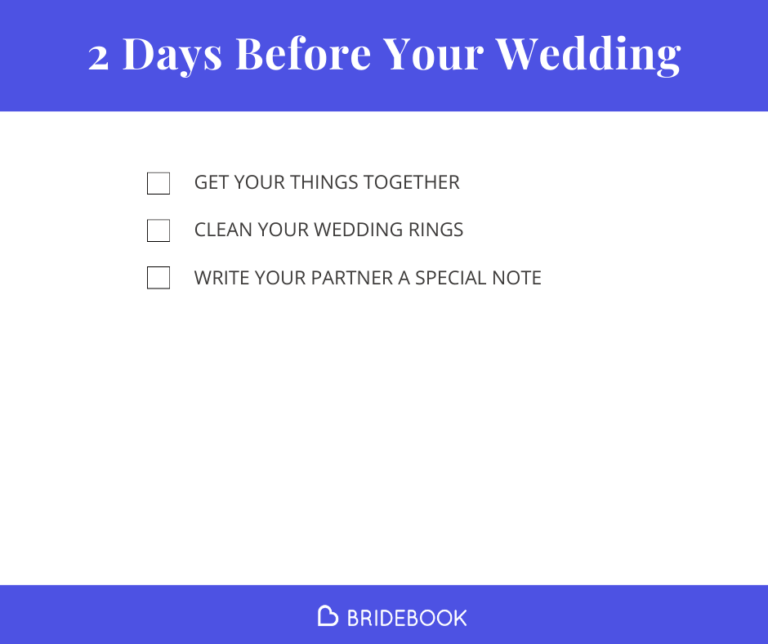
Get your things together
With just 48 hours to go, it’s time to put together everything you’ll need for the ceremony, breakfast and evening reception. Pack them carefully into boxes or bags so you can take them to the venue the day before the wedding (if you can).
You should also pack an overnight bag that includes everything for the morning of the wedding (including your wedding attire, of course) as well as clothes for the following day if you’re spending your wedding night in a hotel. Don’t forget your toothbrush!
Clean your wedding rings
You’ll soon have your wedding rings on your fingers and they’ll never look quite as flawless ever again (though they’ll never be any less loved). So, crack out your jewellery-cleaning kit and make sure your rings are shiny and fingerprint free.
Write your partner a special note
How are you feeling about your impending wedding day? It’ll probably be a combination of excitement, adrenaline and nerves. It’s also highly likely that your partner’s feeling exactly the same as you are.
If you’re sticking to traditions, you won’t see your partner on the morning of the wedding, so they’ll no doubt wonder what’s going through your mind – and vice versa. Let them know how much they’re loved and help calm their nerves with a note that tells them exactly that. You don’t need to write them something long-winded – just a short note that lets them know how excited you are to see them at the other end of the aisle before you spend the rest of your lives together.
1 day before your wedding
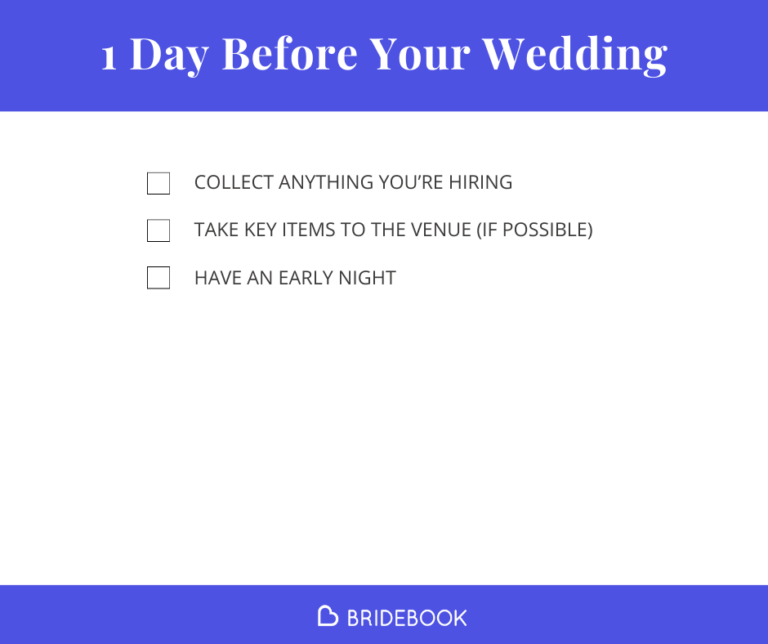
Collect anything you’re hiring
With just one day to go, it’s time to do those last-minute jobs – the first one being to collect anything you might be hiring, whether it’s a dress, a suit, decor or anything else. If it’s something big, like a marquee, you shouldn’t have to worry about it as the vendor will sort out delivery and set up/take down.
When collecting, make sure you’re 100% clear on the return agreement, so you’re not accidentally returning an item late (which can lead to hefty fees).
Take key items to the venue (if possible)
If your venue’s hosting an event the day before your wedding, this might not be possible, but if it is, you should be able to take items such as decor to the venue the day before so it’s one less thing to worry about. Speak to the venue’s events coordinator ahead of time to see what they can do.
Have an early night
Tomorrow’s going to be a BIG day, so give your partner a big kiss and a cuddle, then remind them about how much you’re going to miss them and how excited you are for the next day. With so much excitement (and a few nerves) it might be a challenge, but try to get an early night so you’re as fresh-faced as possible for the big day.
Your wedding morning has arrived
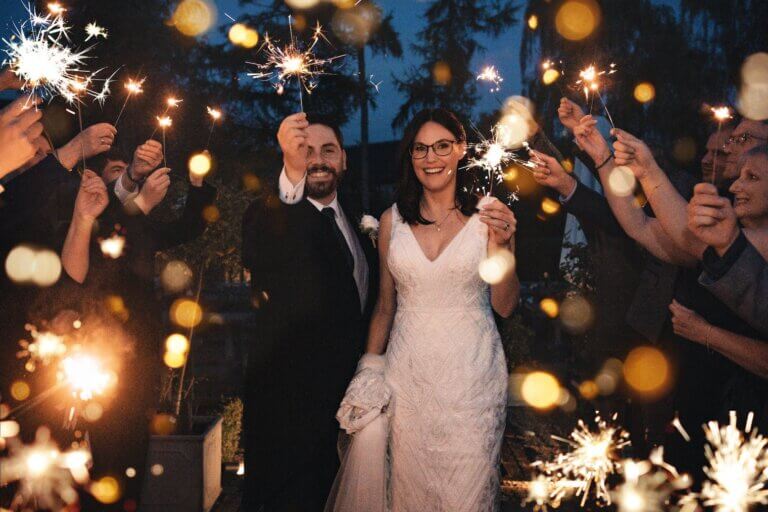
And that’s it, it’s time to get ready for your wedding and have the most incredible celebration of your life! All those many weeks and months of planning will finally come together and you’ll have a day filled with love and incredible memories. Just remember to enjoy it – it’ll go by as quick as a flash!
Plan your dream wedding with Bridebook
Are you getting ready to plan your own wedding? Sign up to Bridebook to access everything you need to plan your perfect day.
Browse other similar articles…
- The Ultimate Wedding Ceremony Guide
- The Ultimate Wedding Ceremony Order
- The Best Wedding Day Timeline
- How Long is a Wedding Ceremony?
